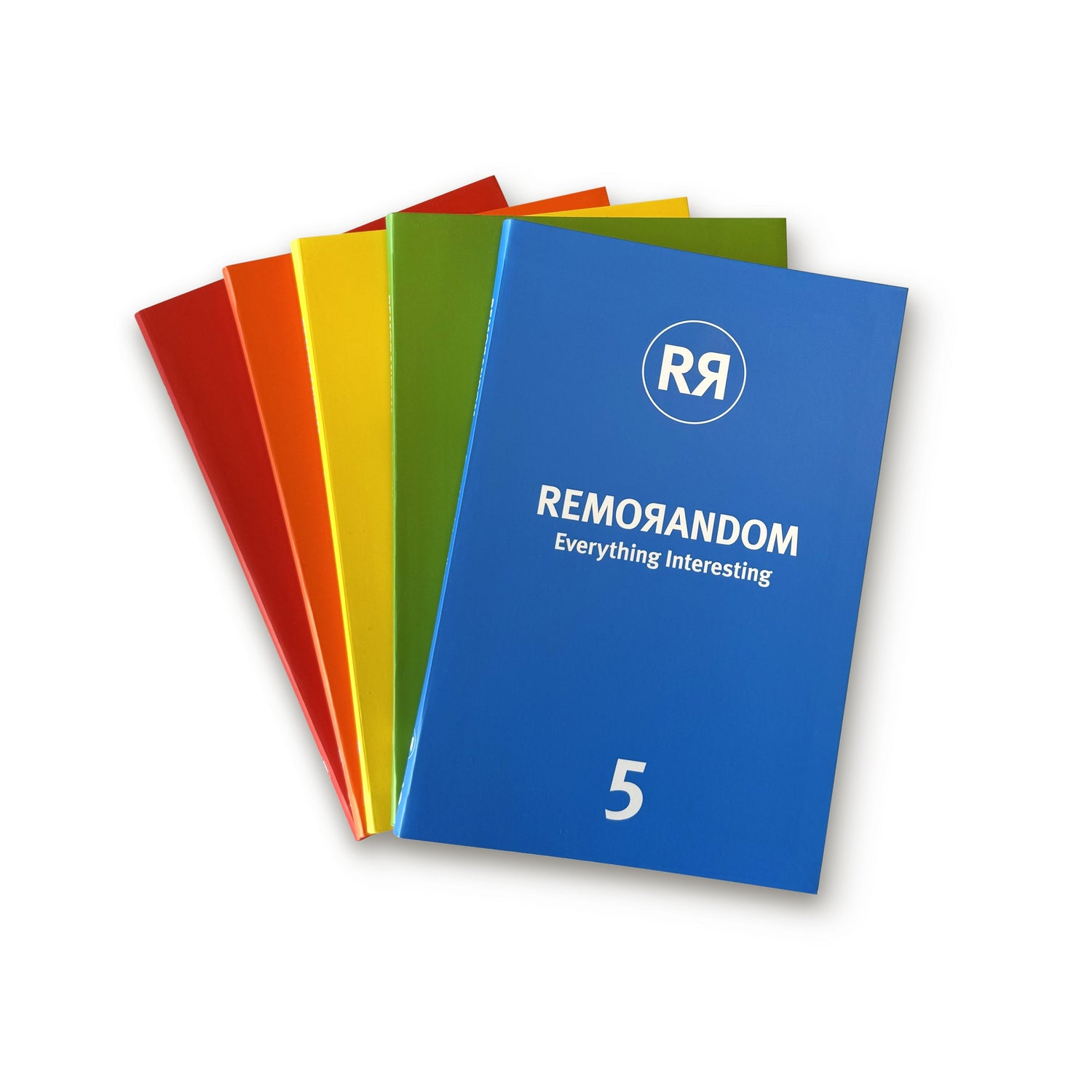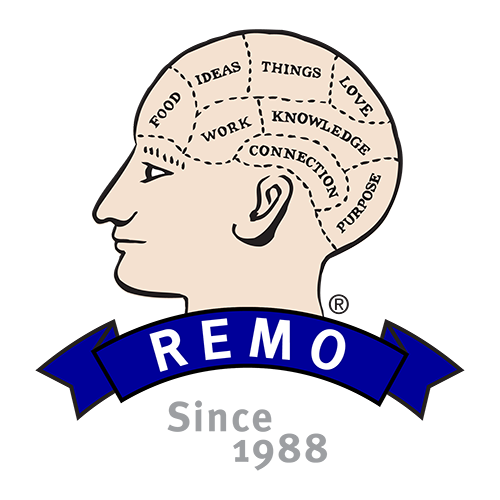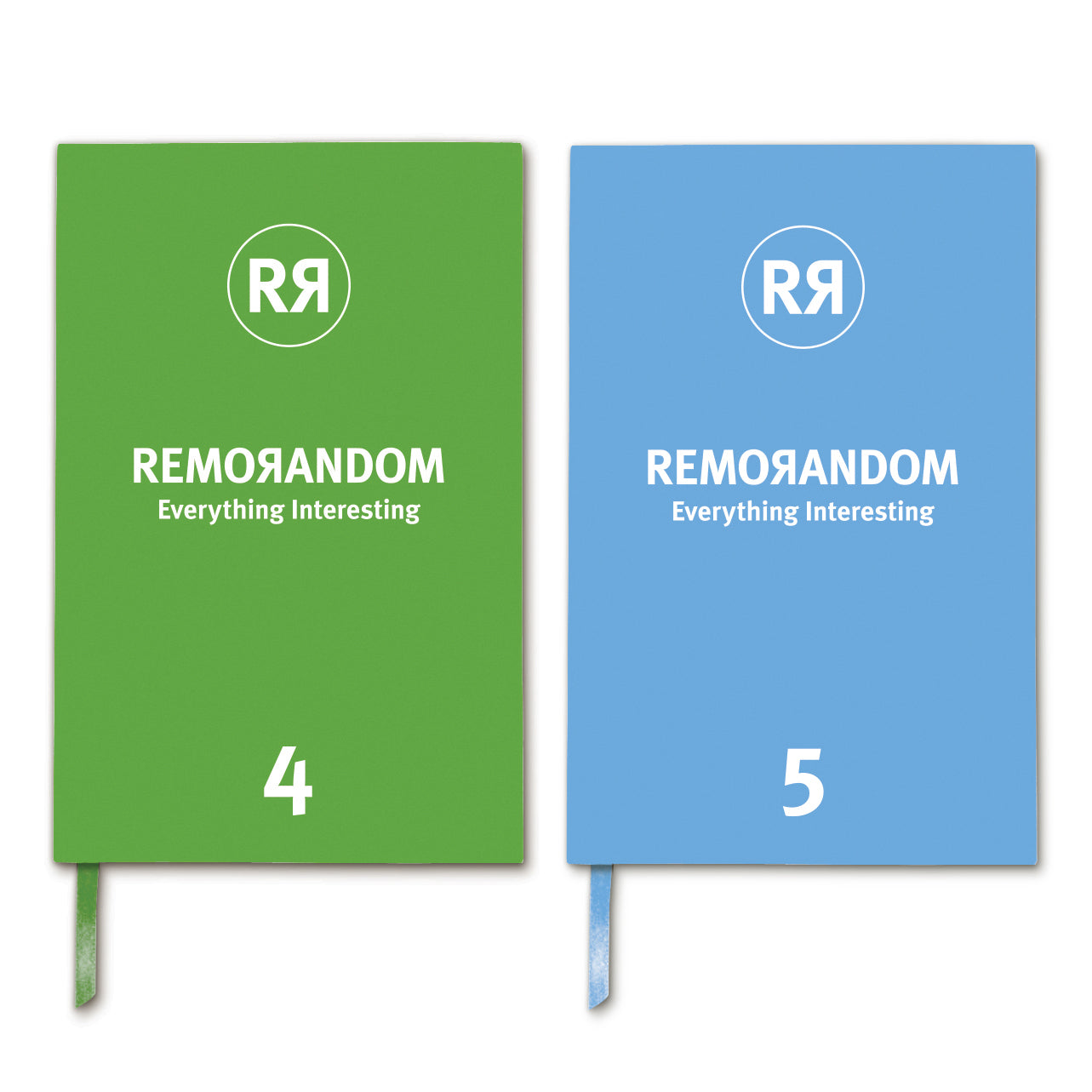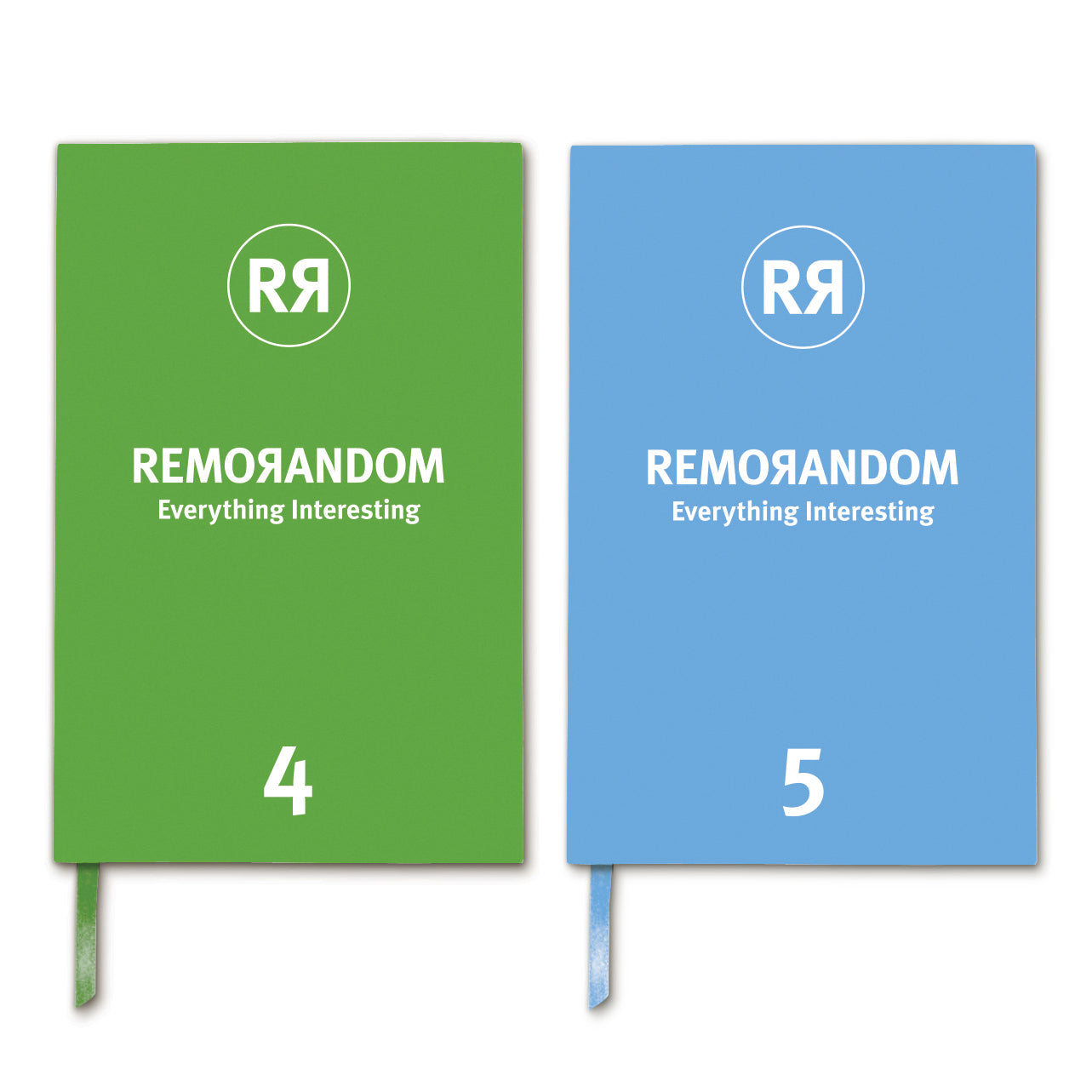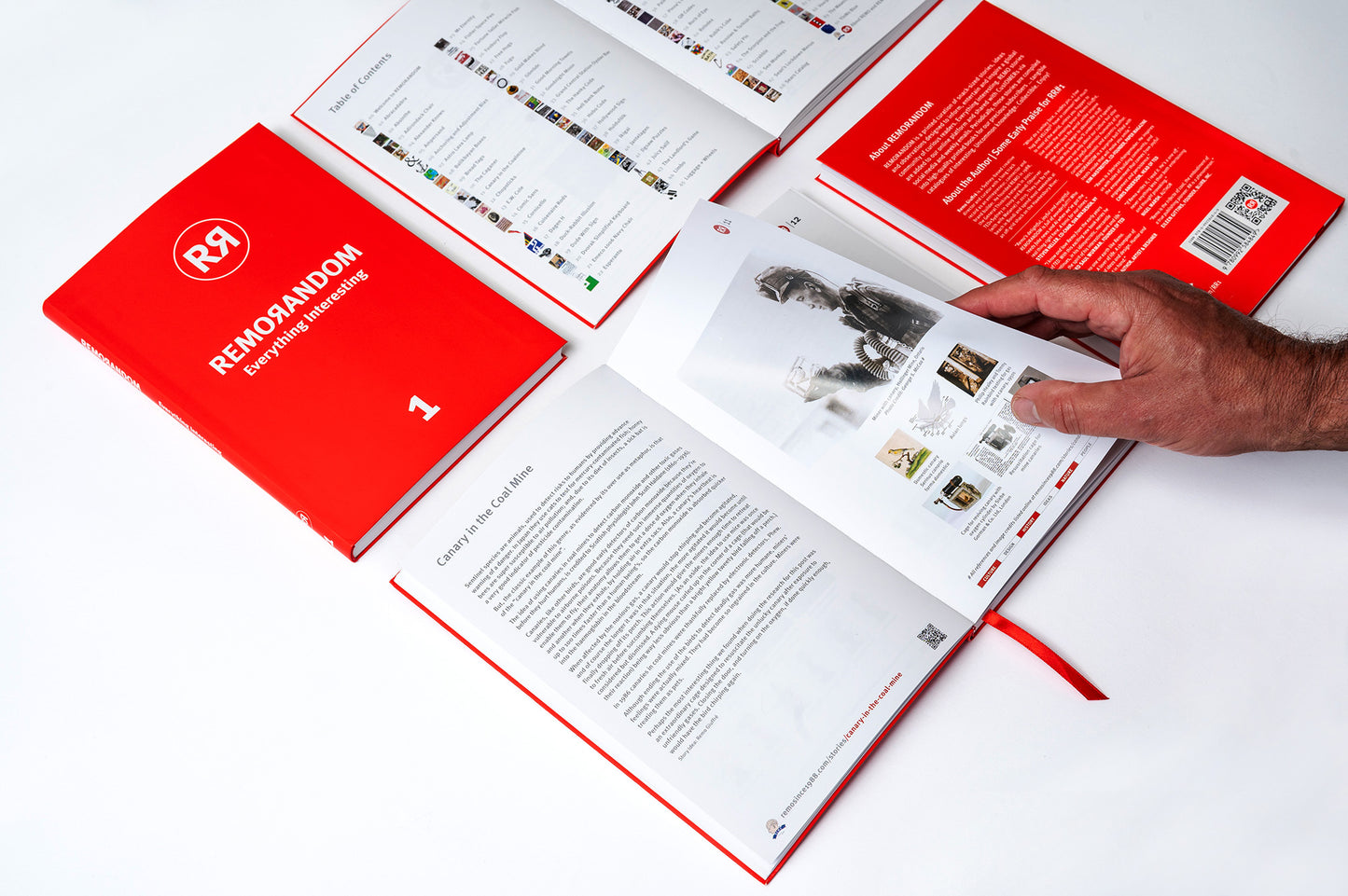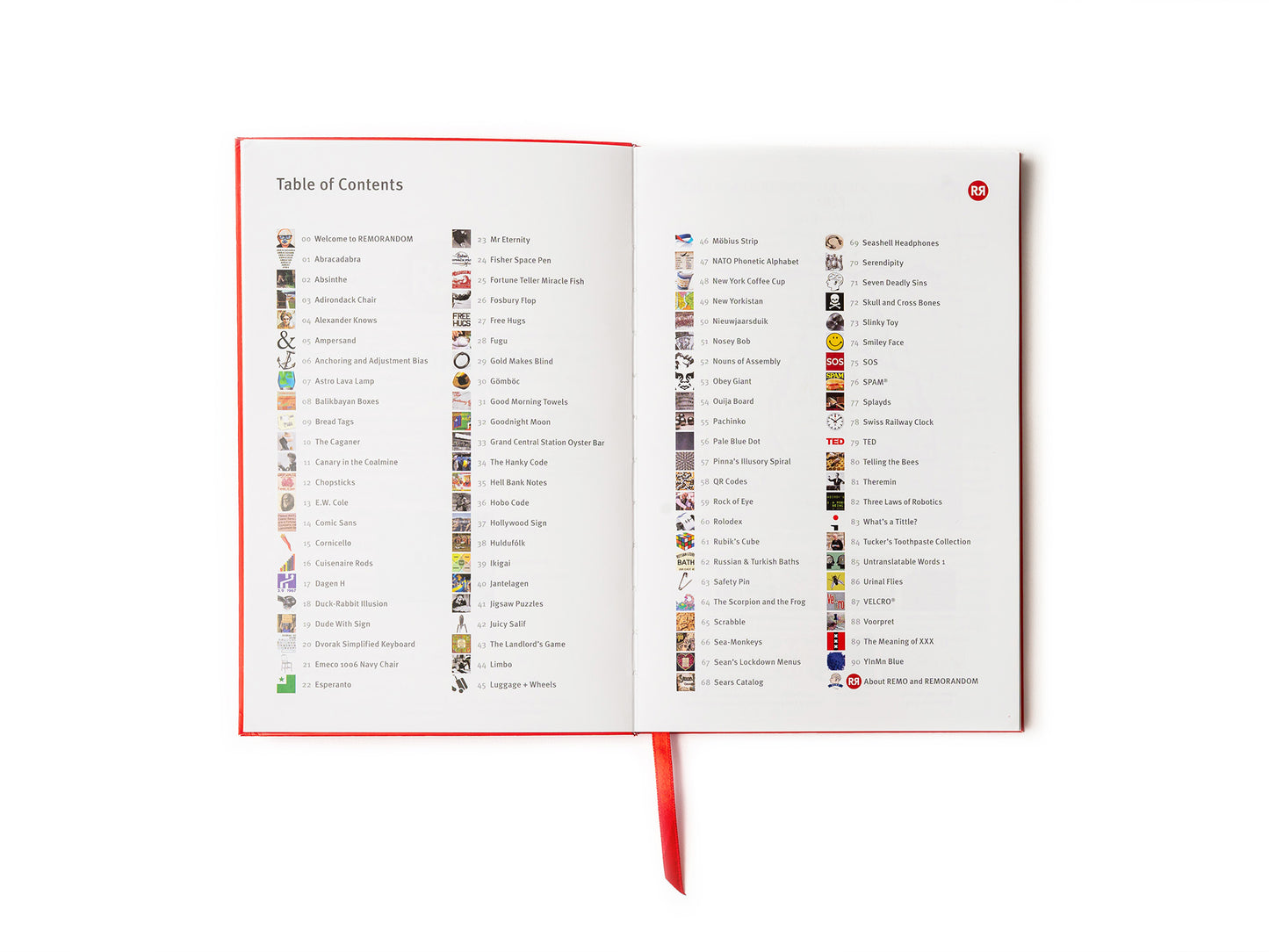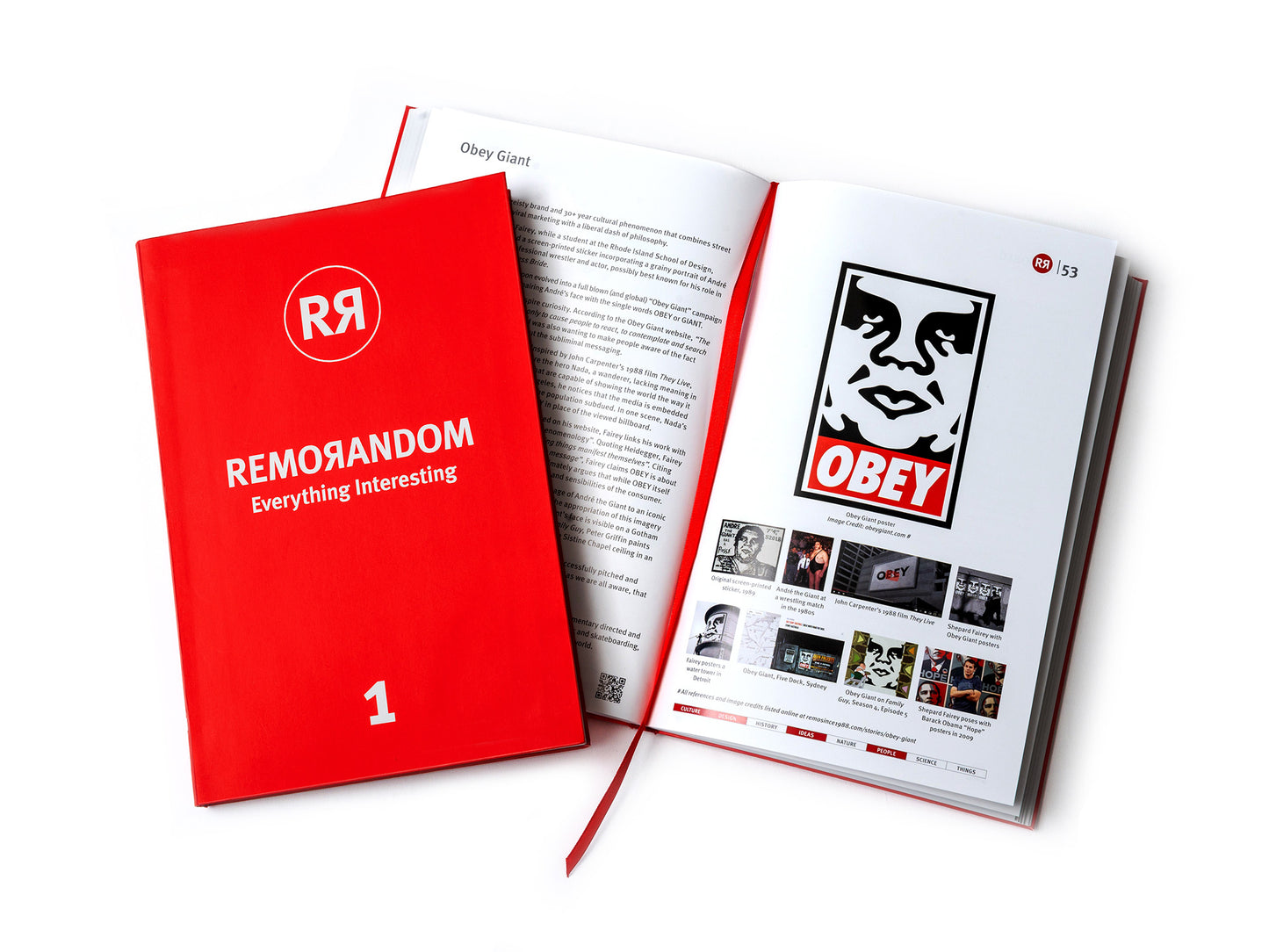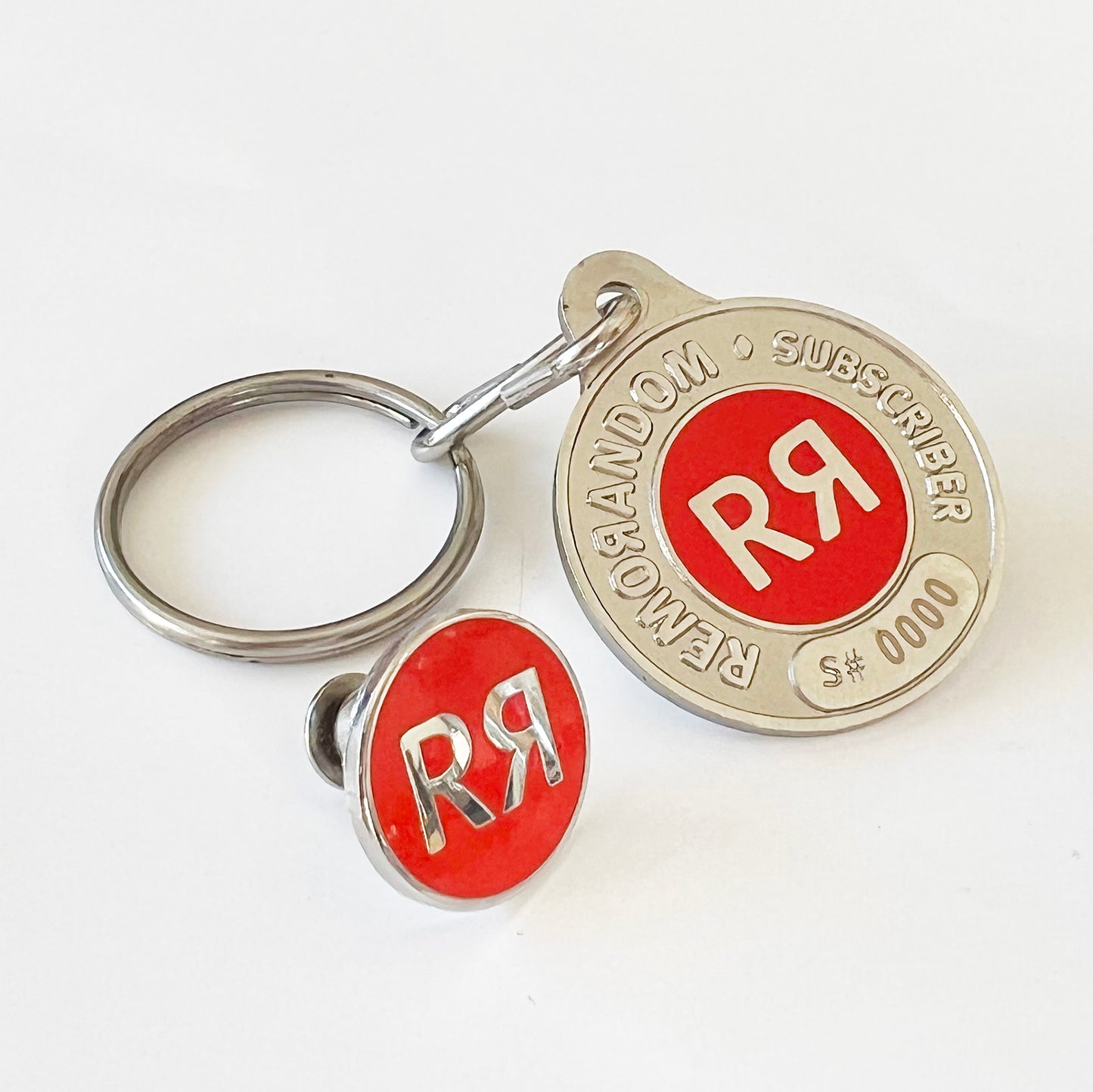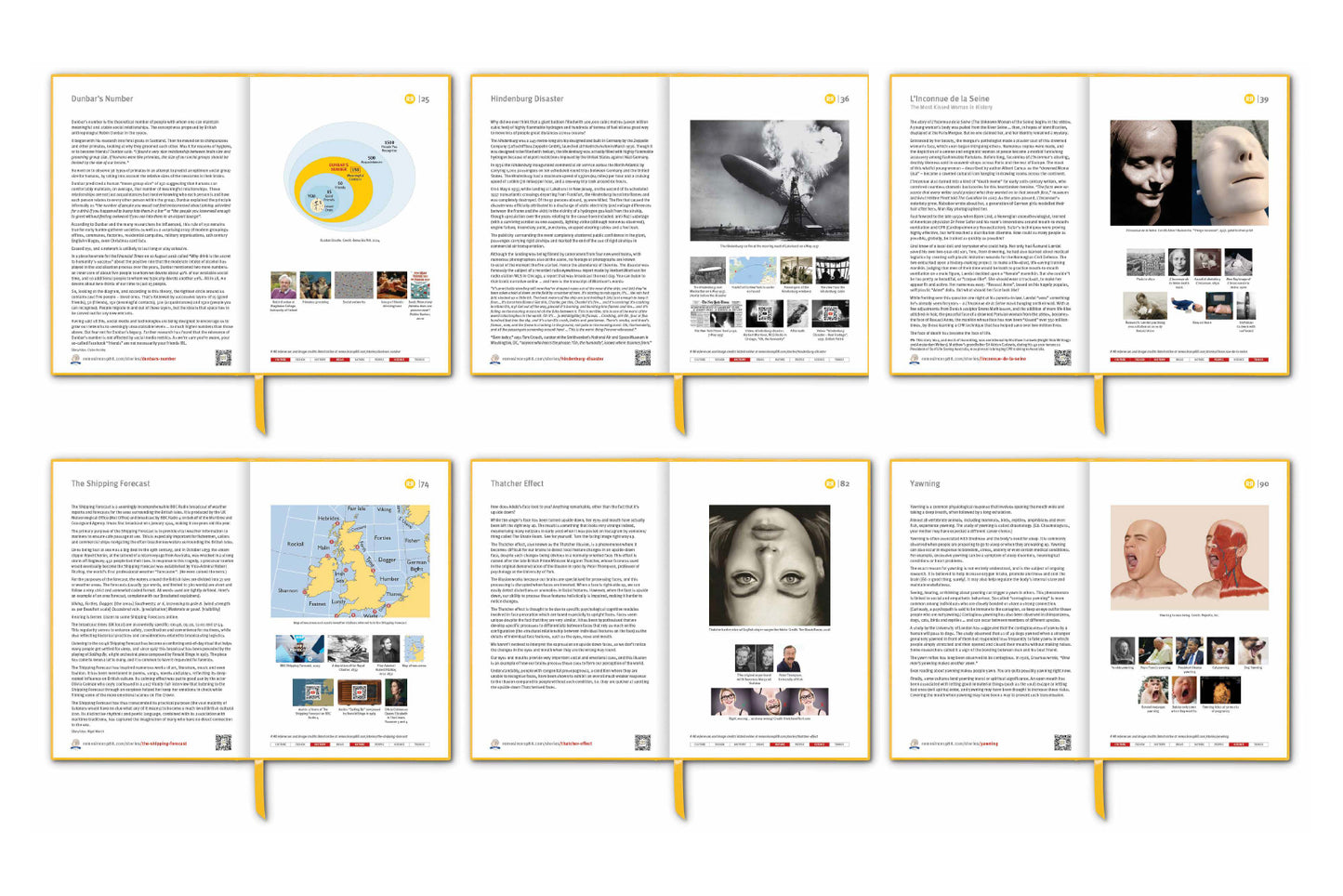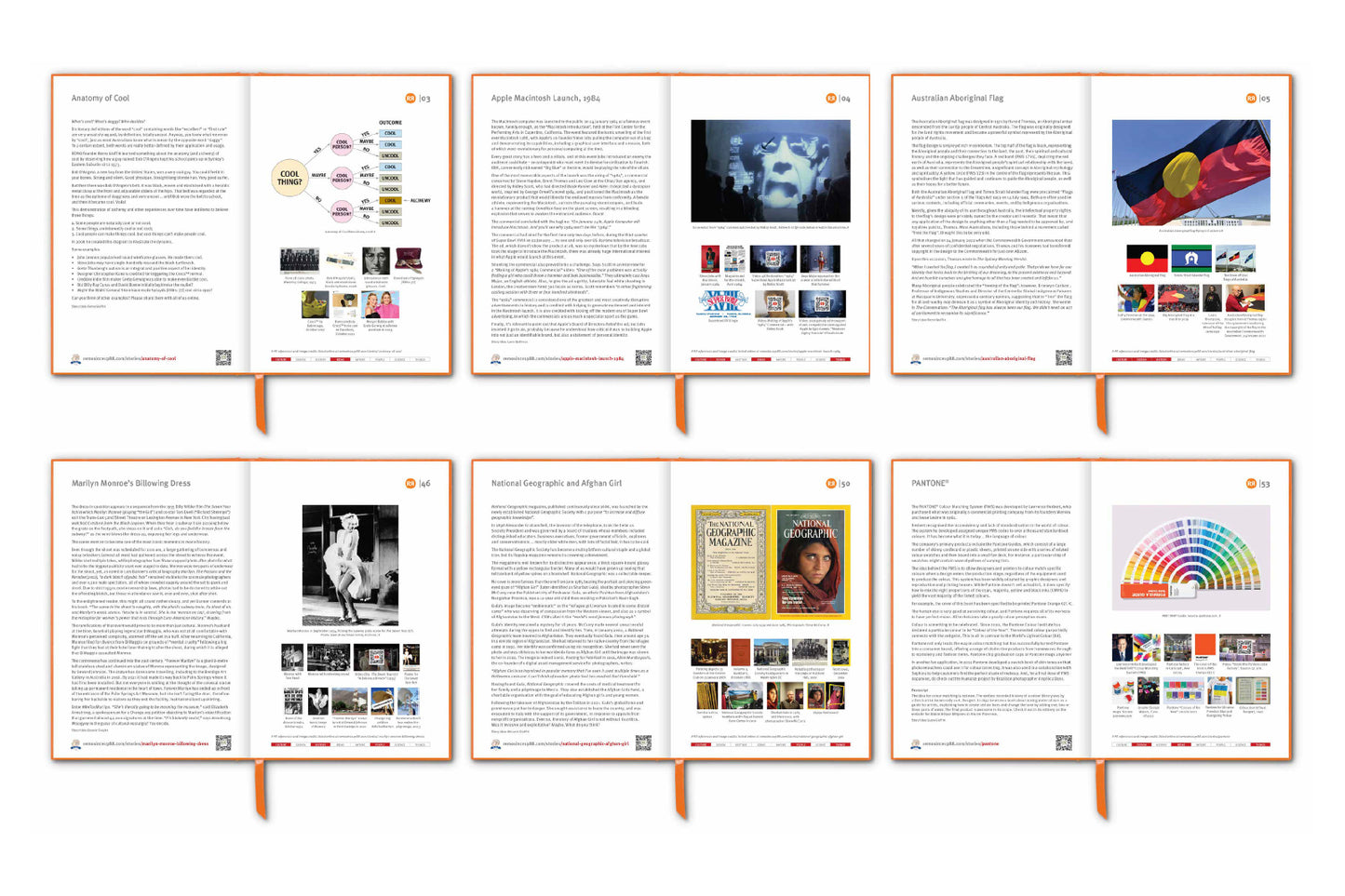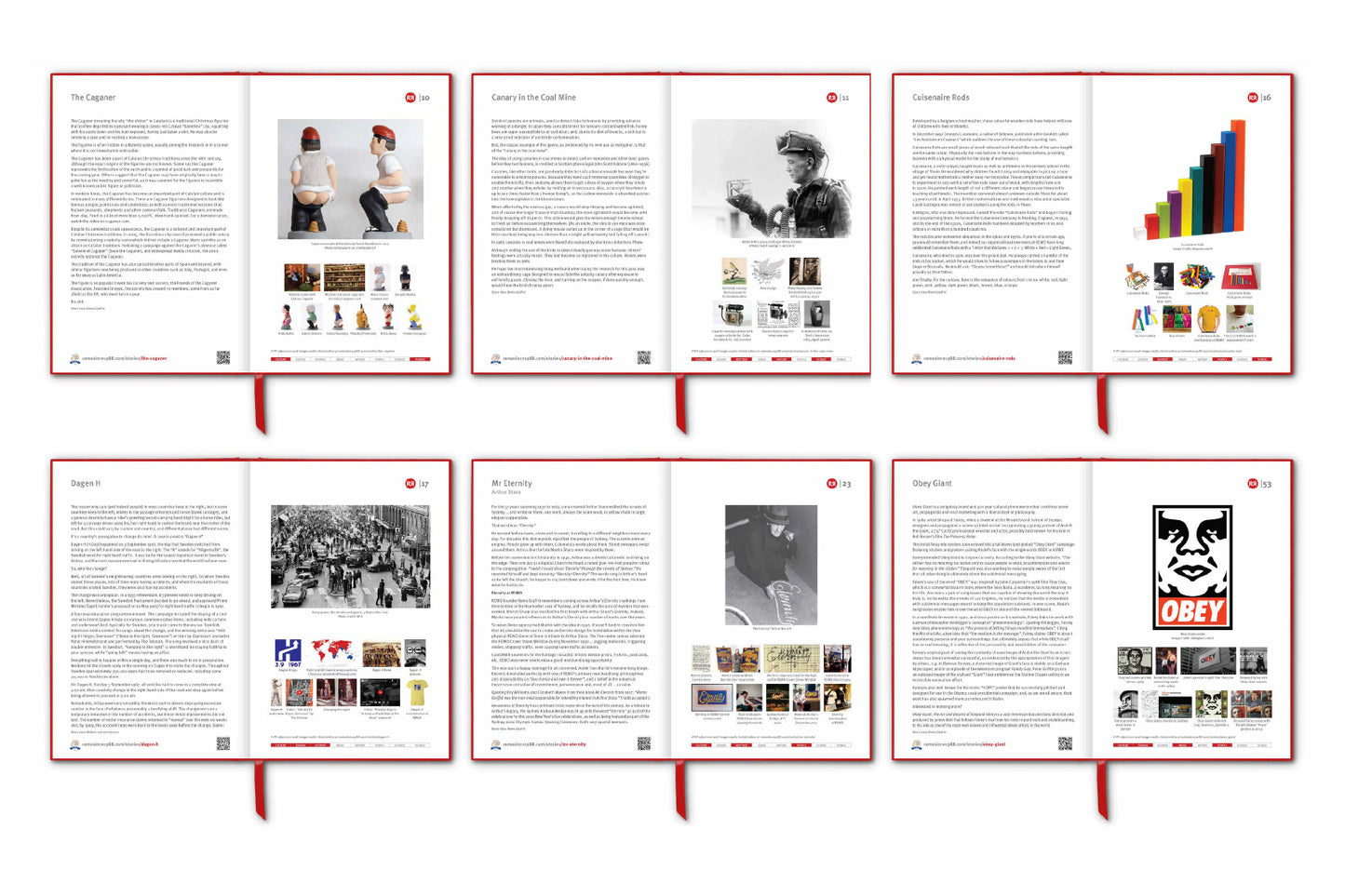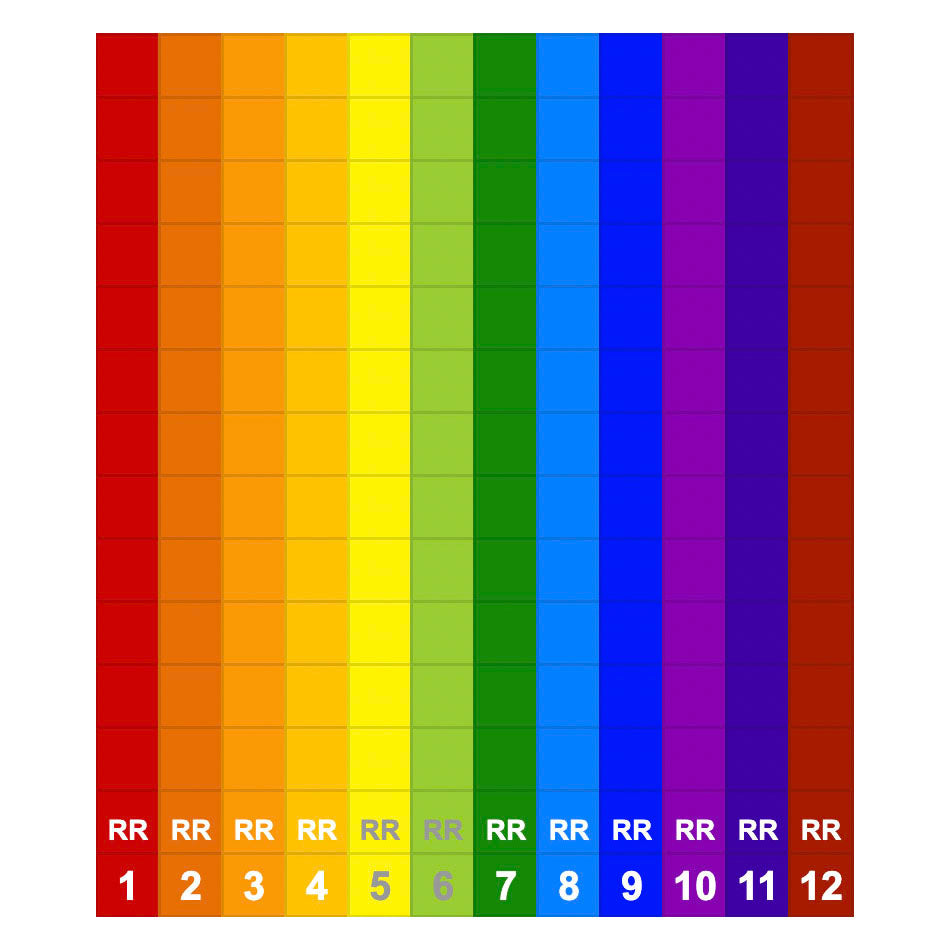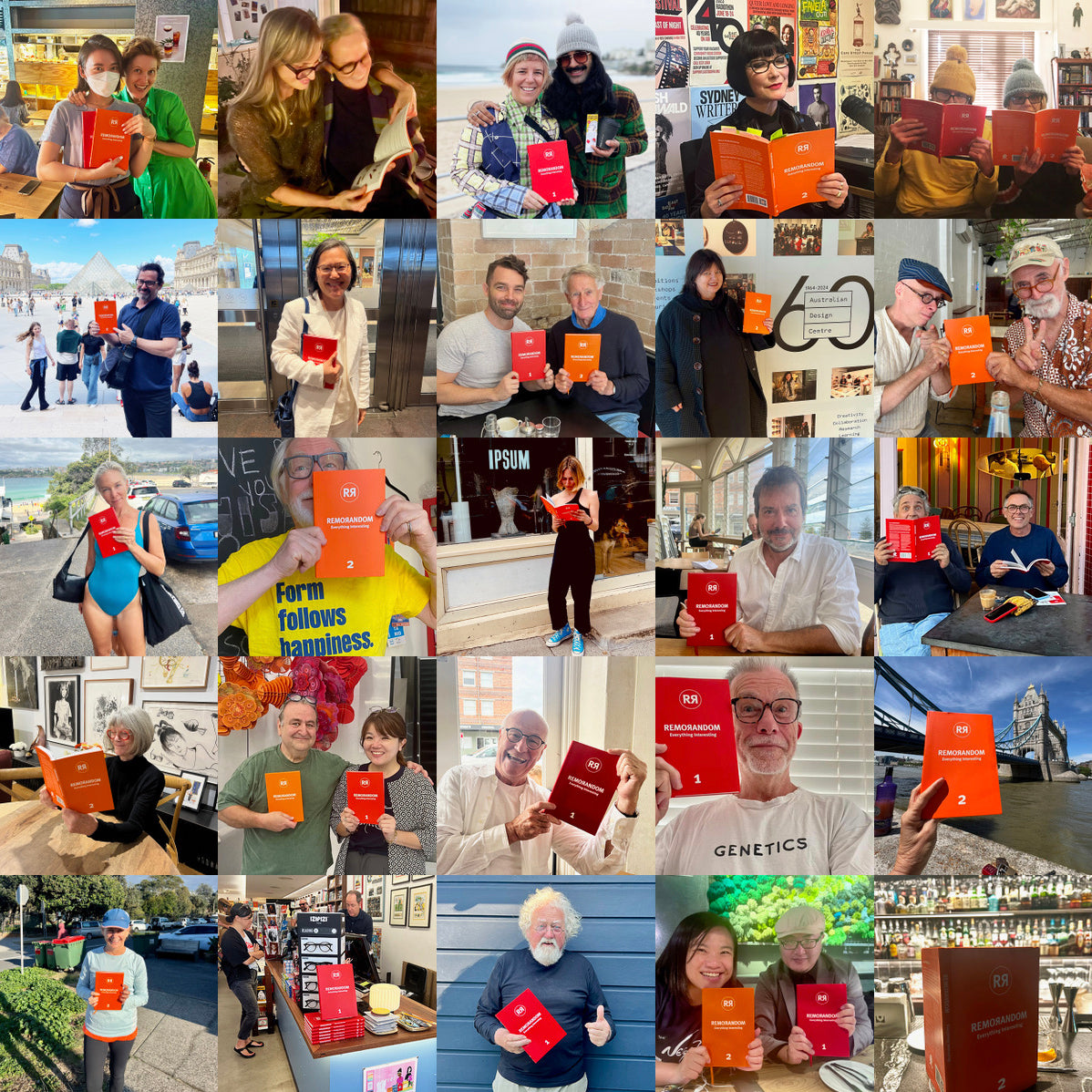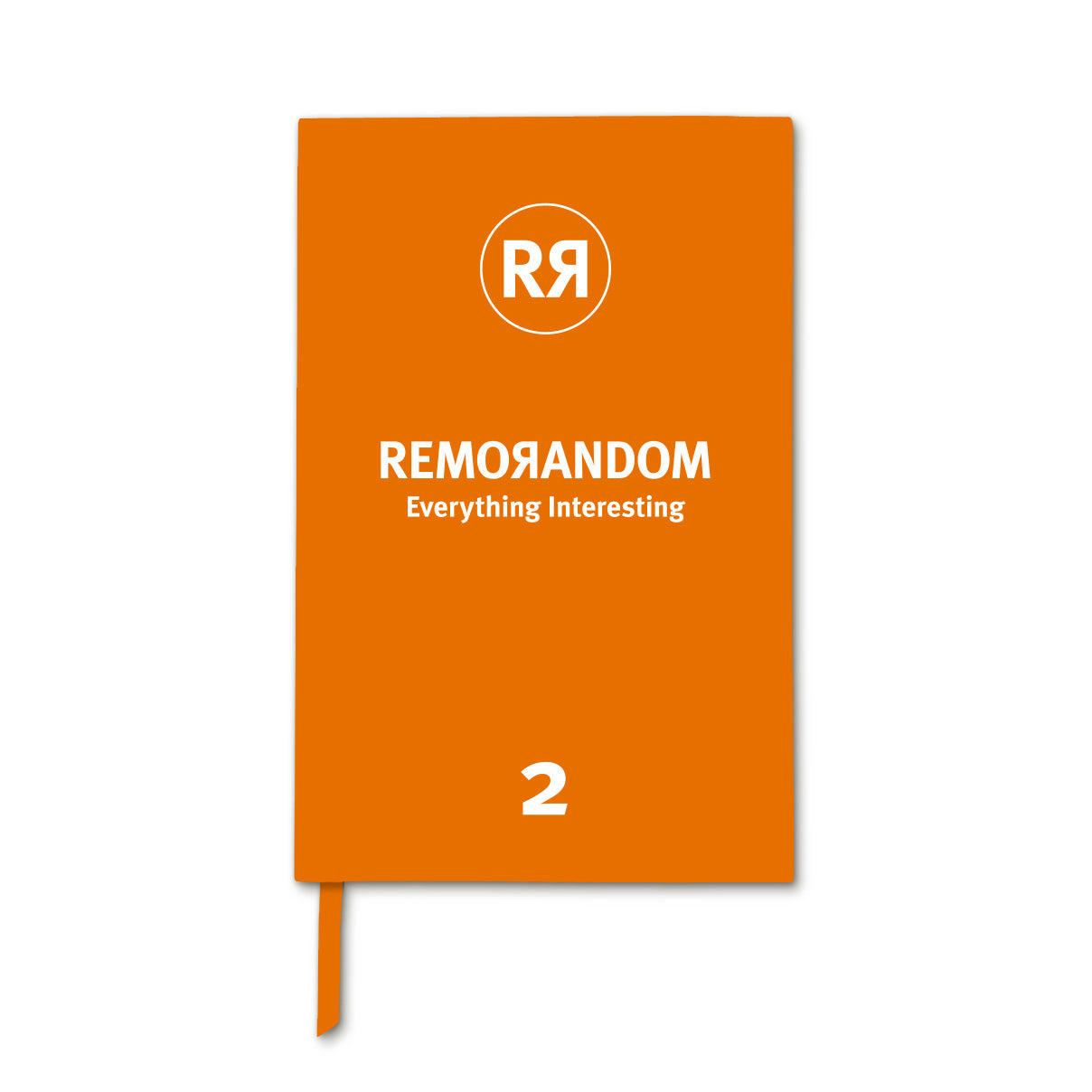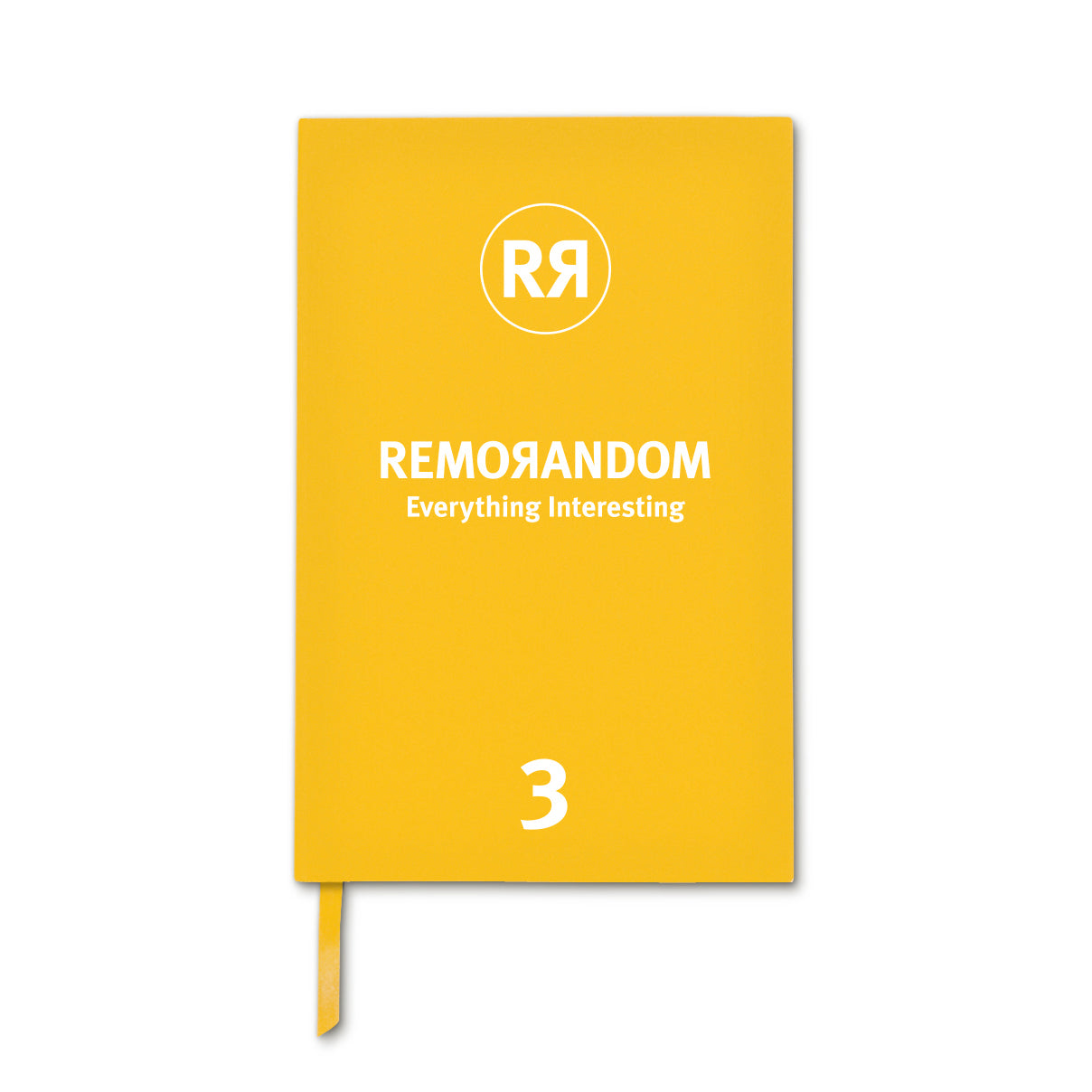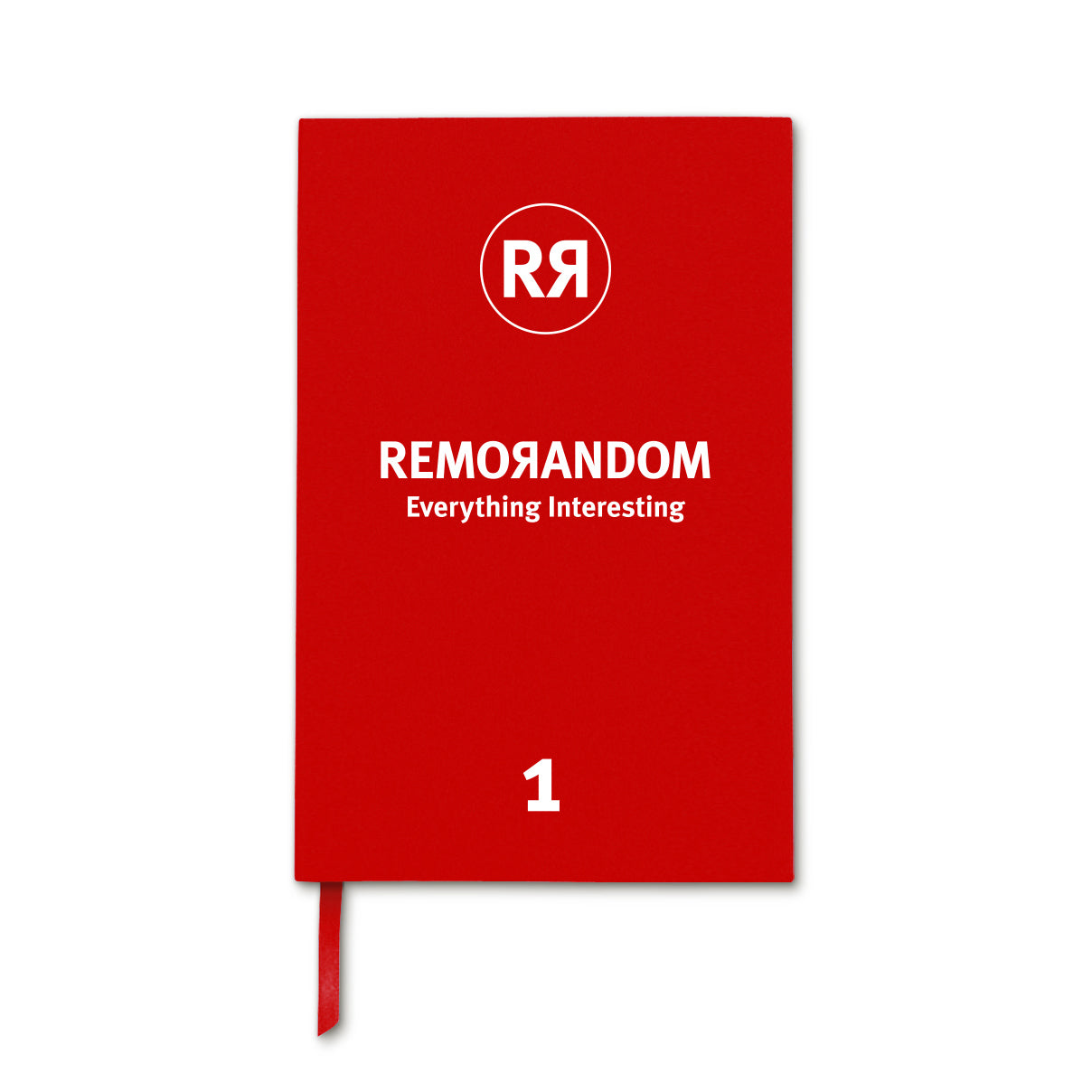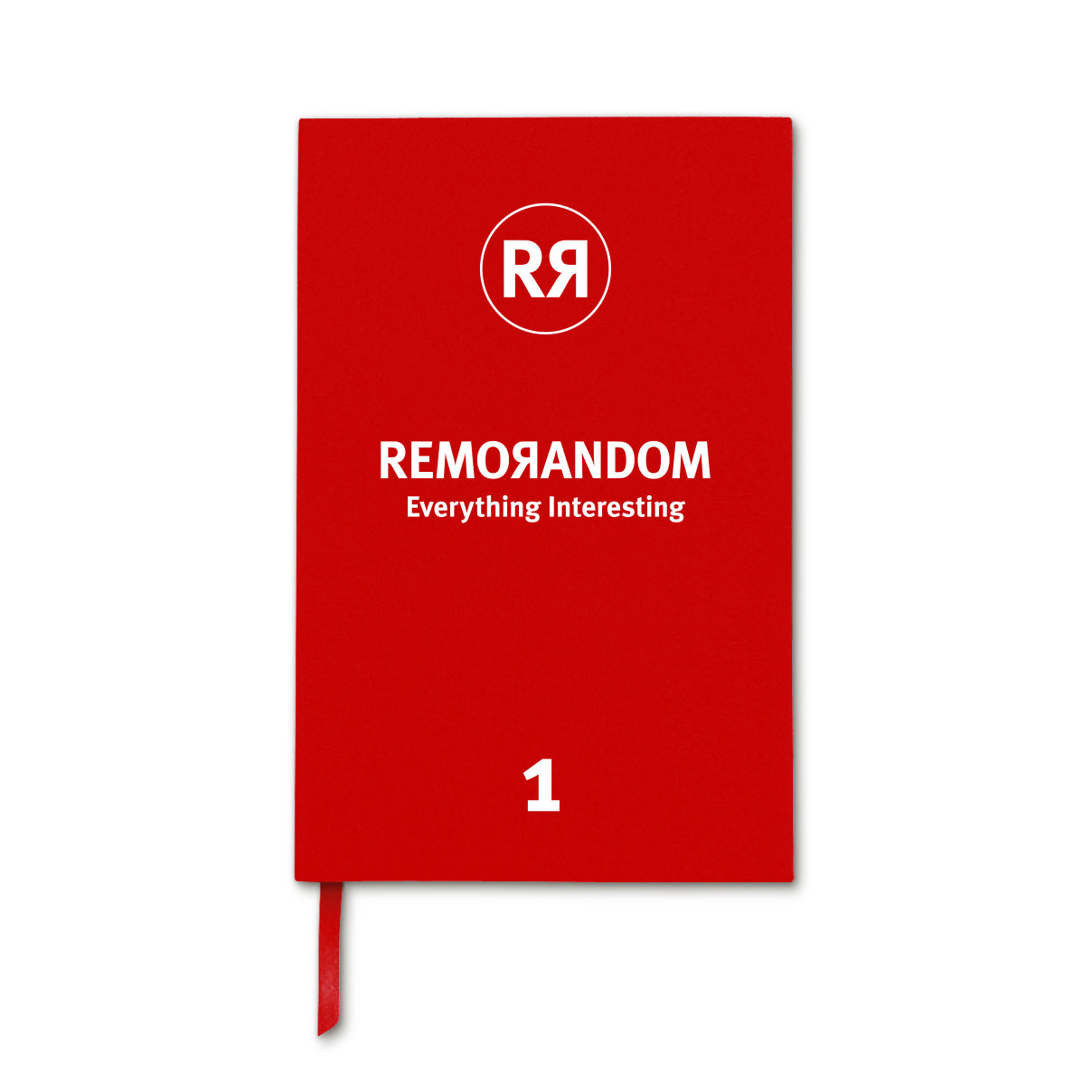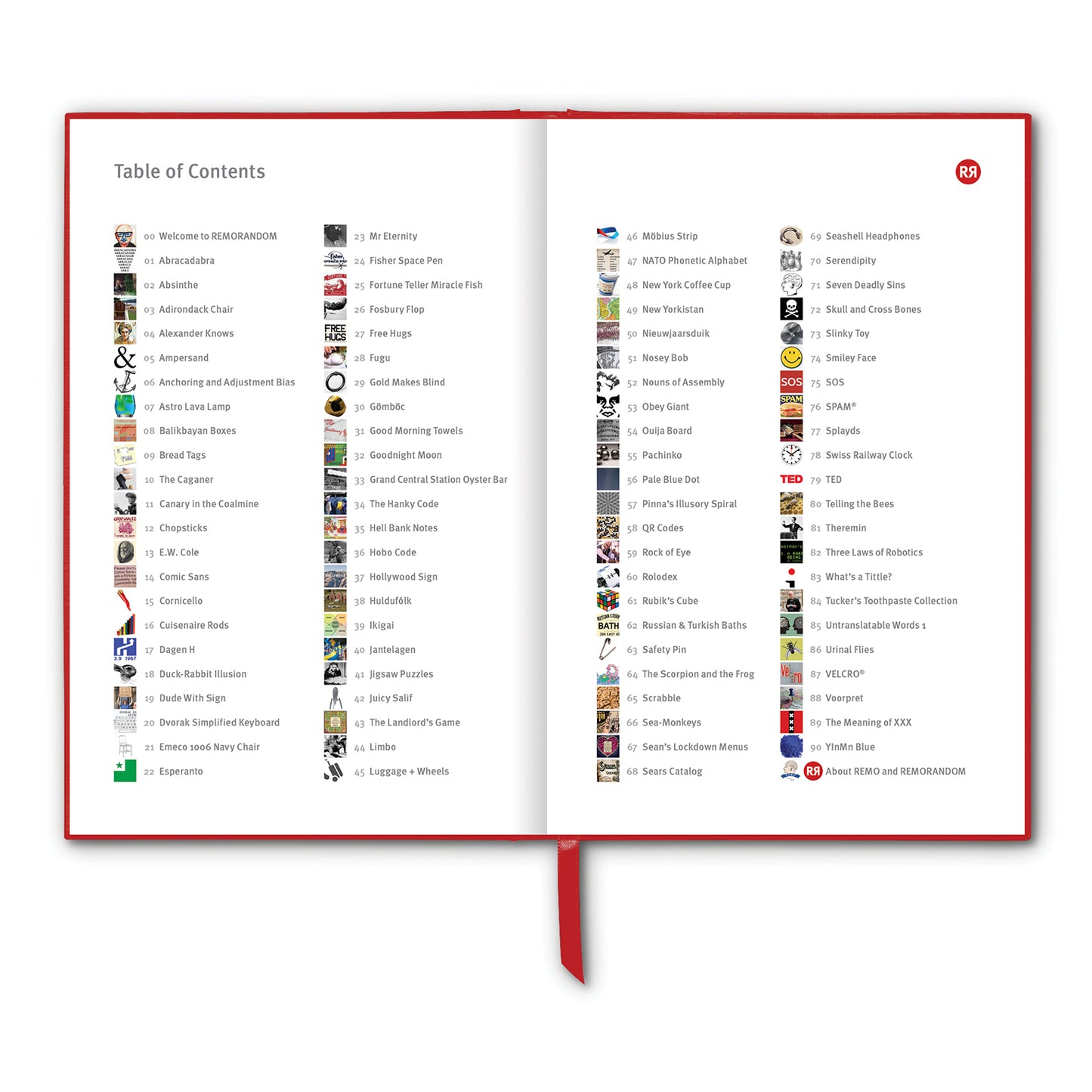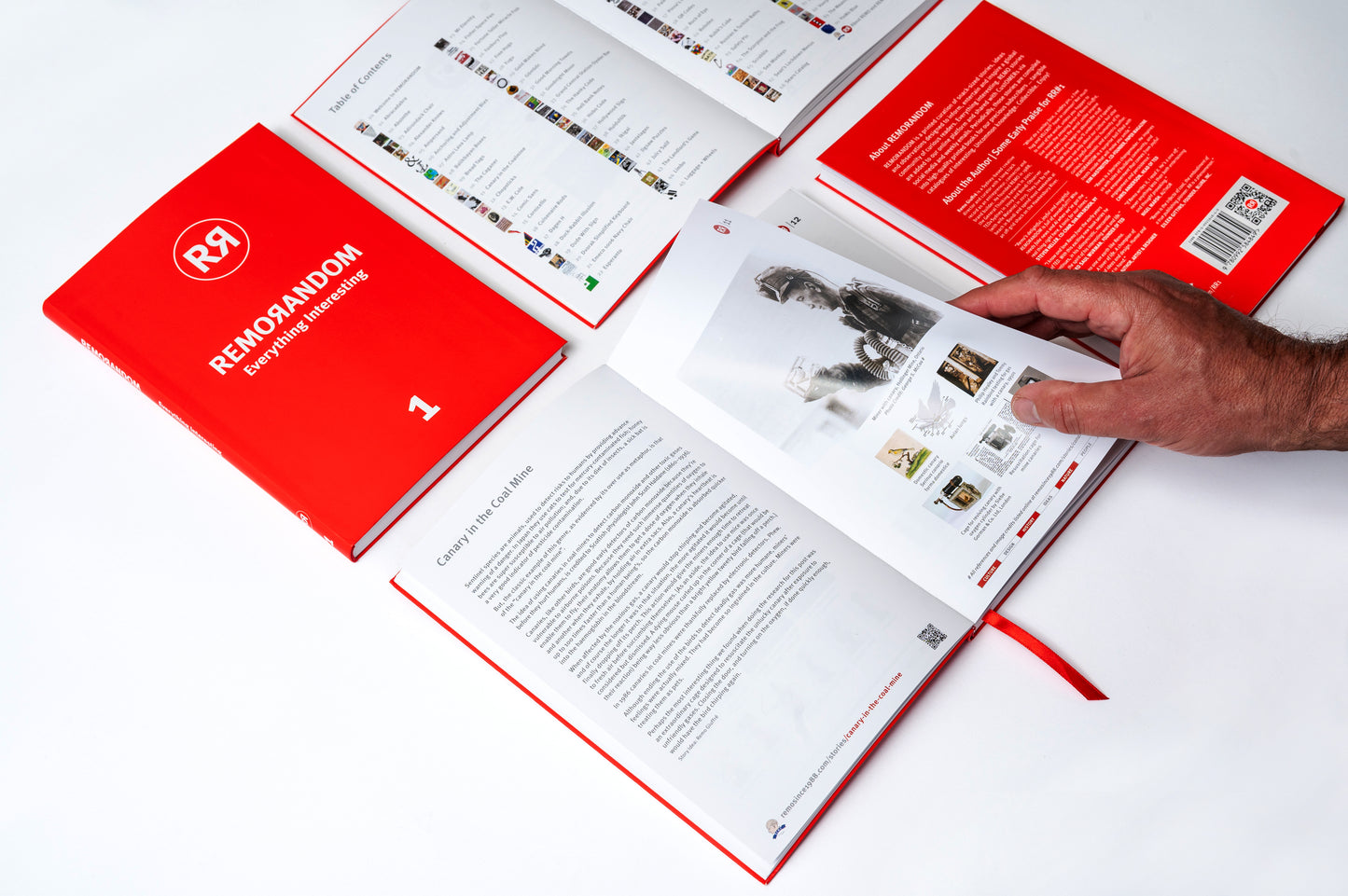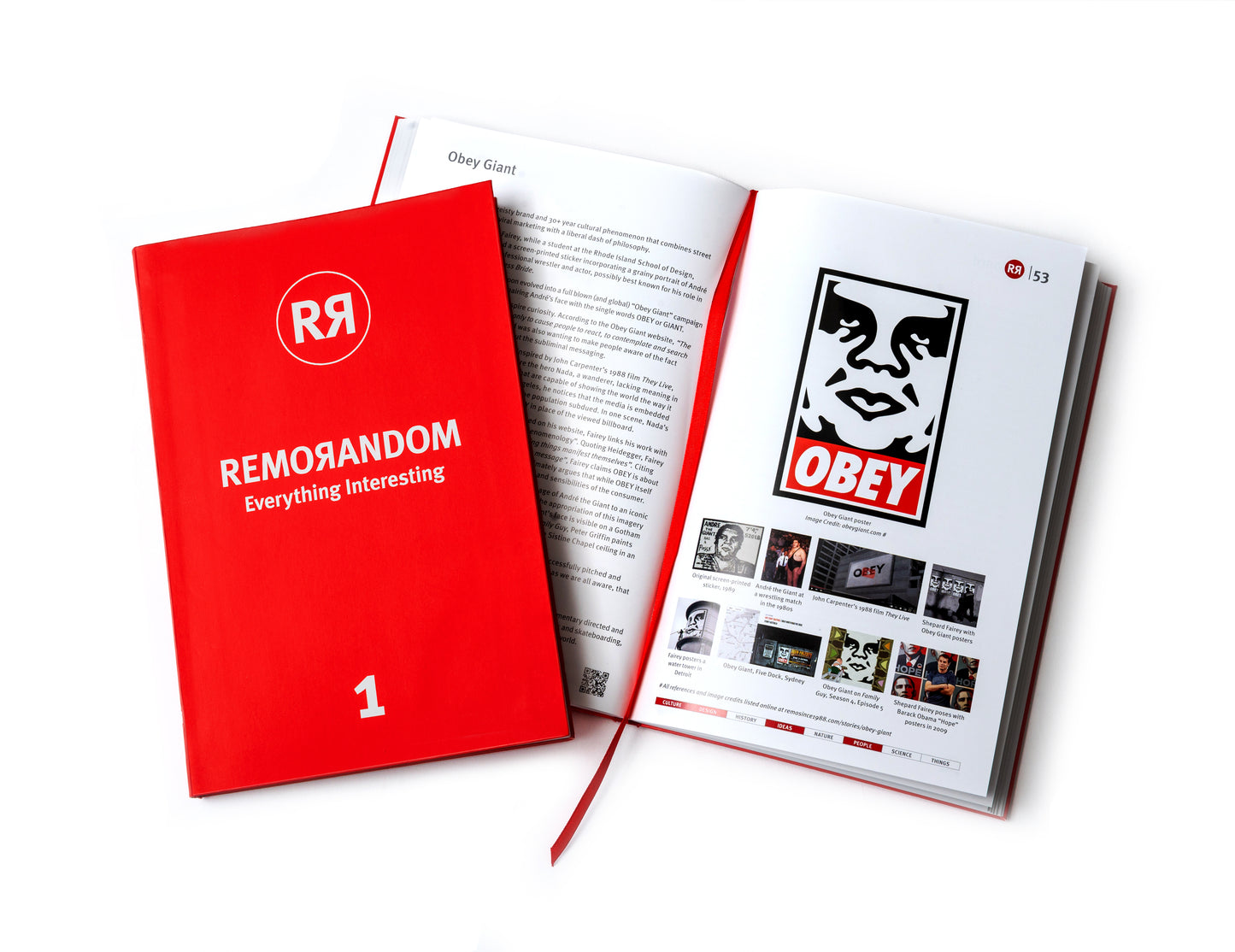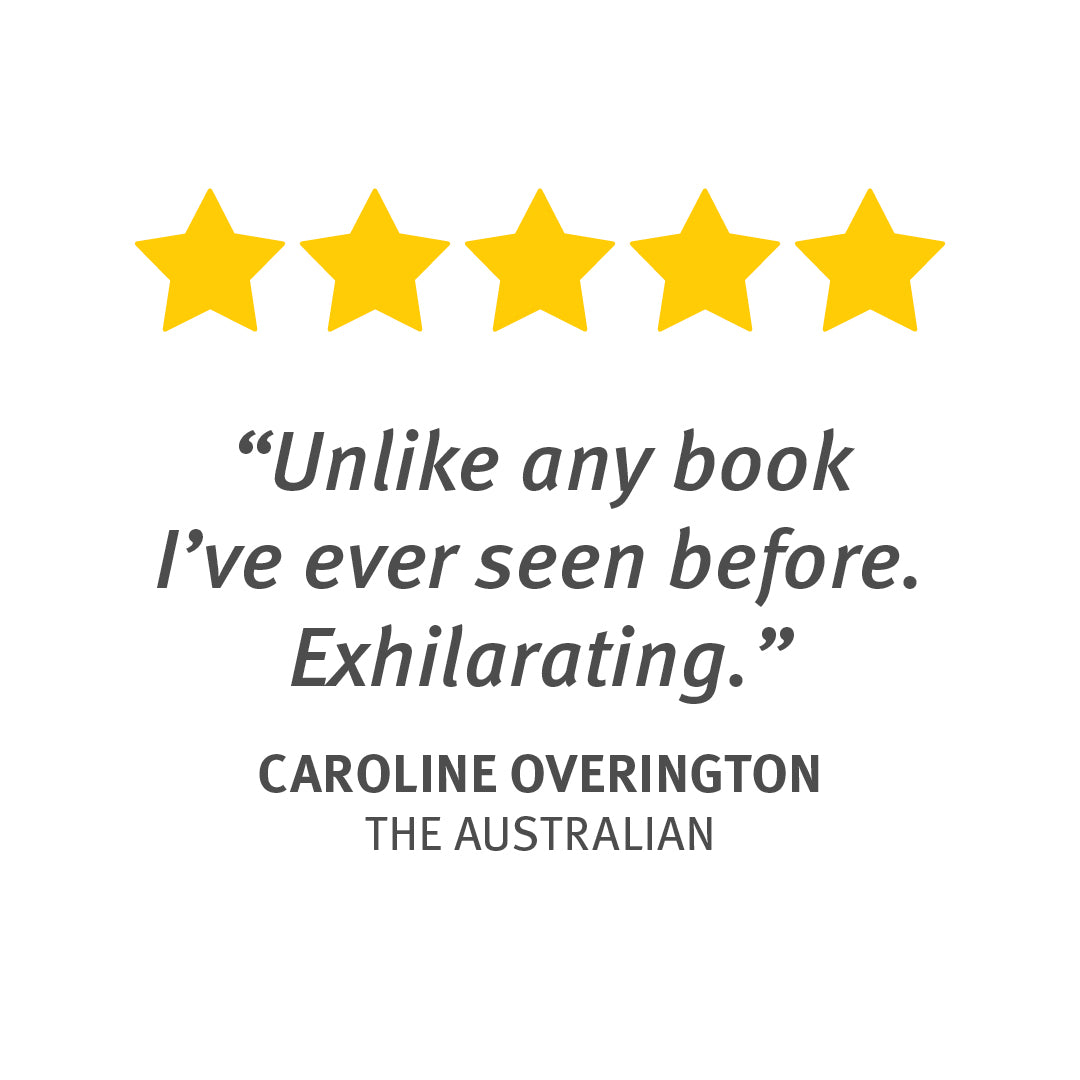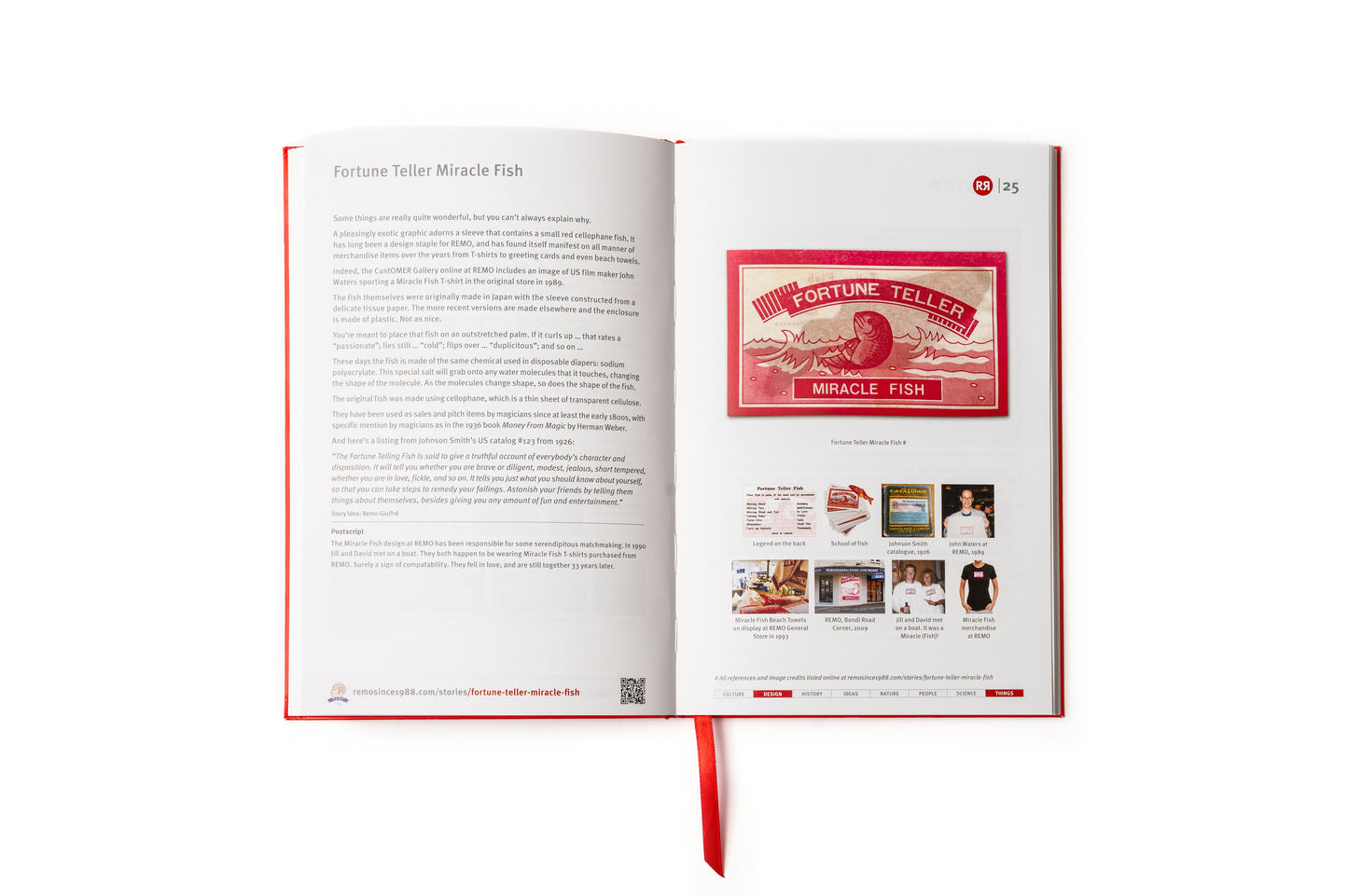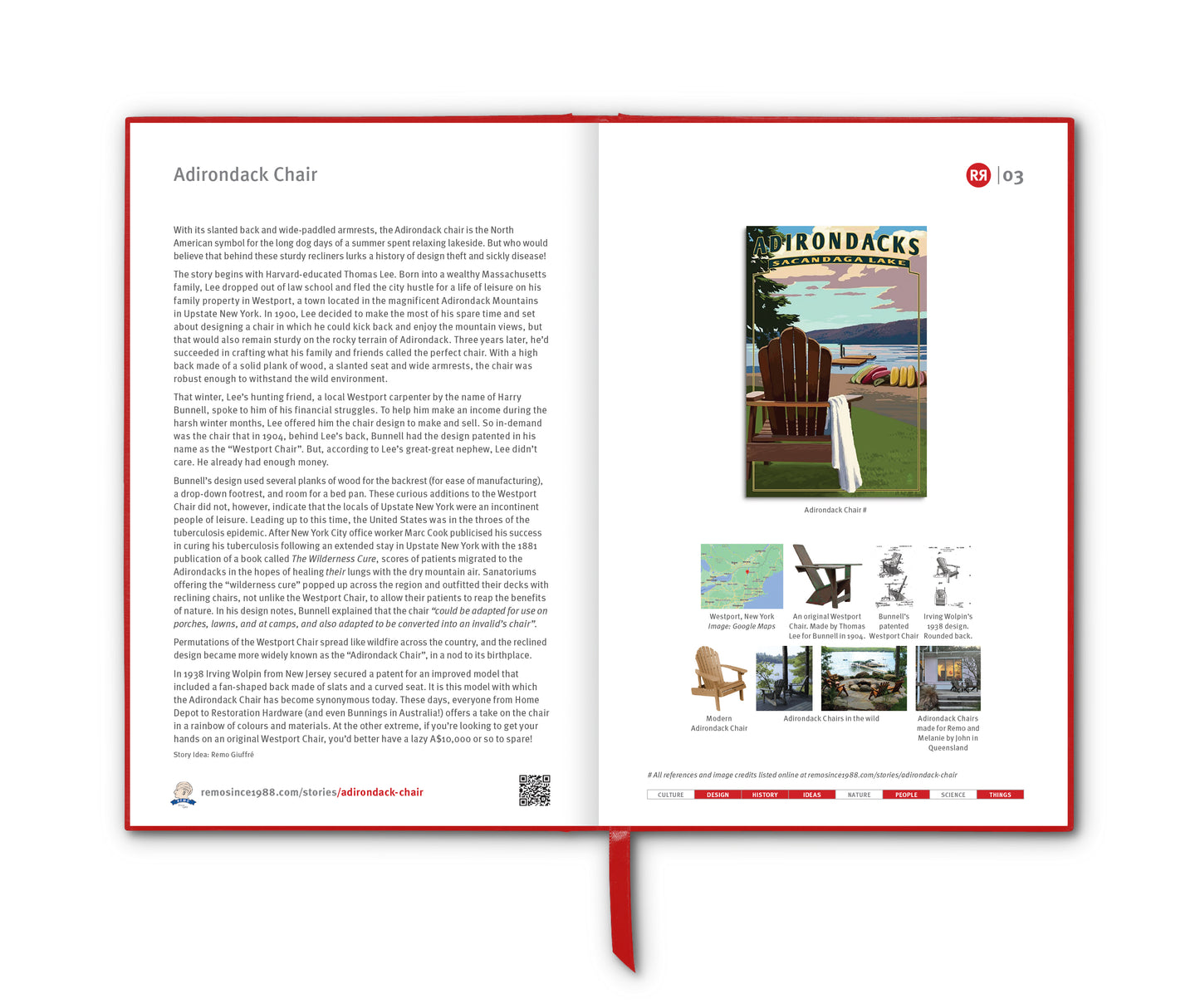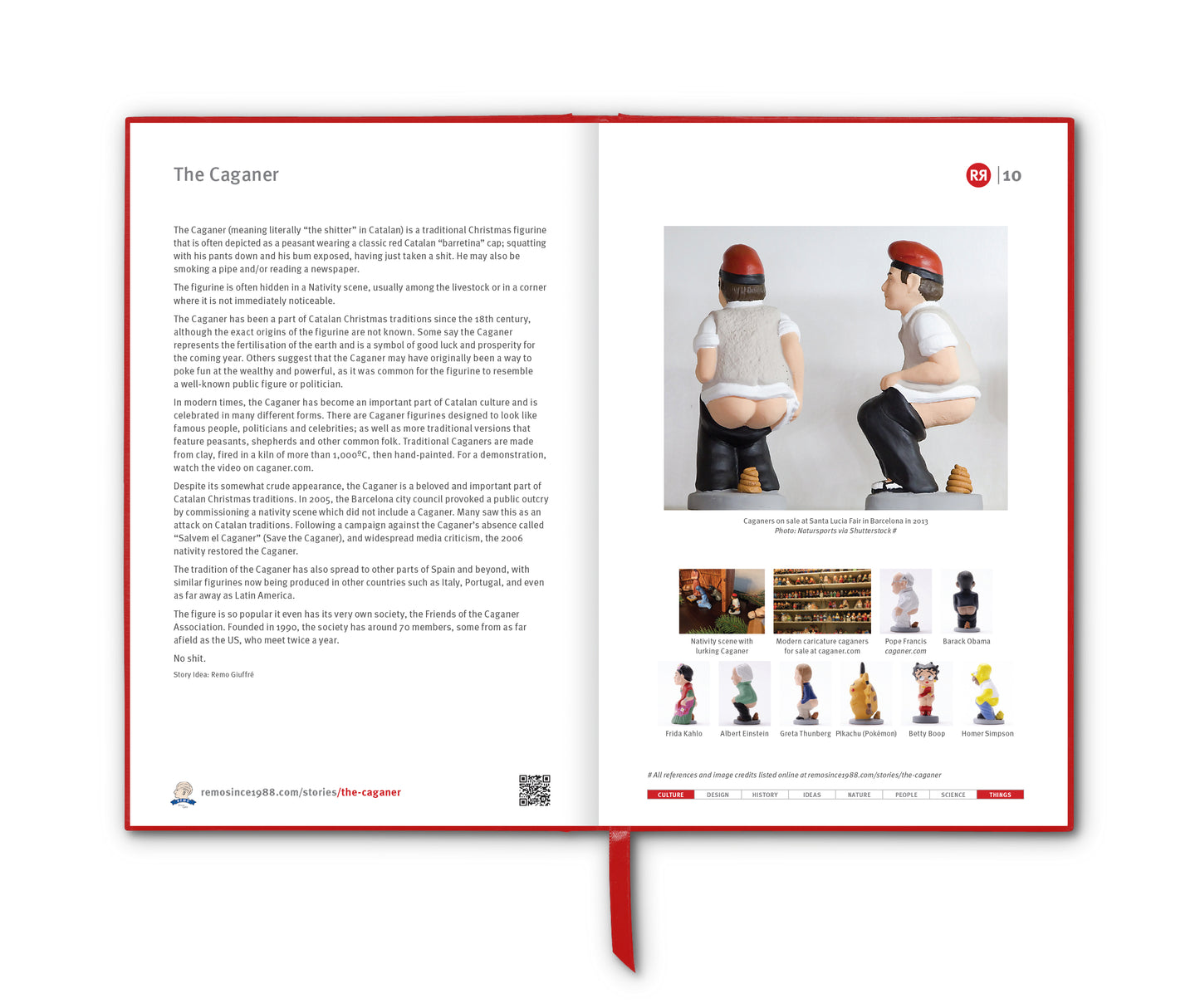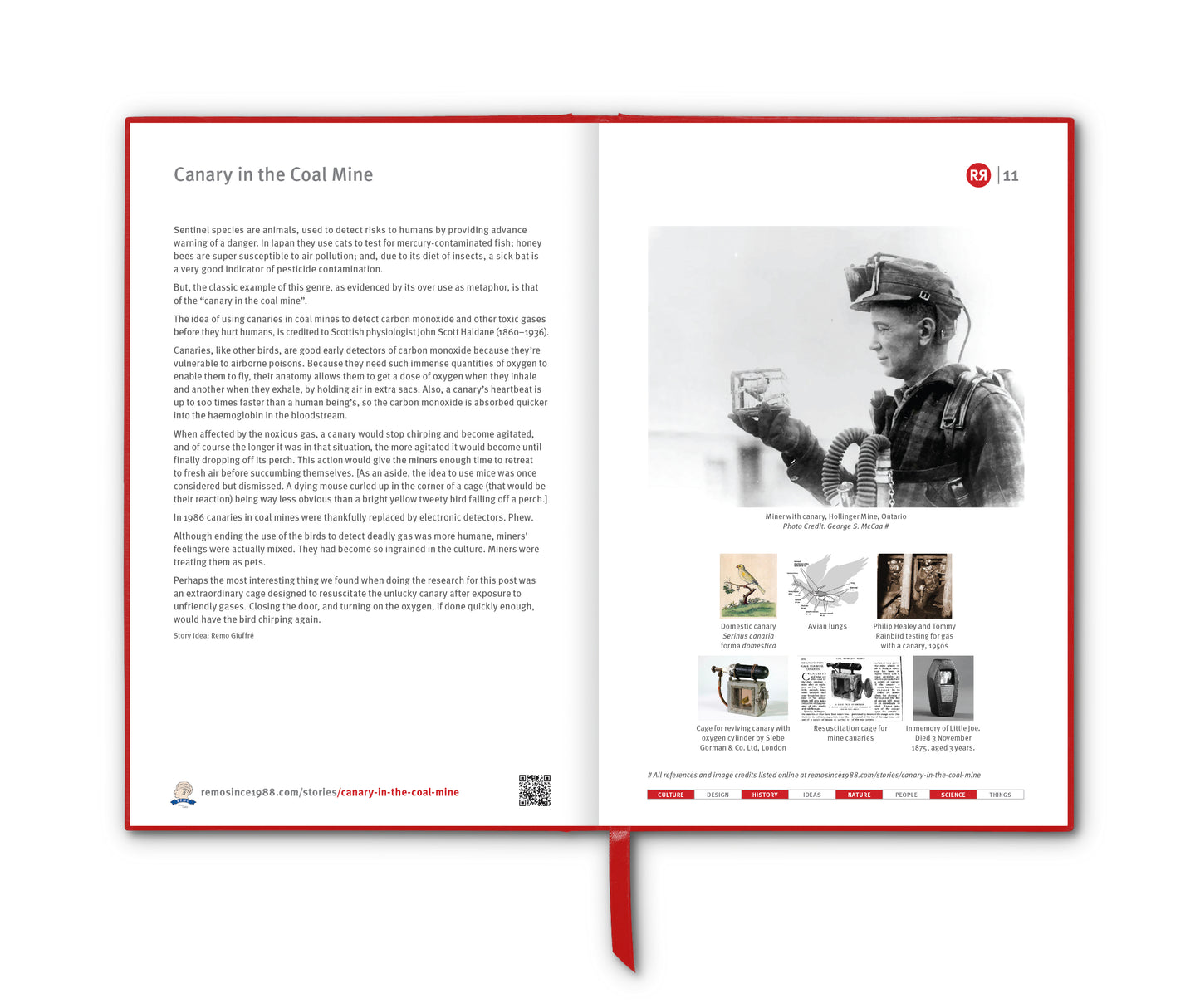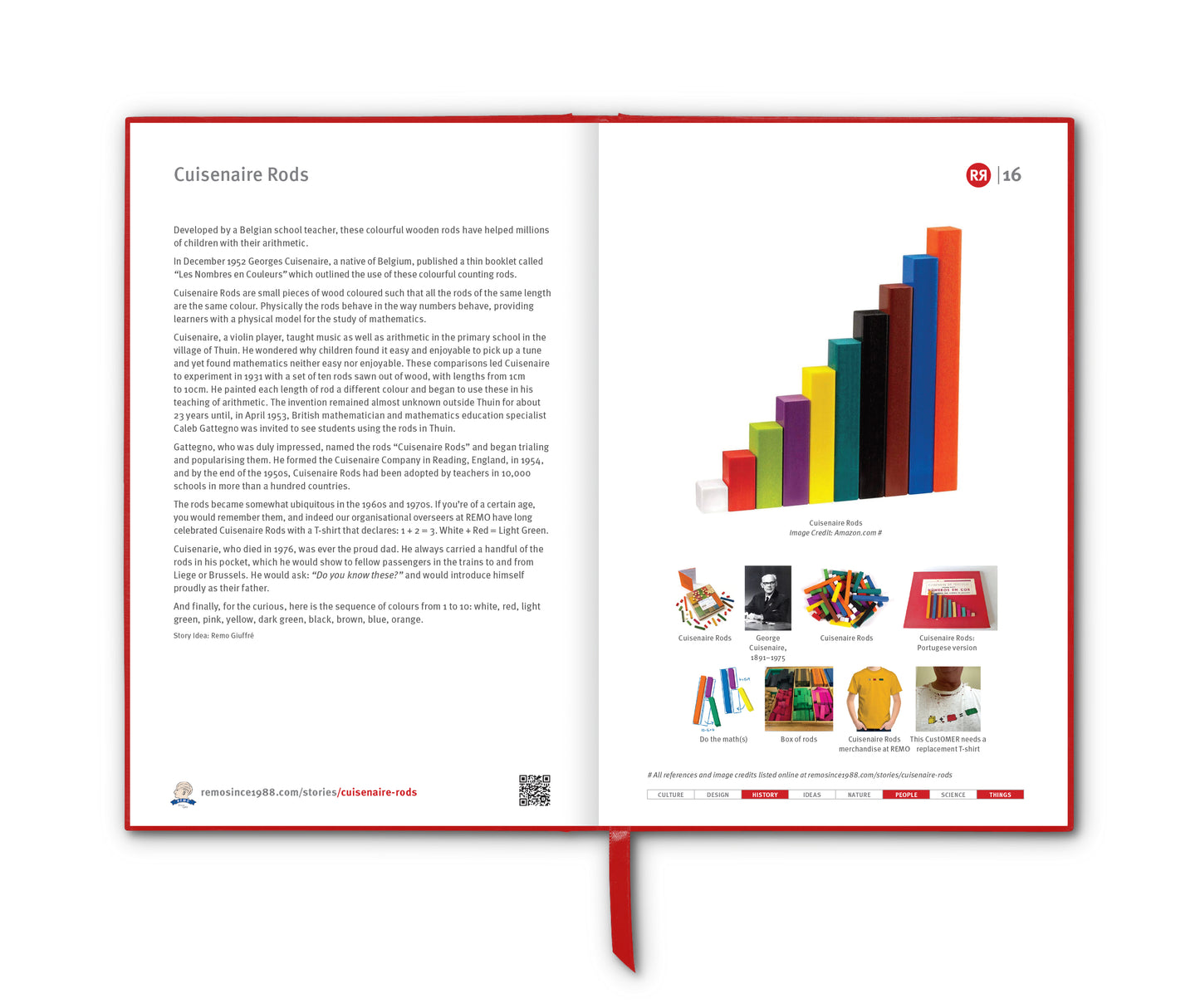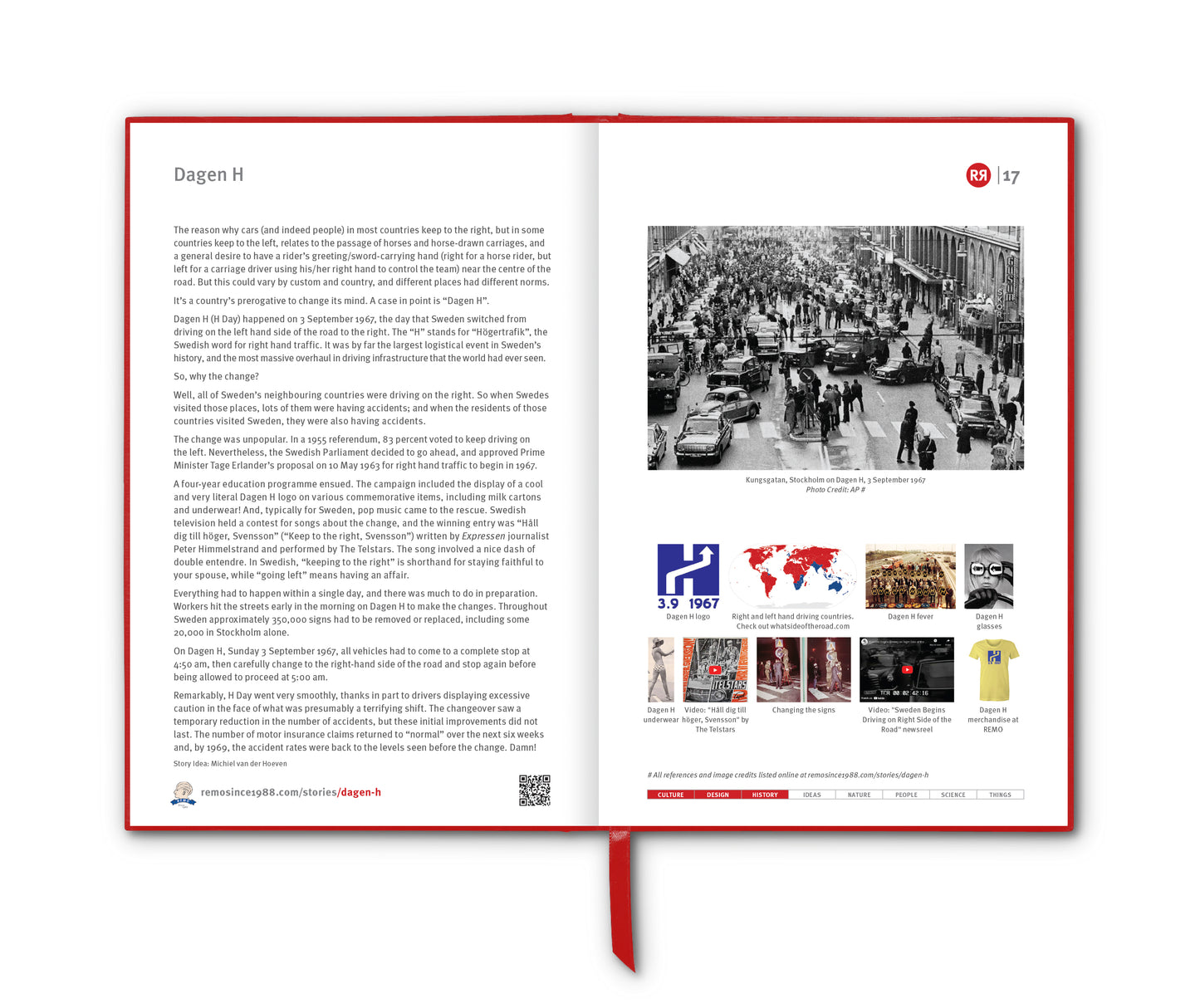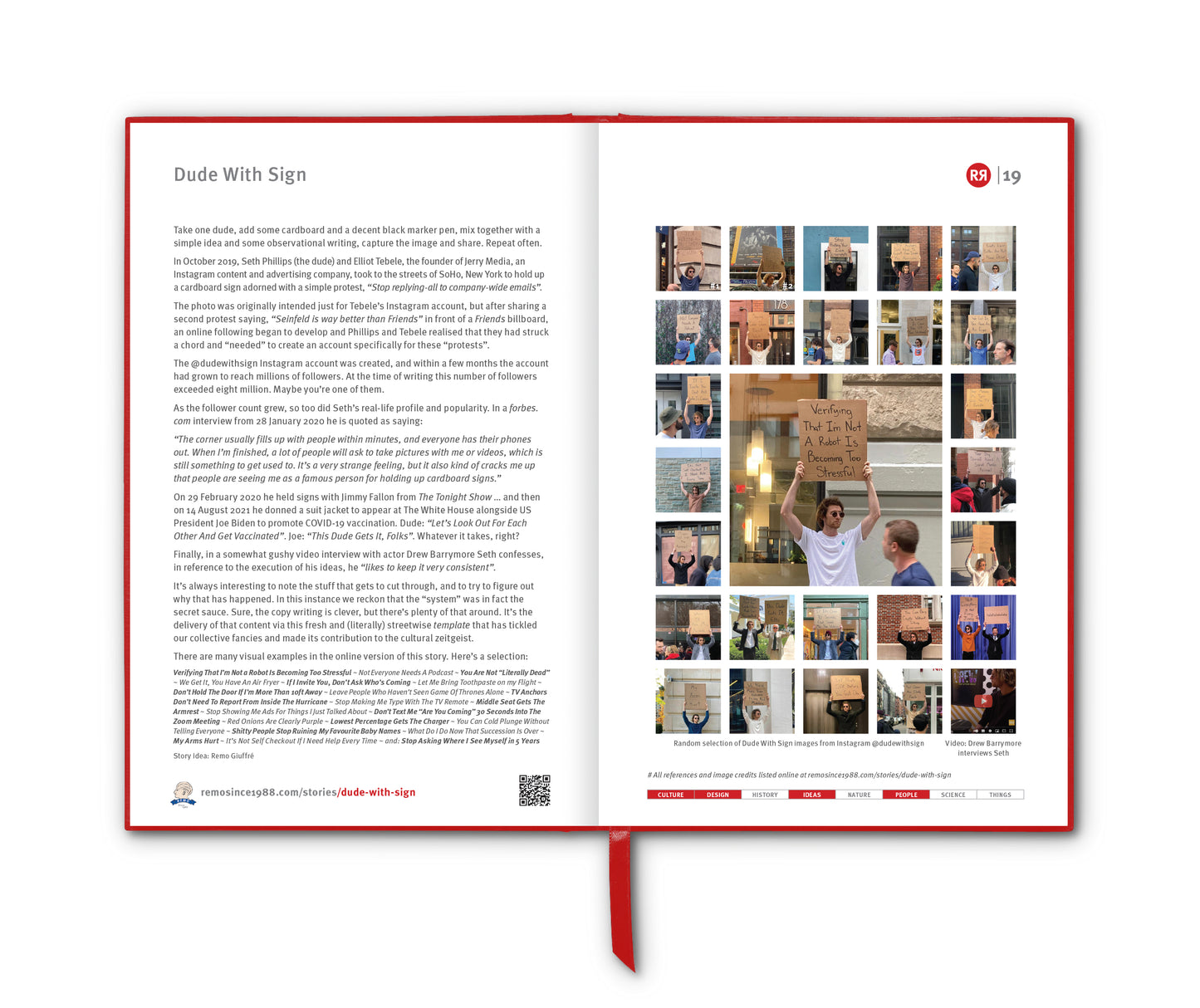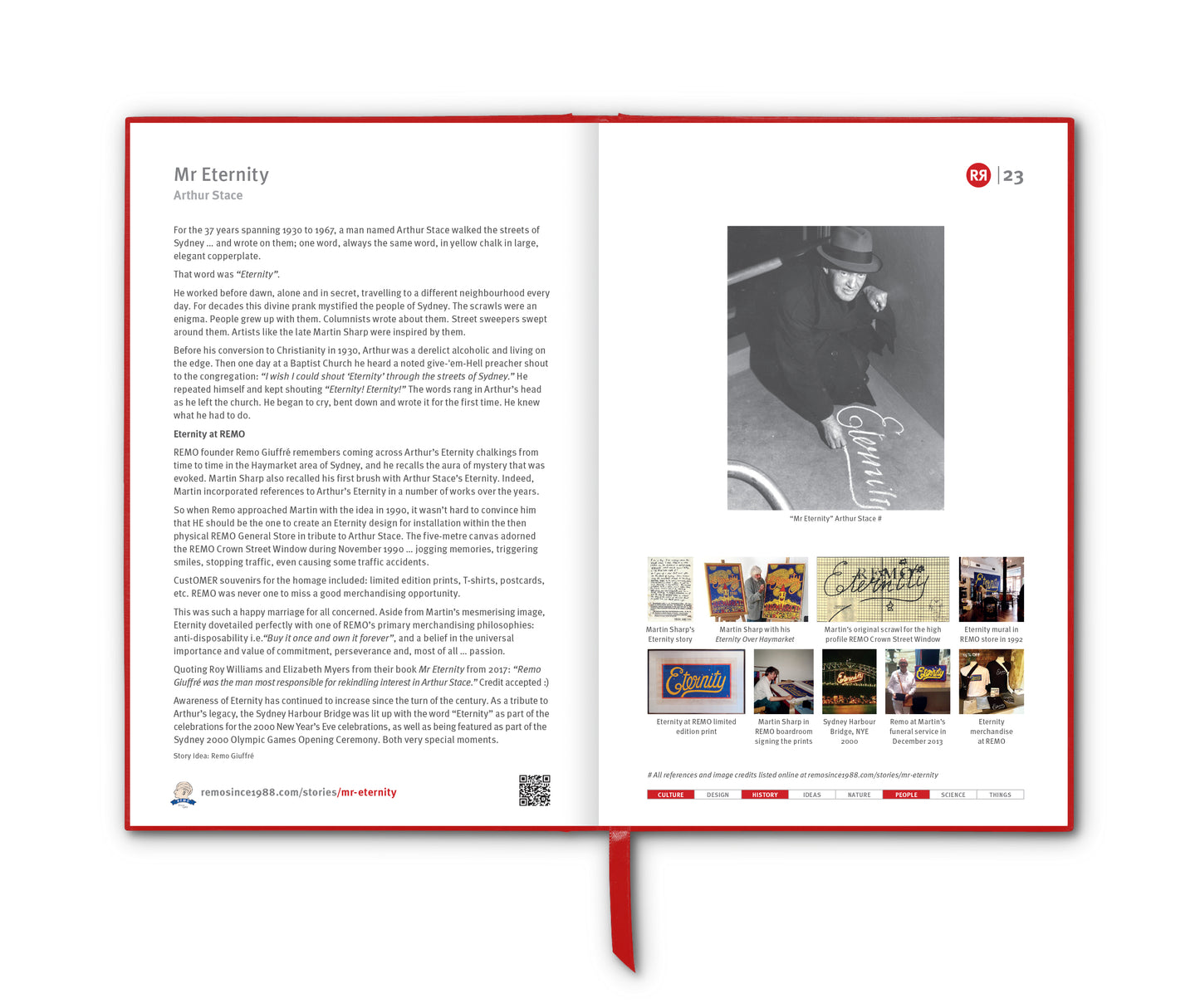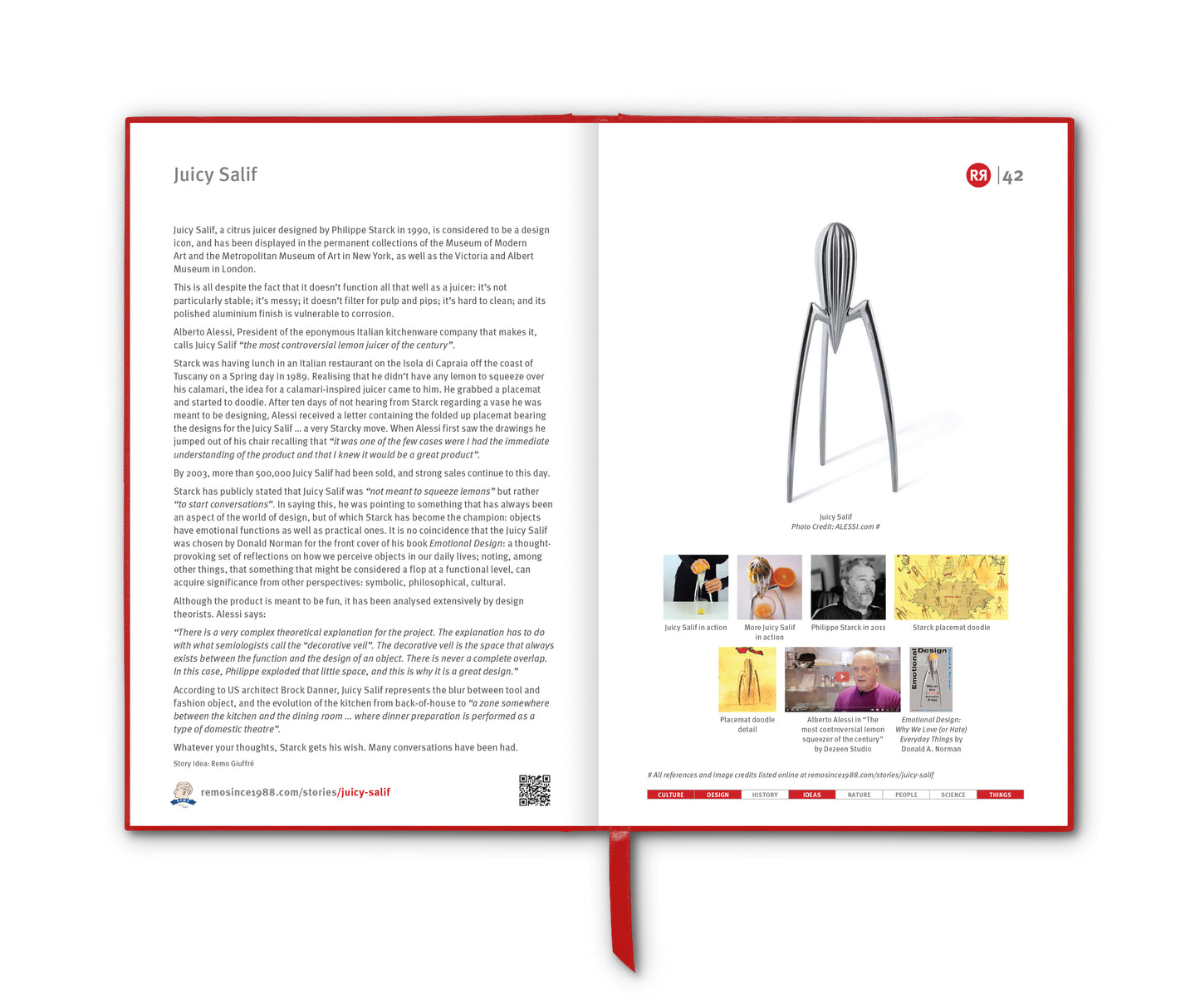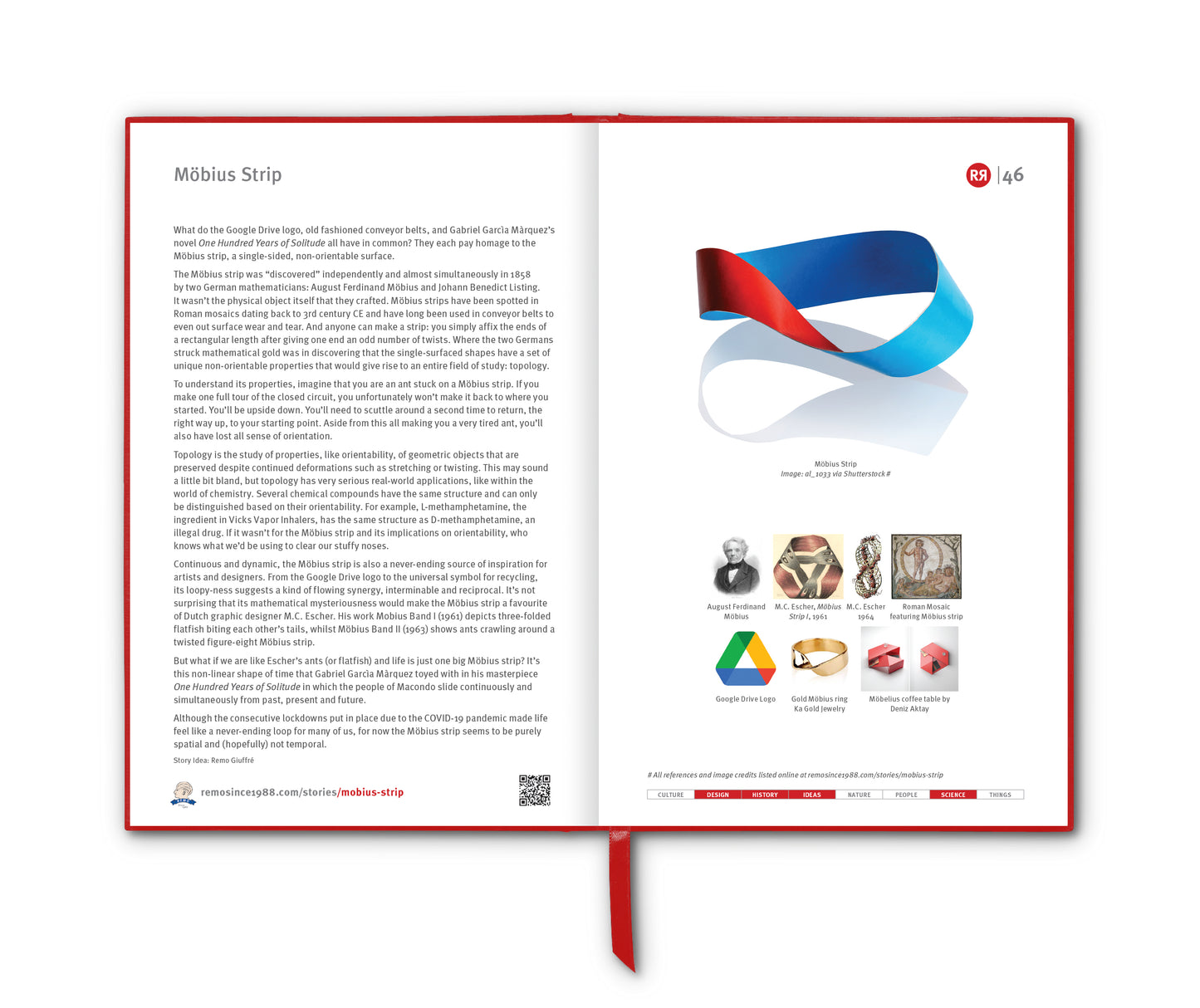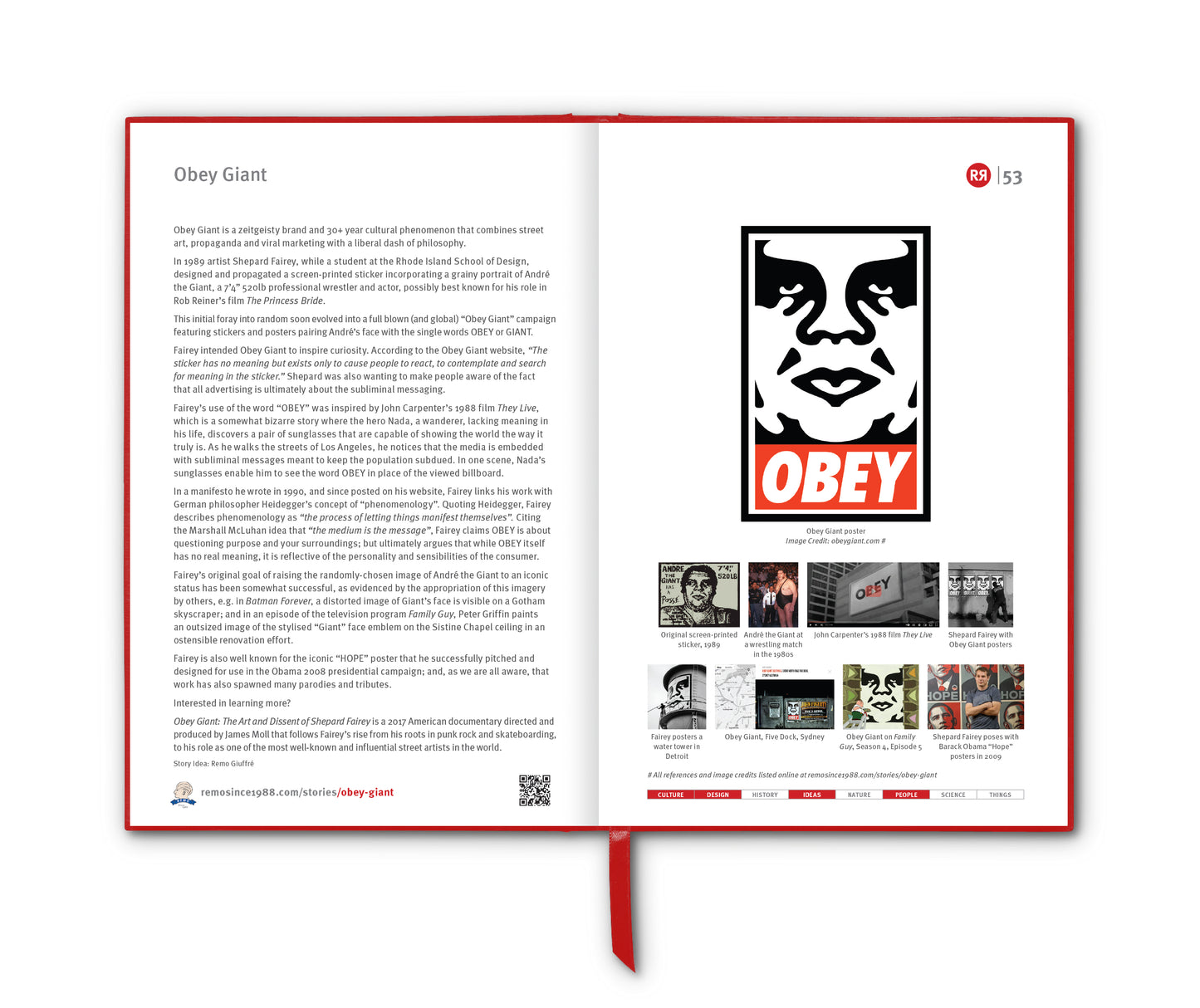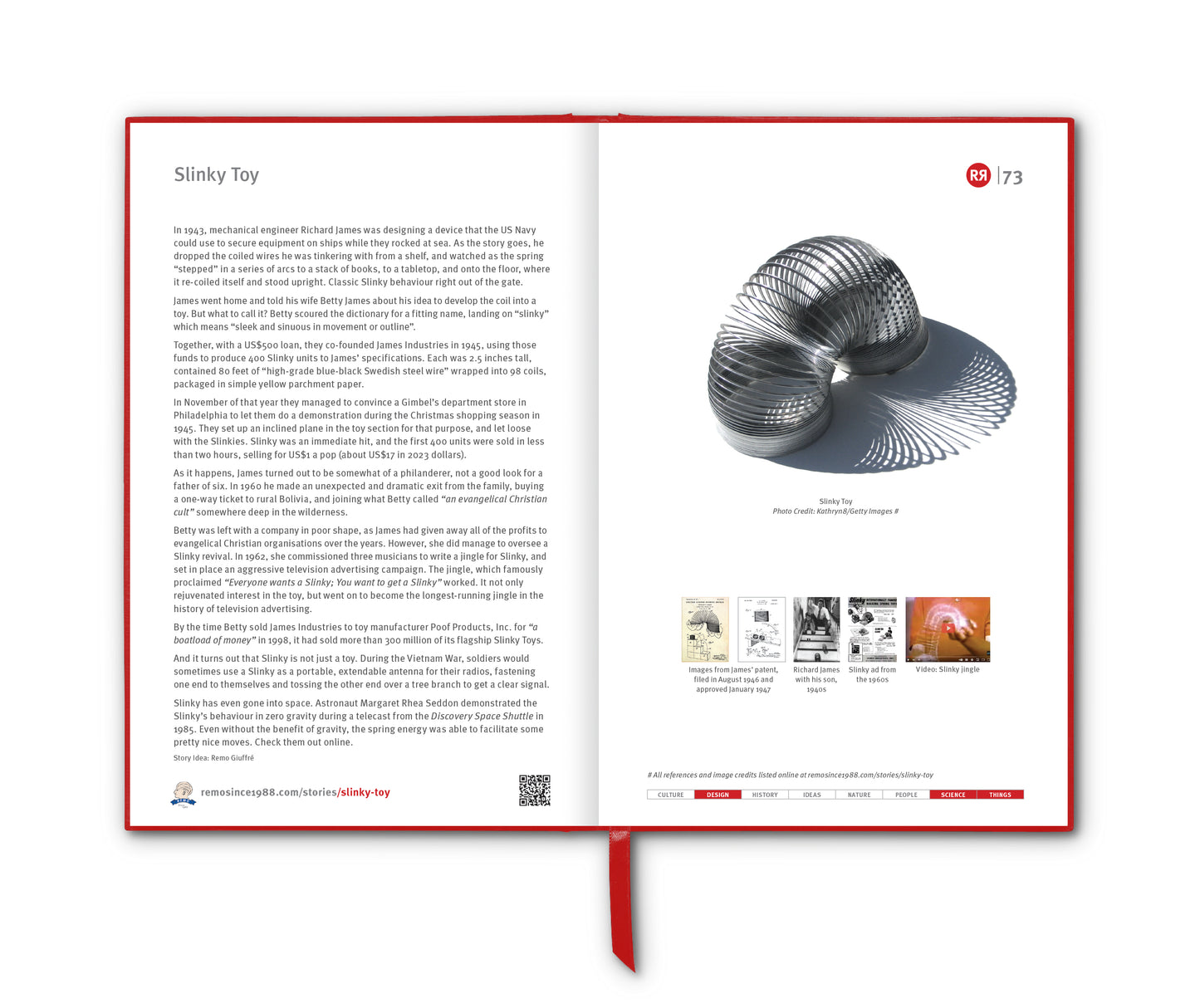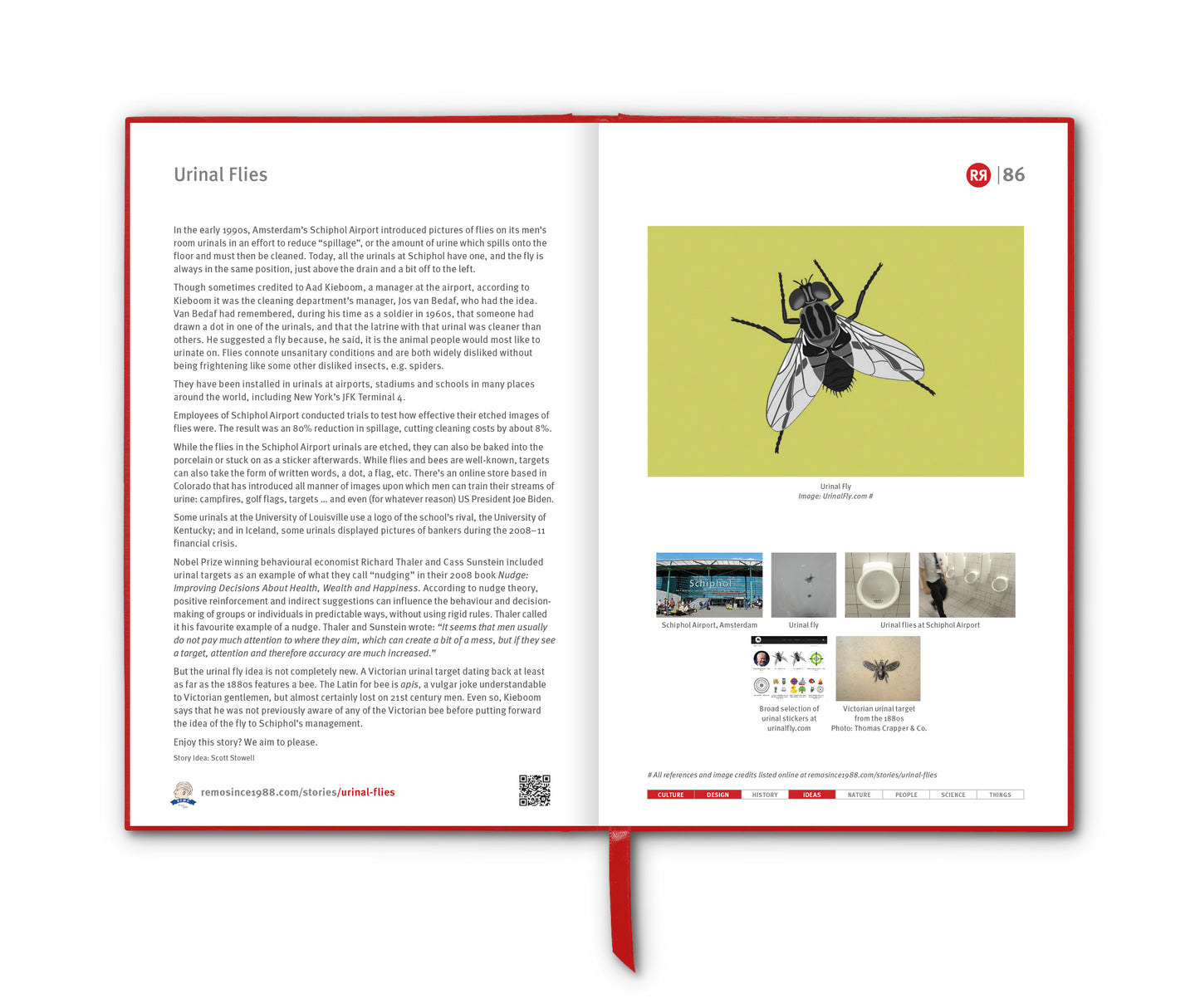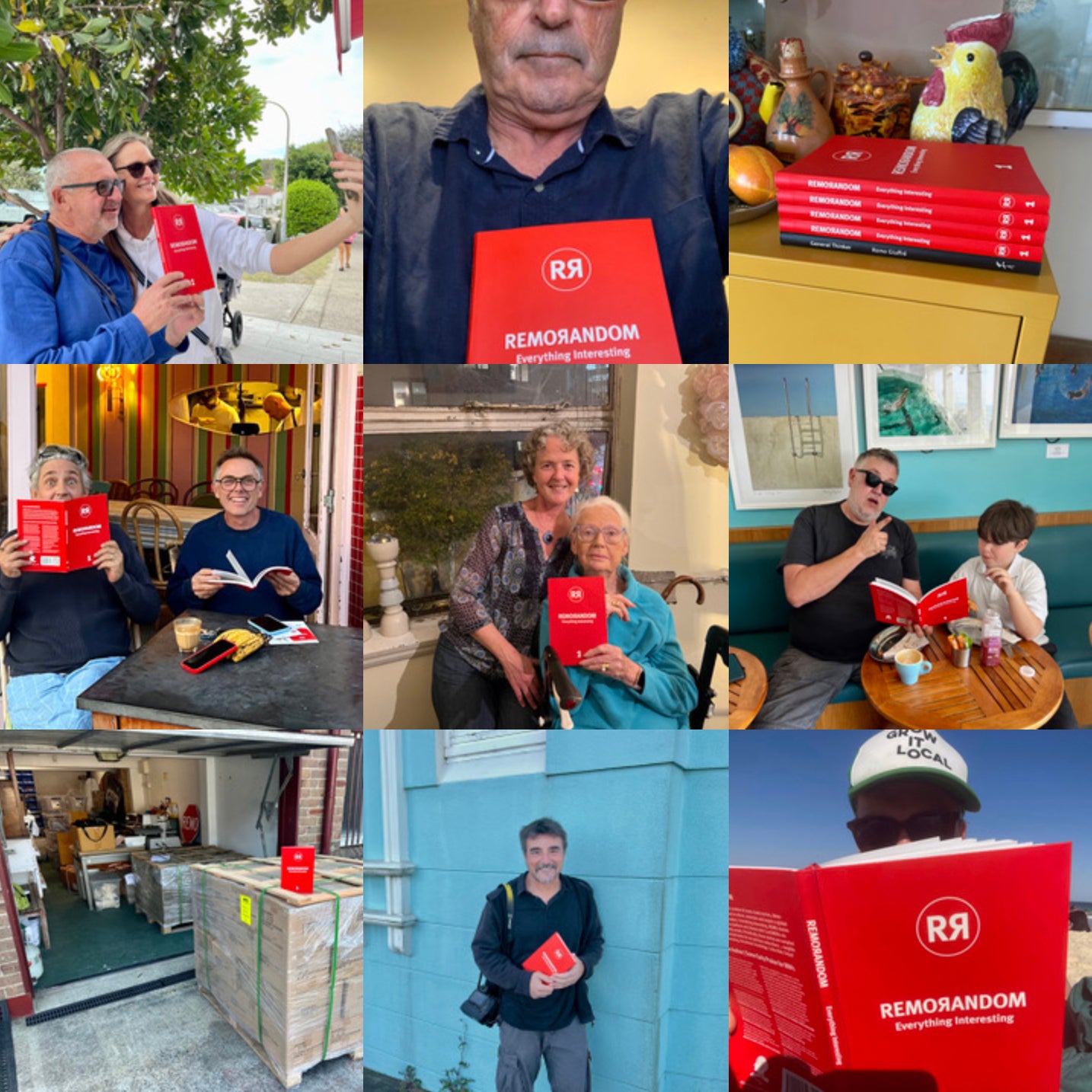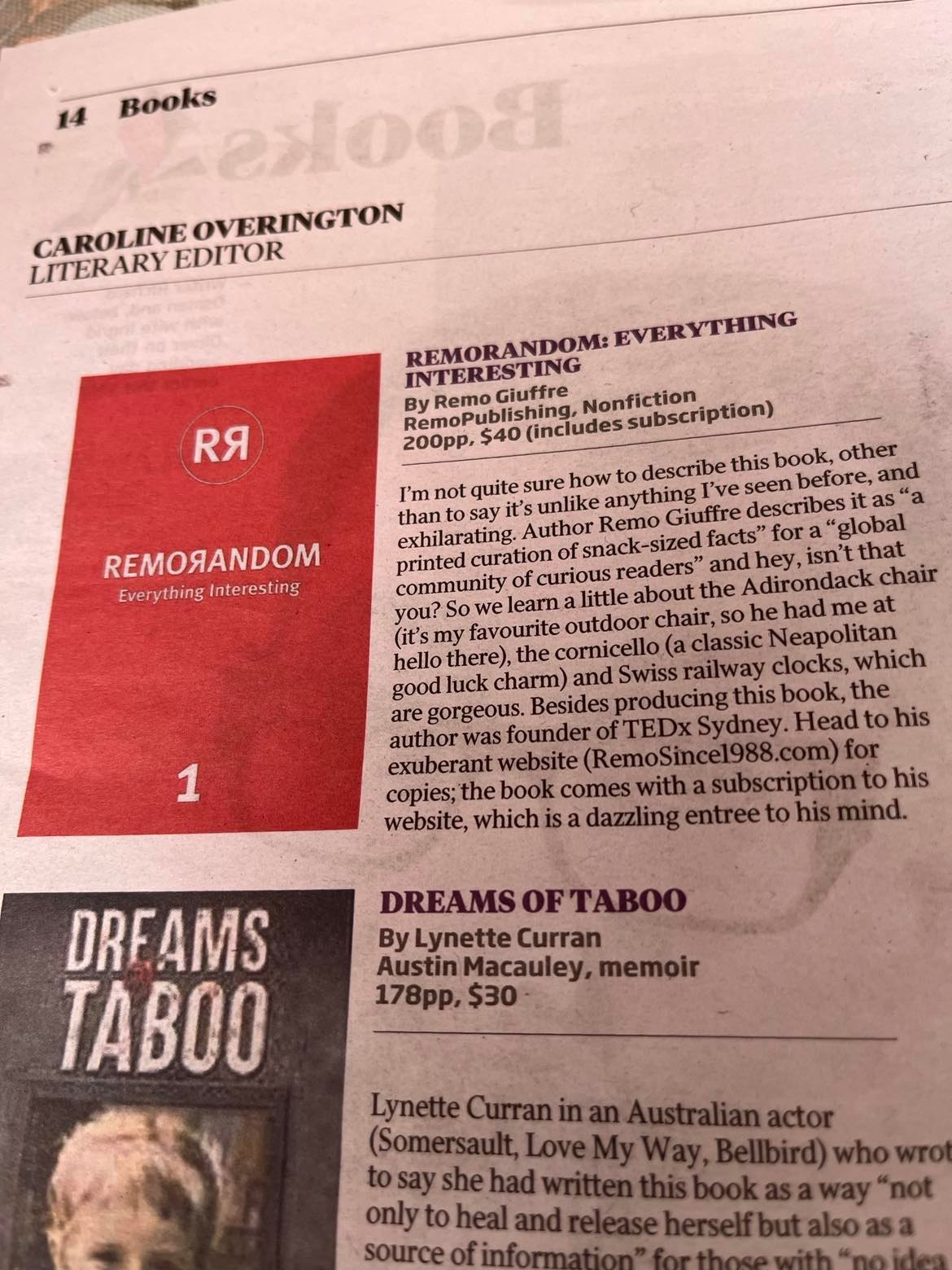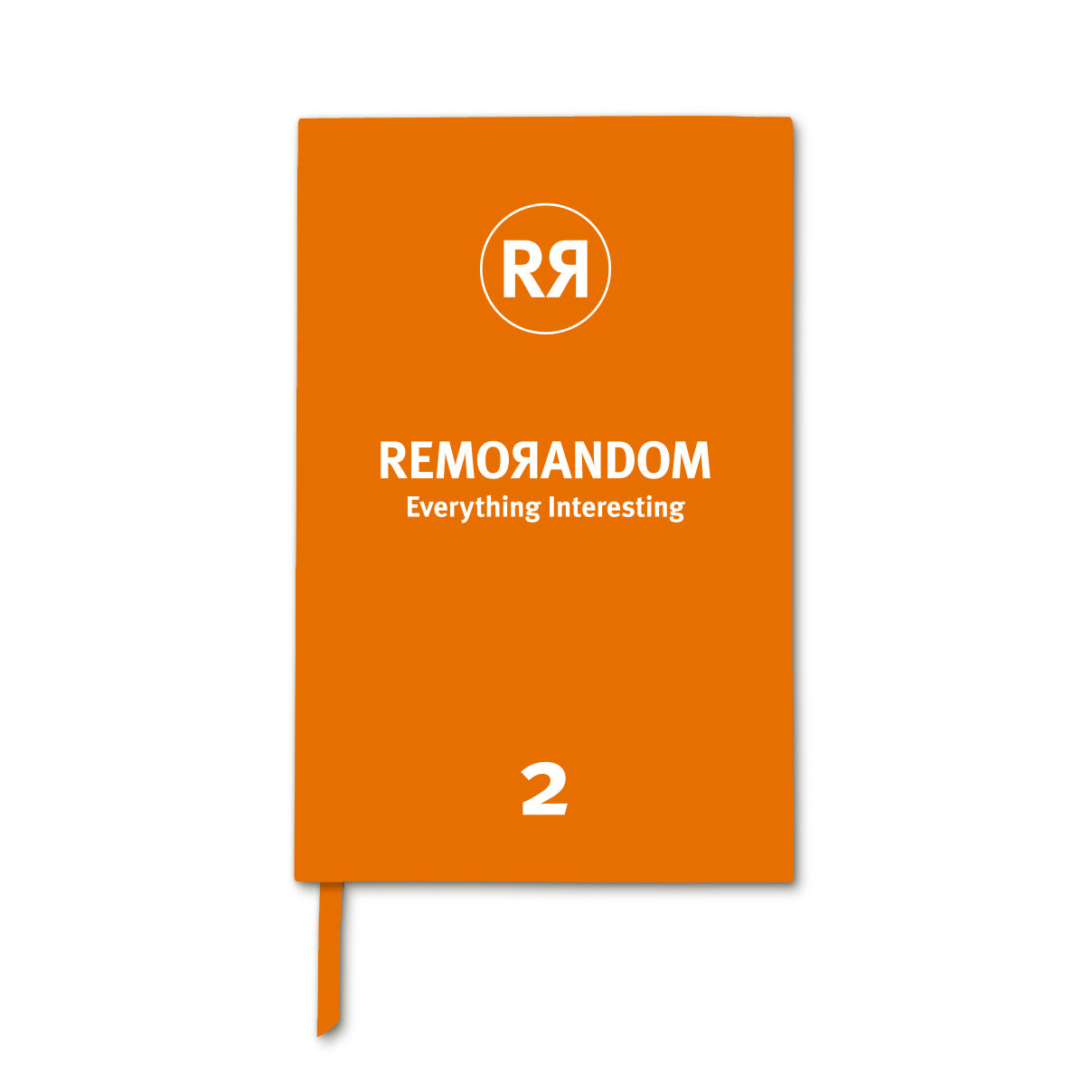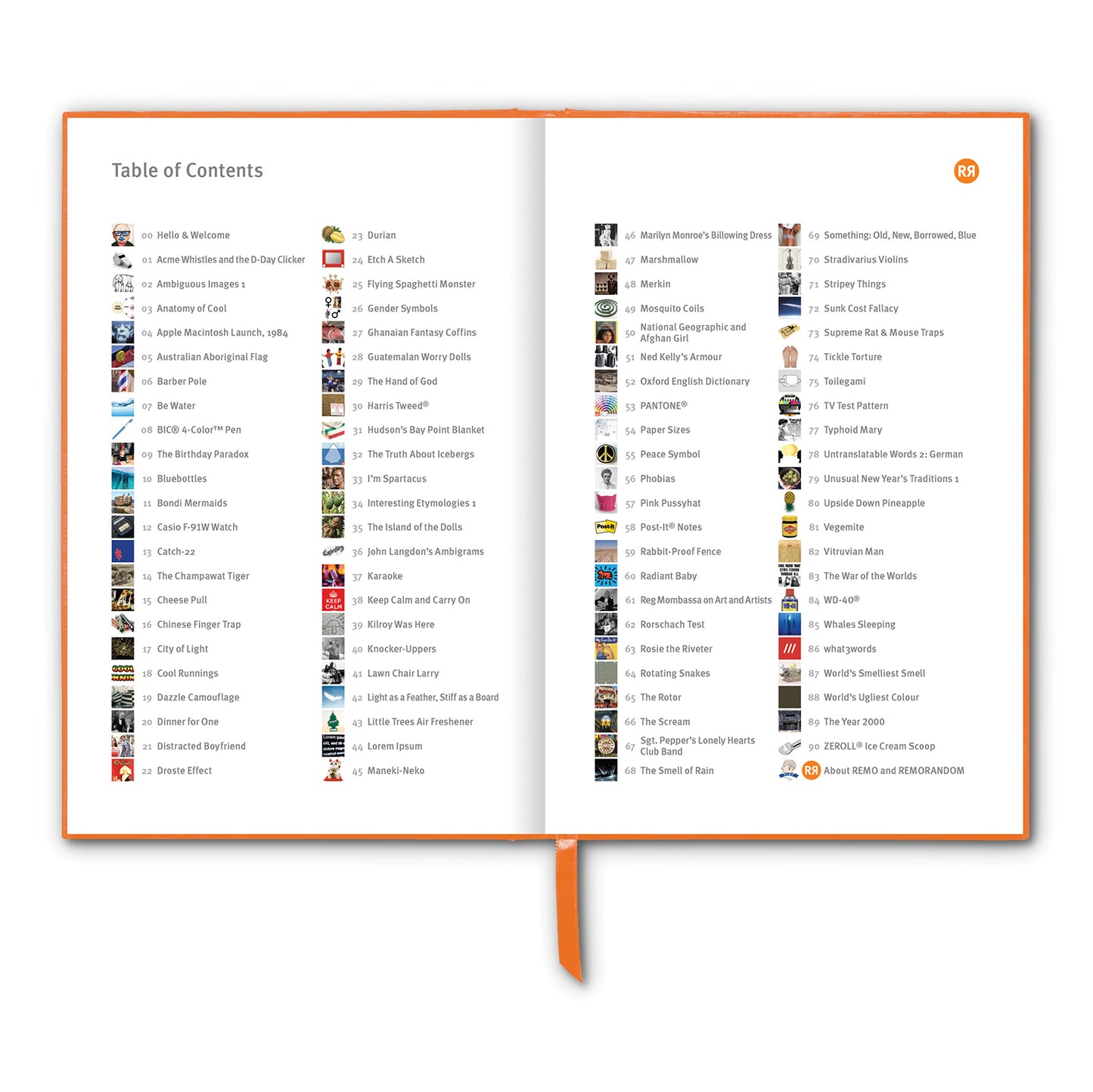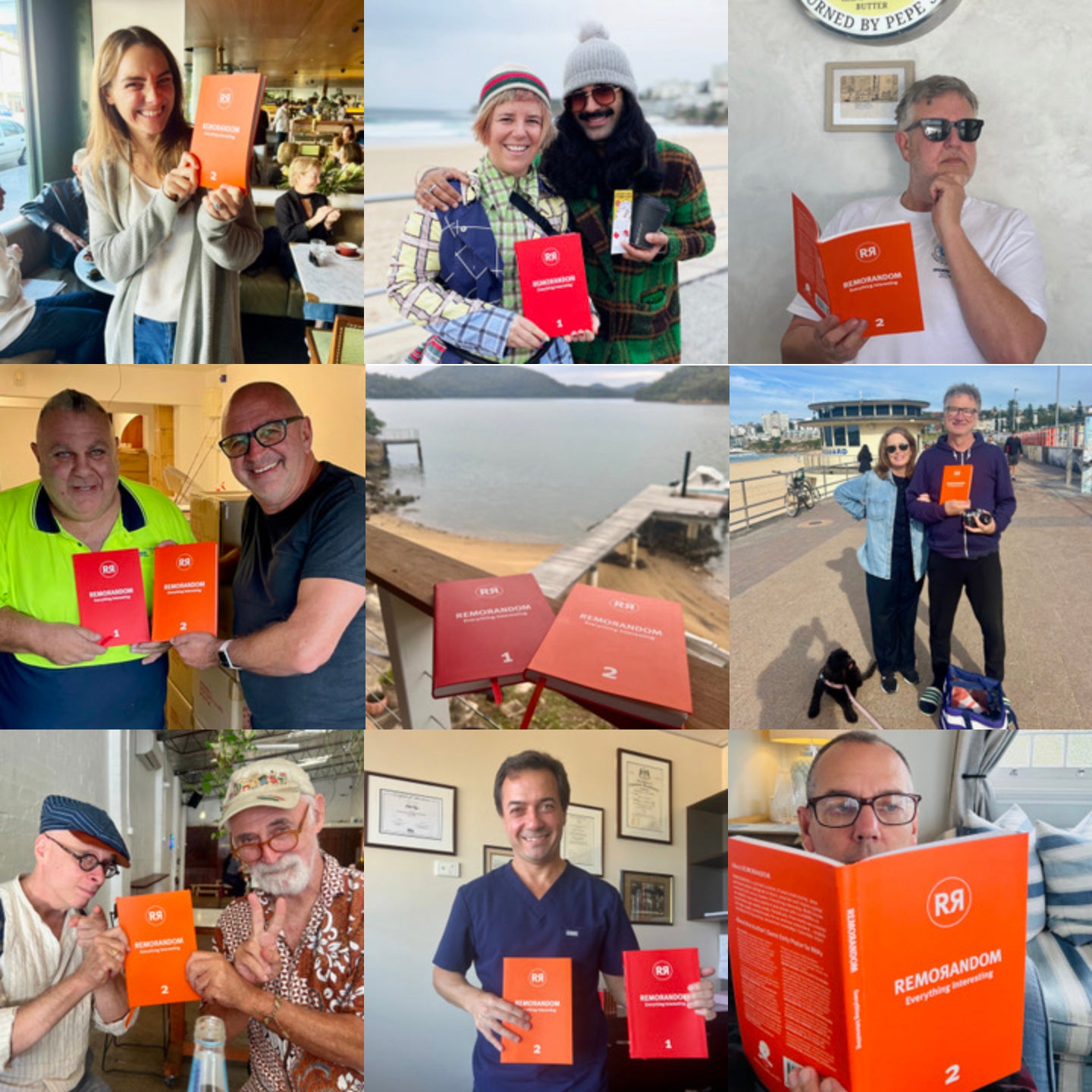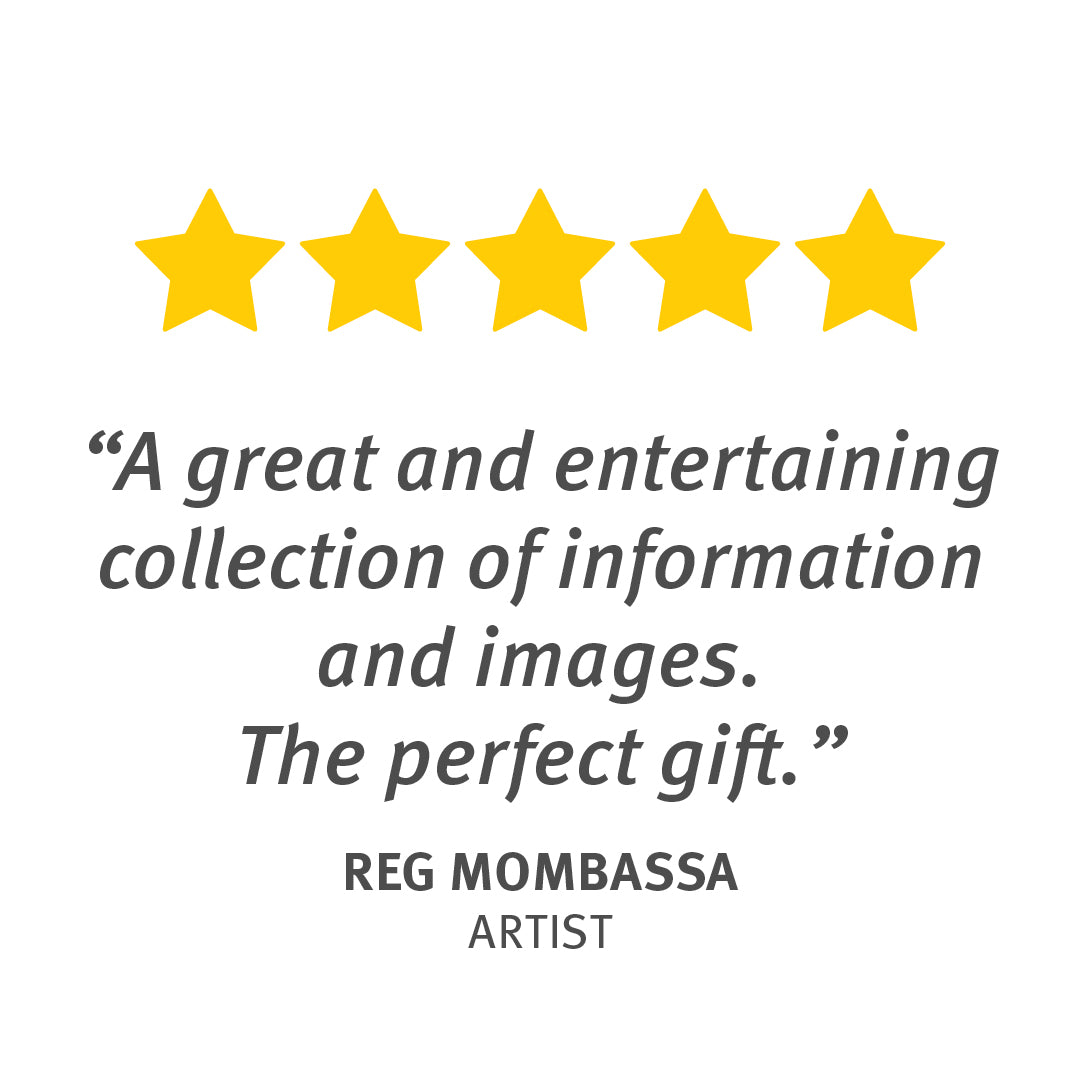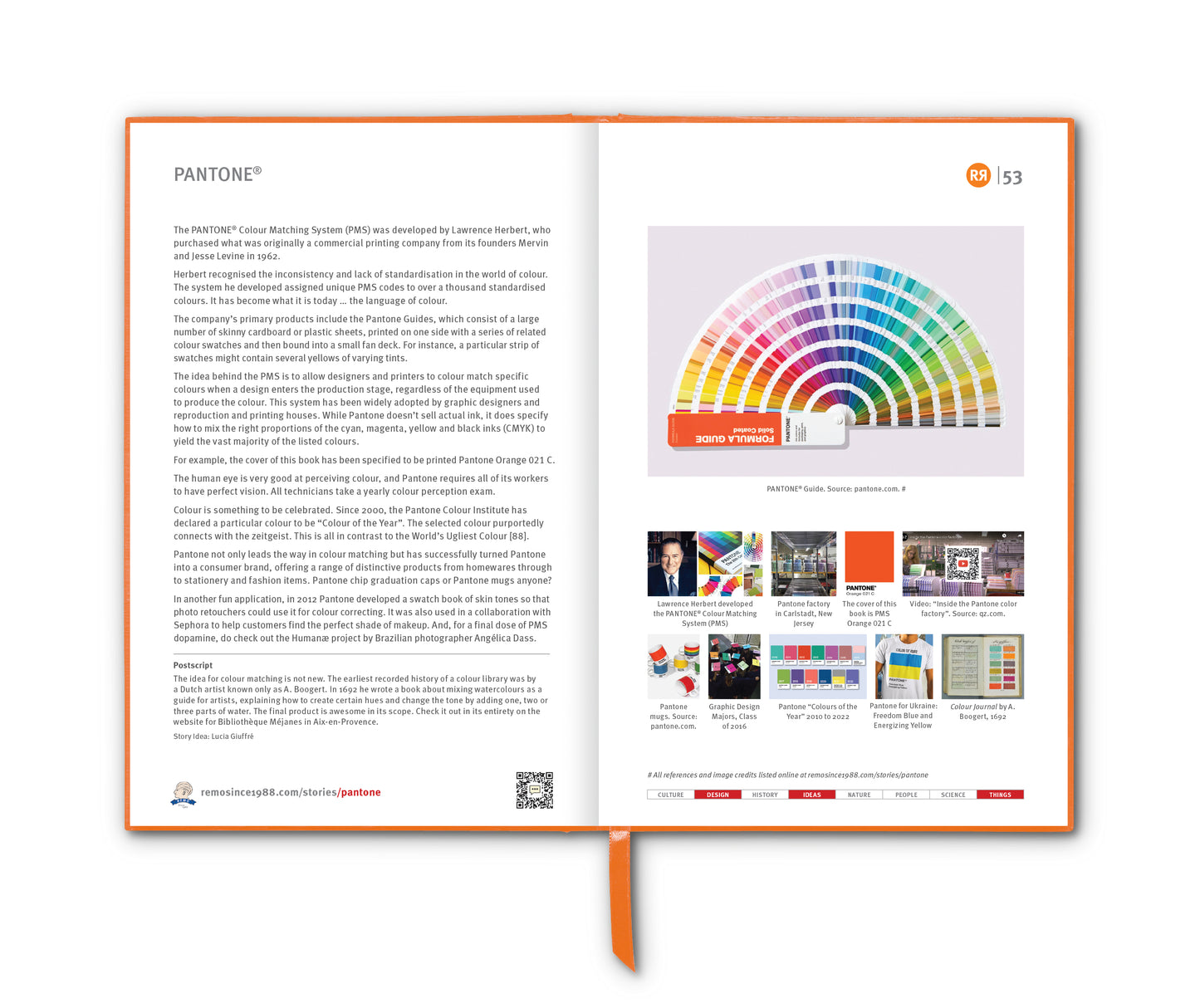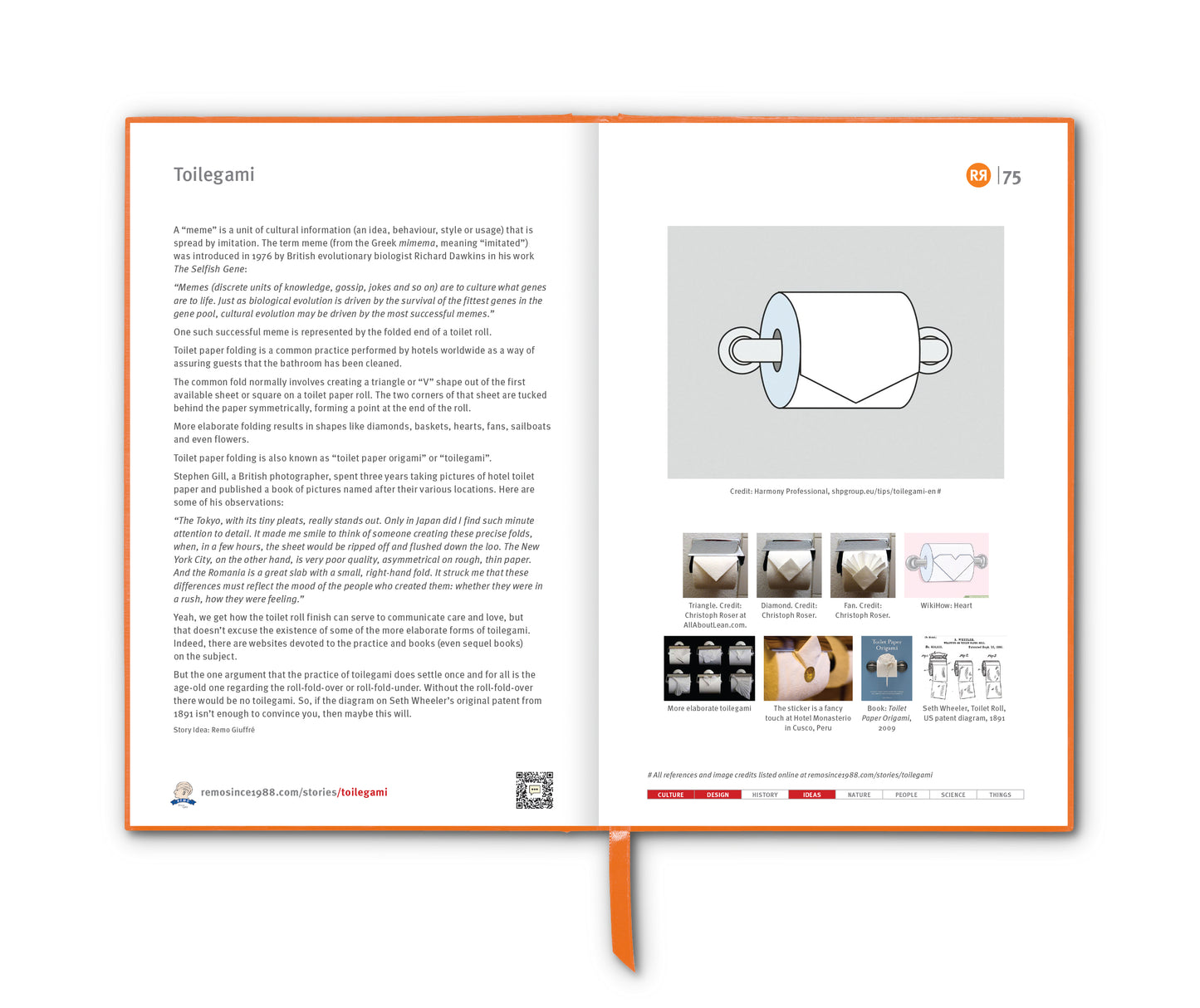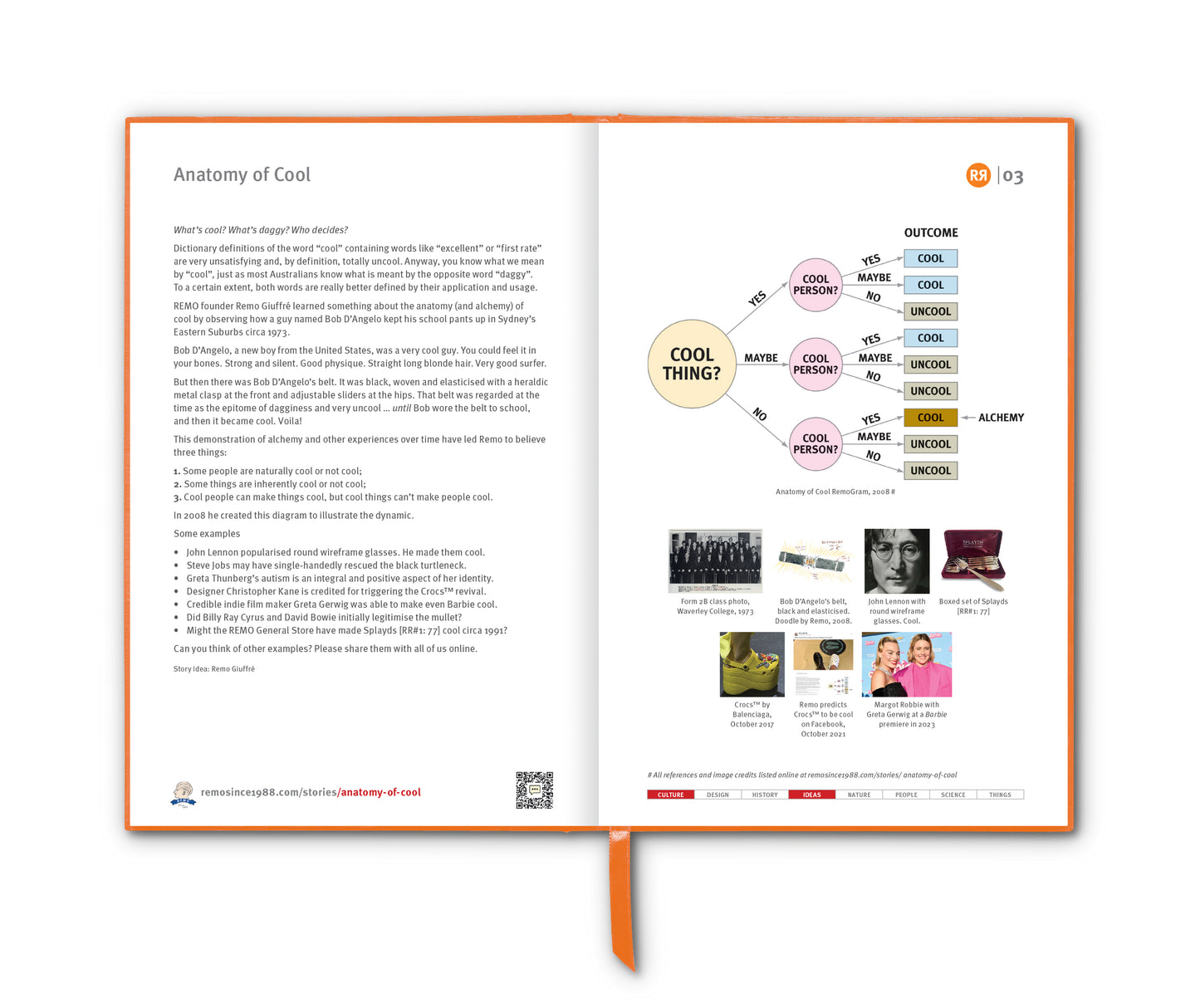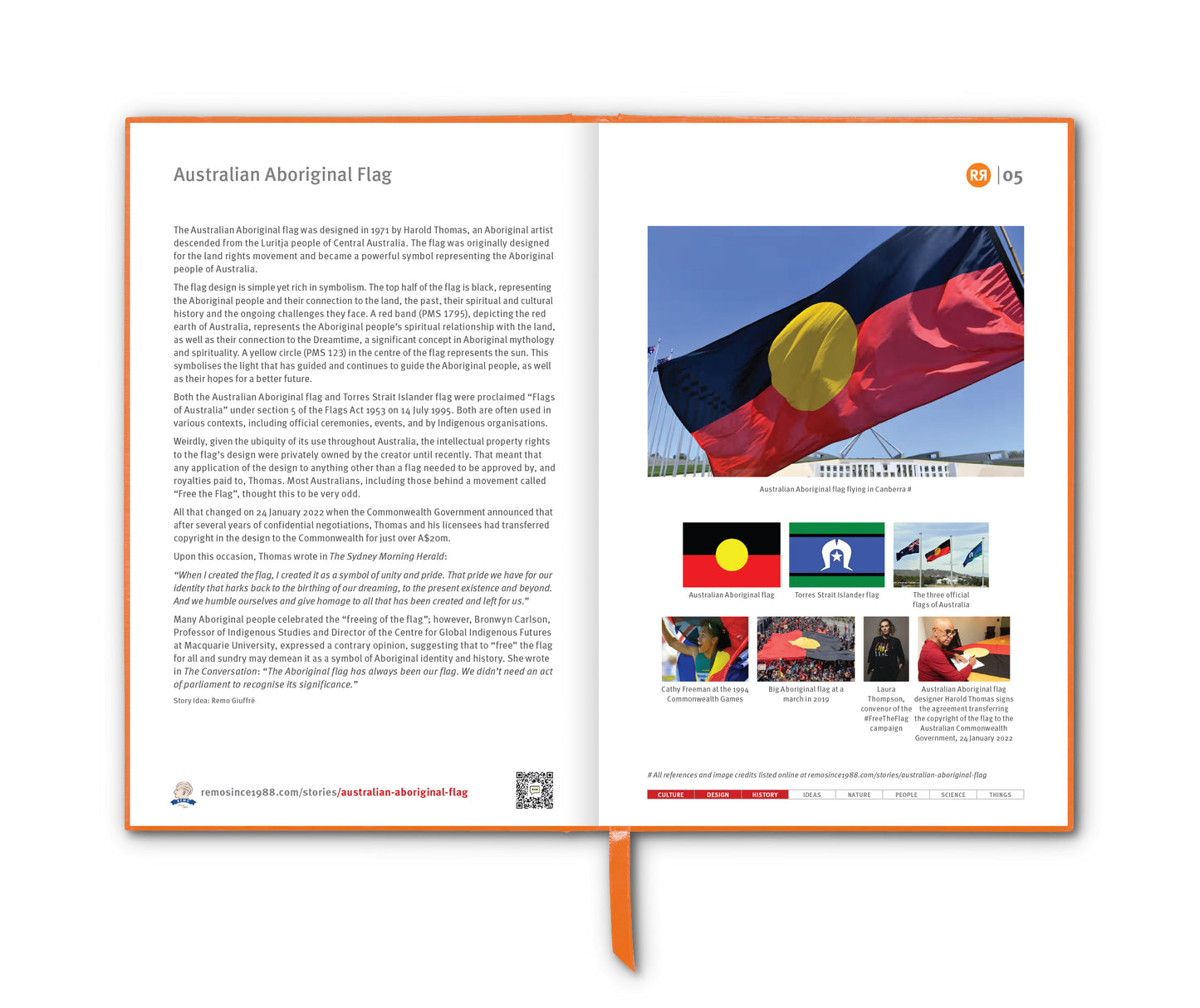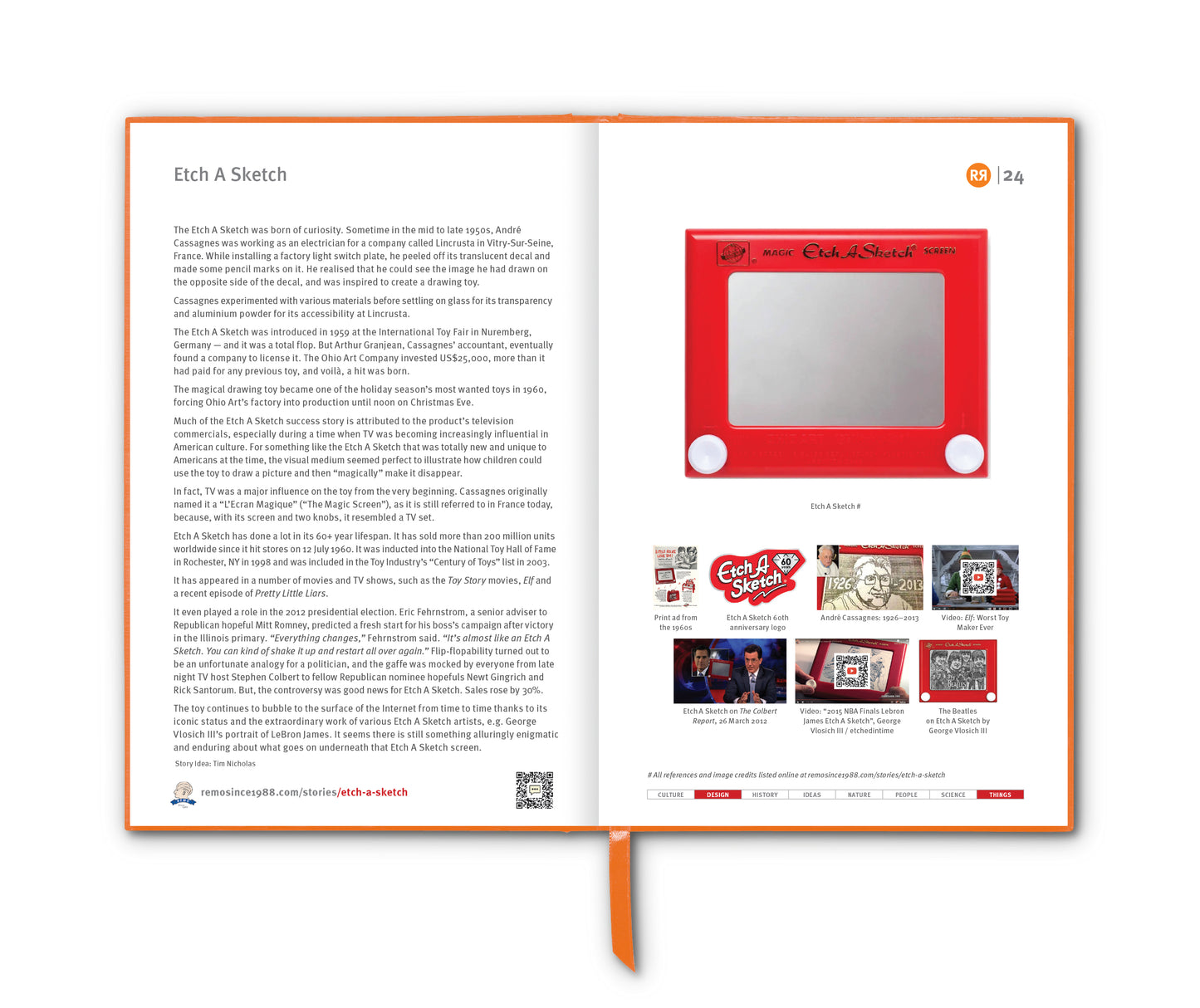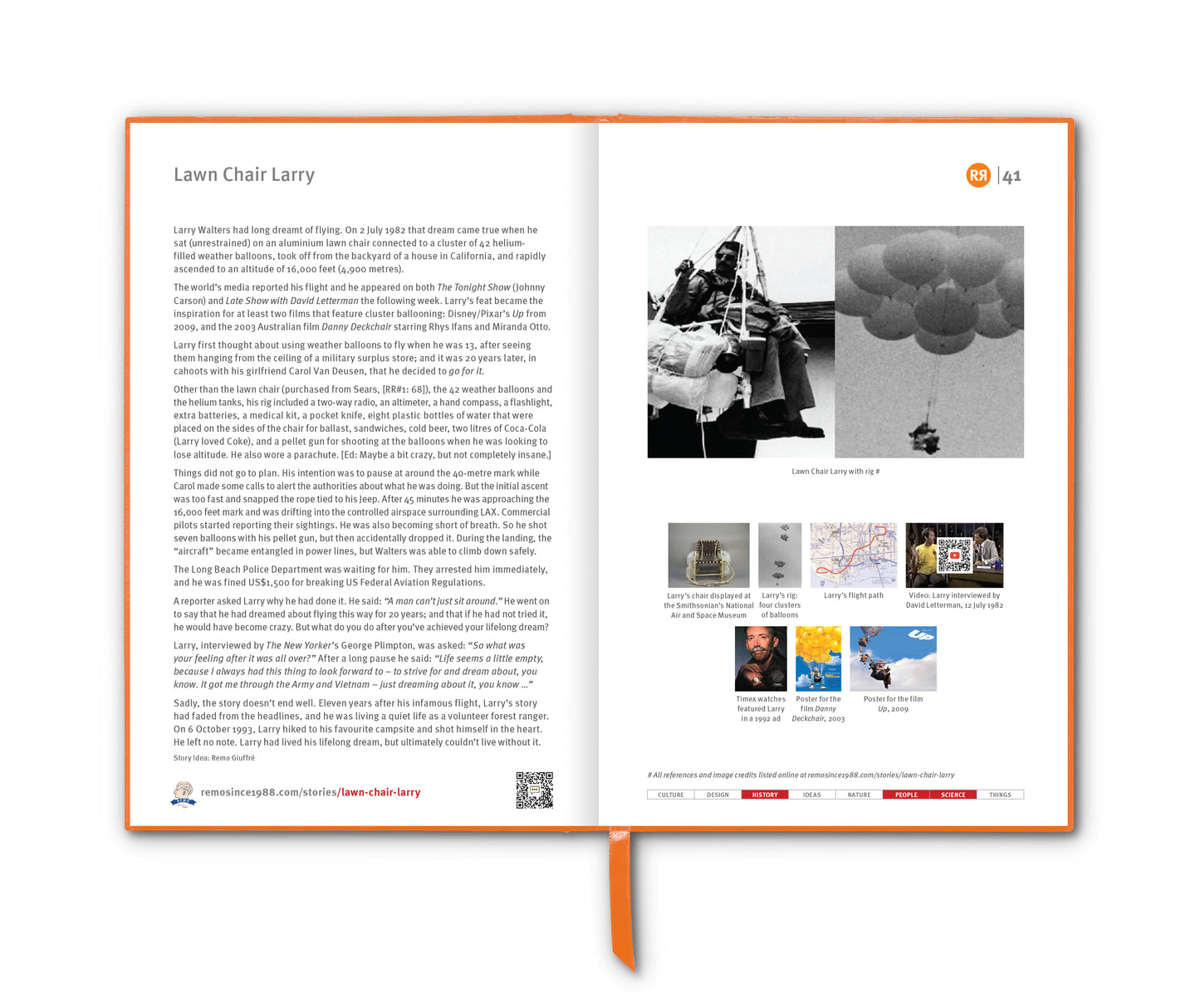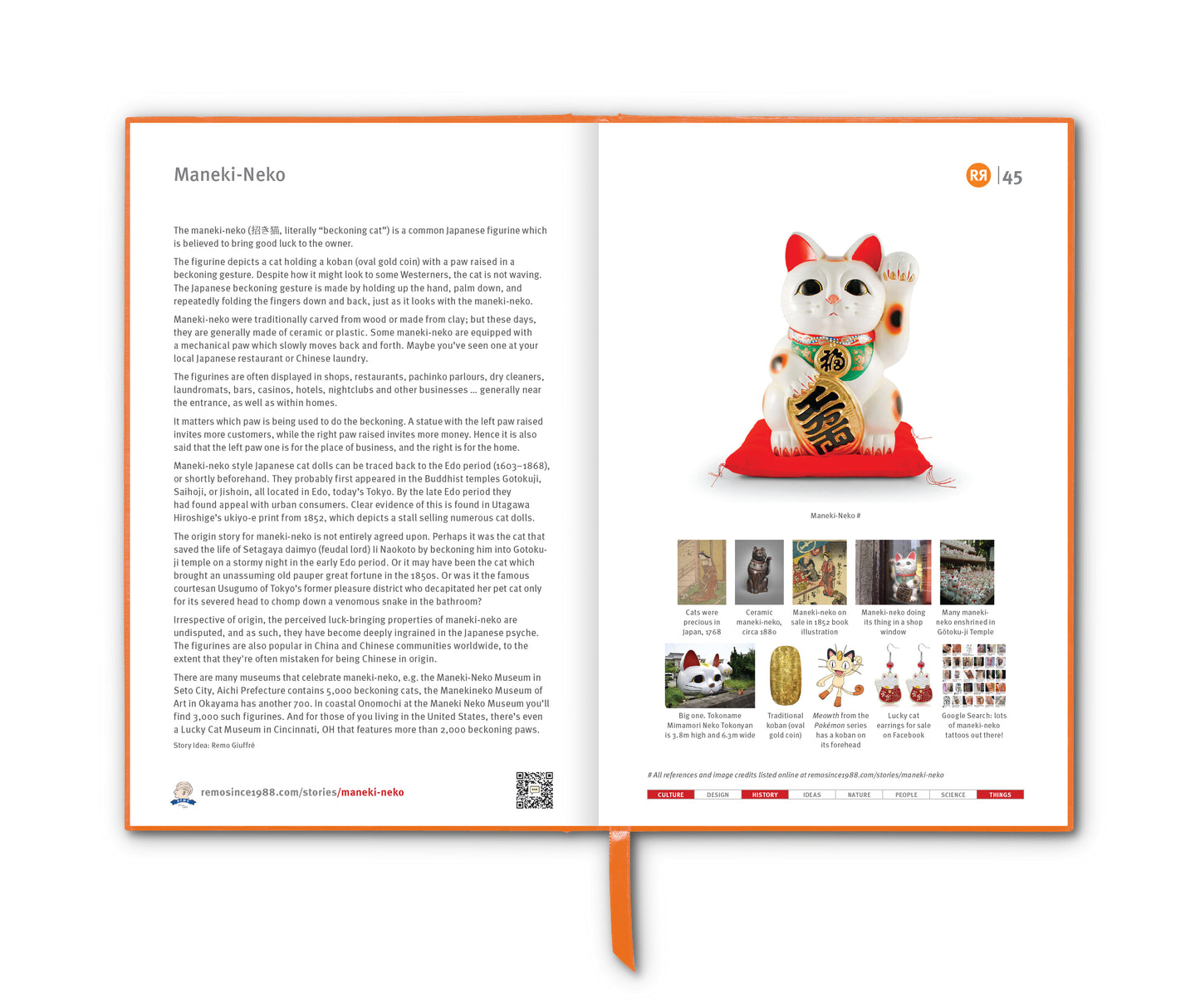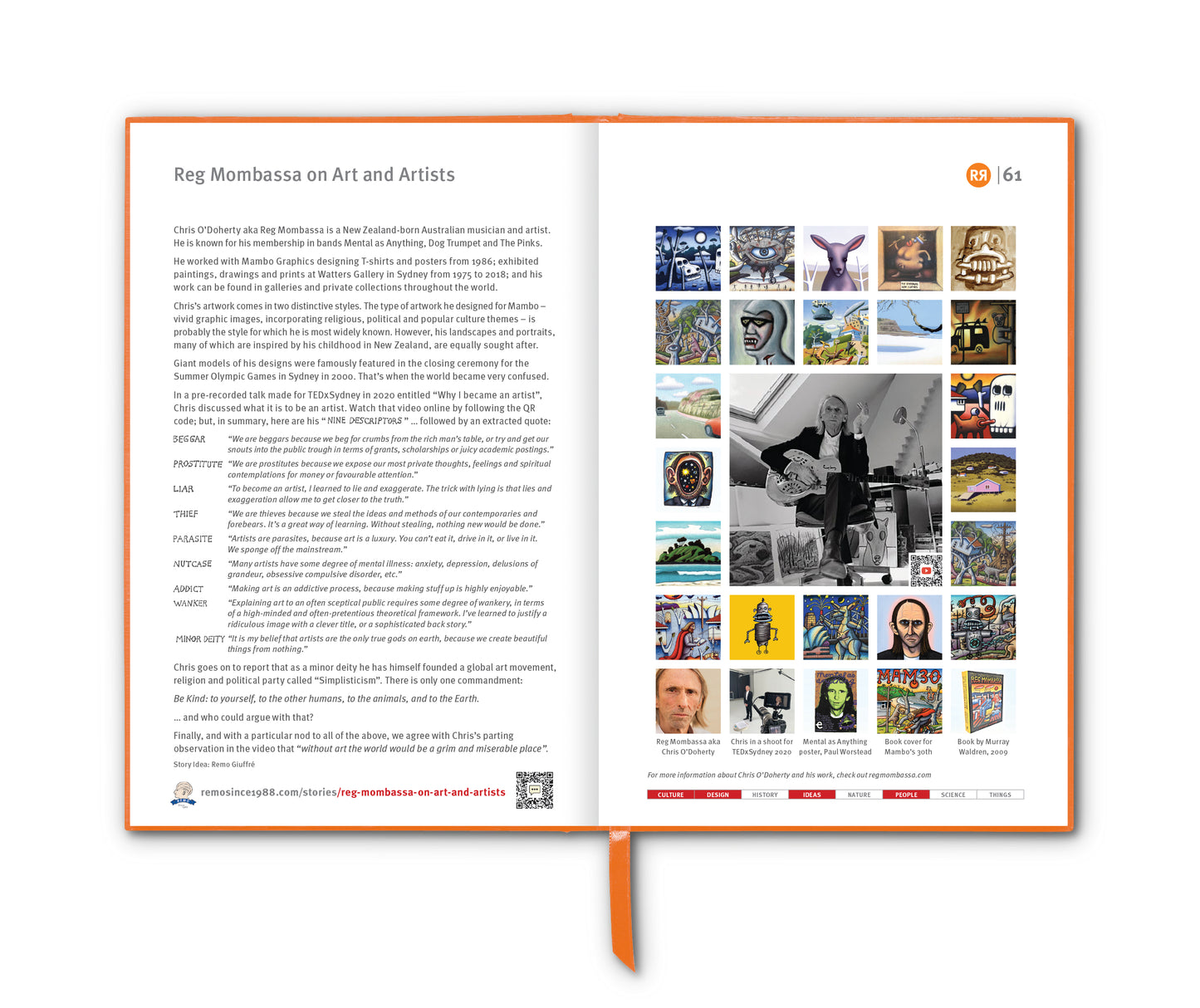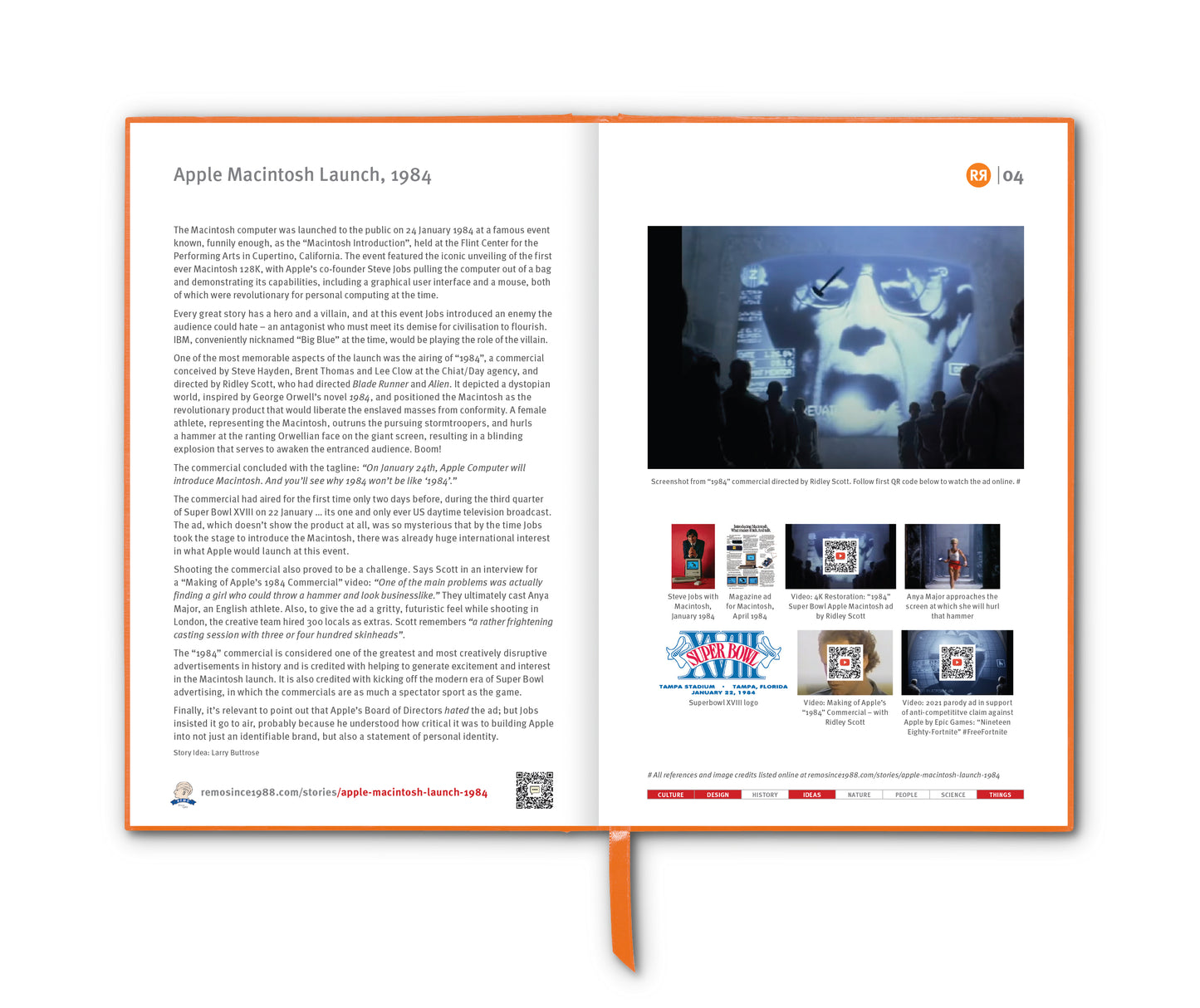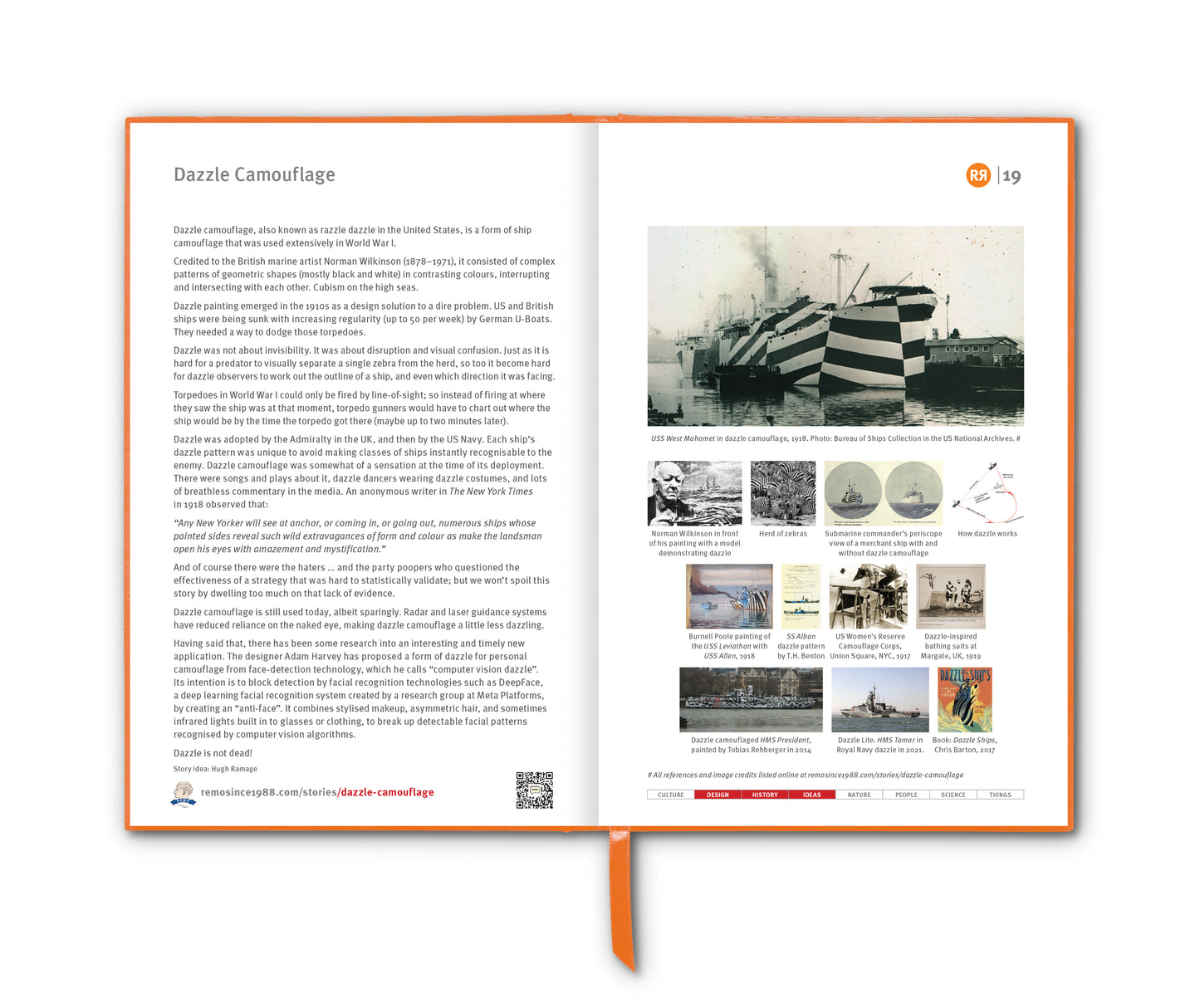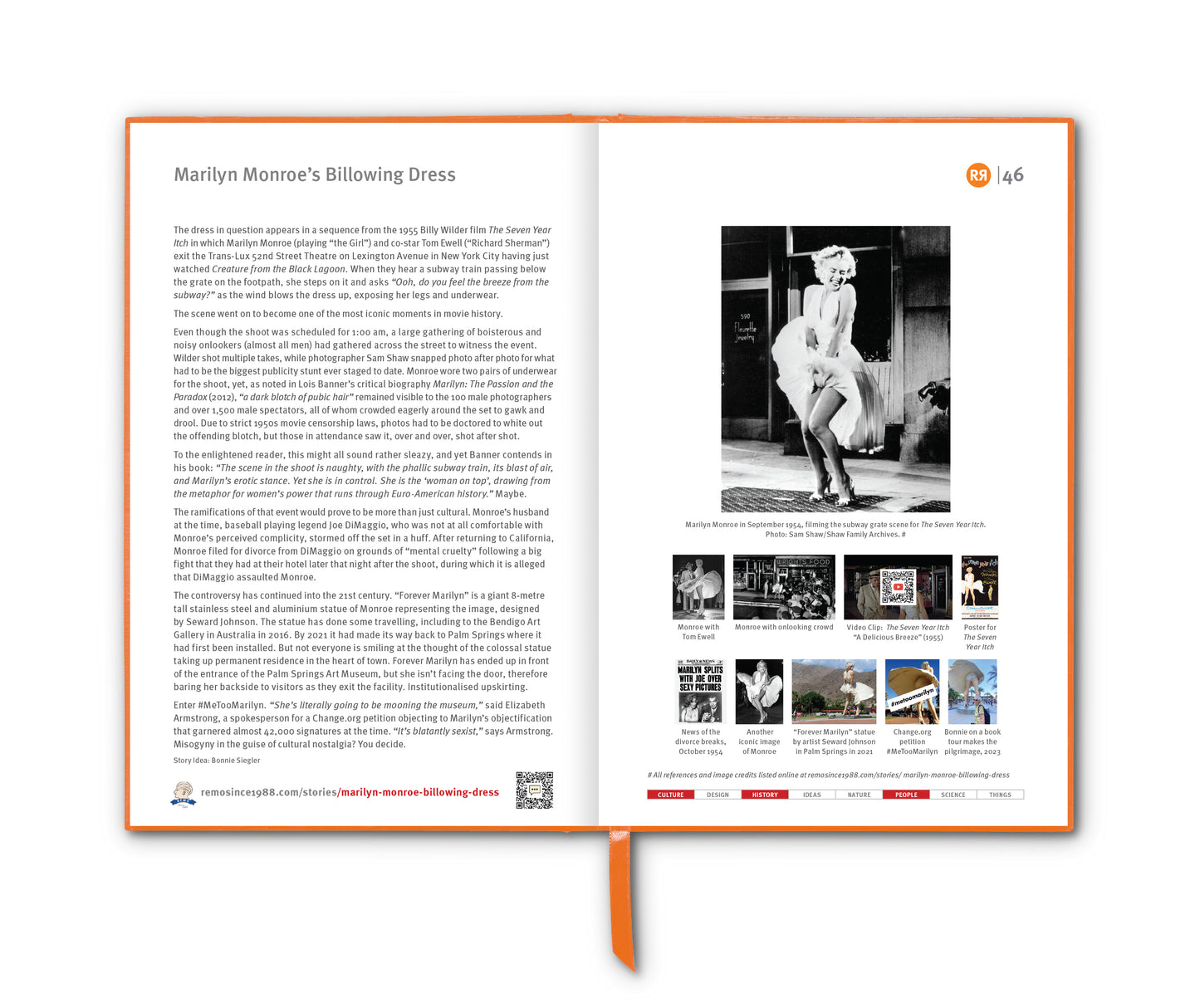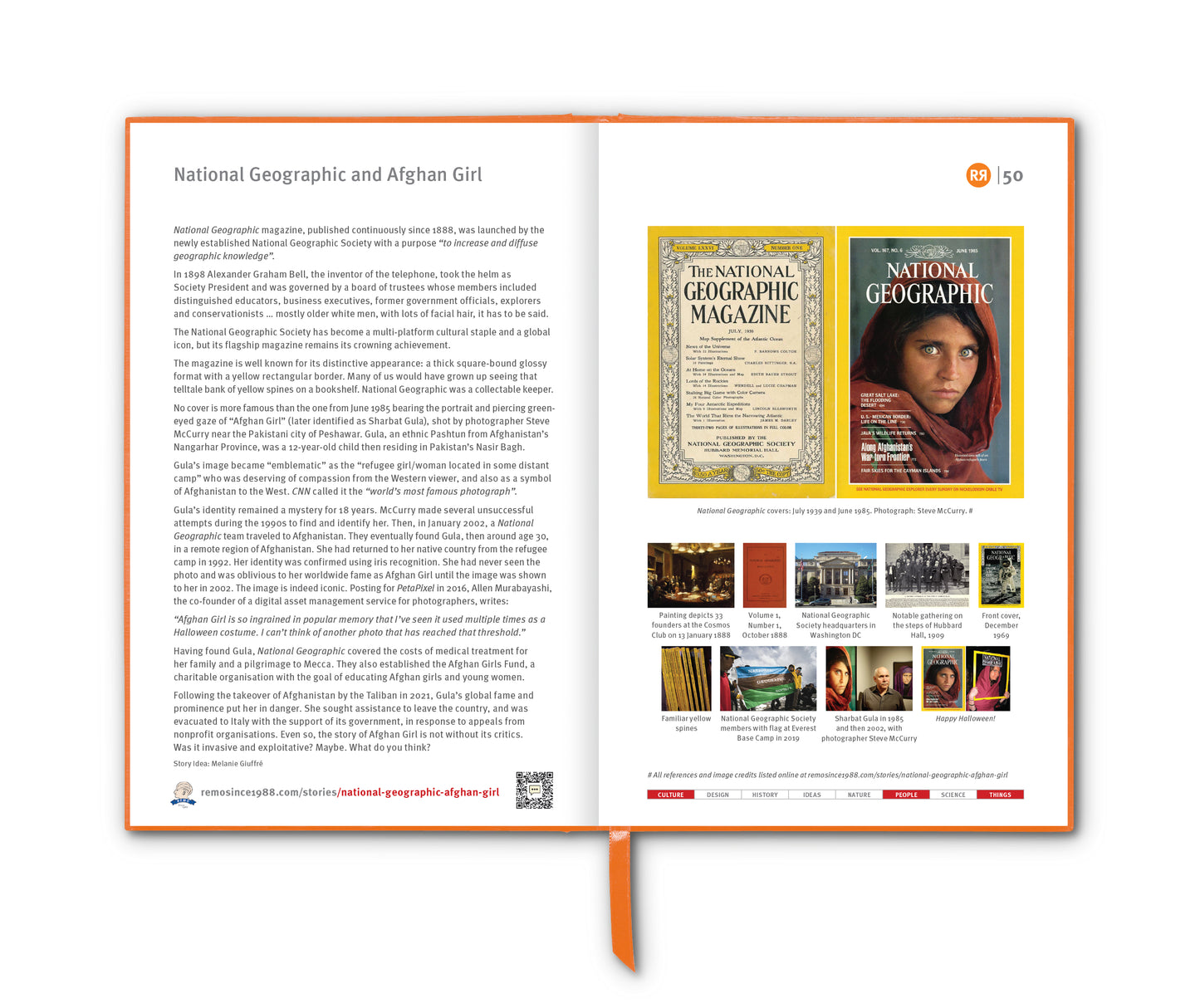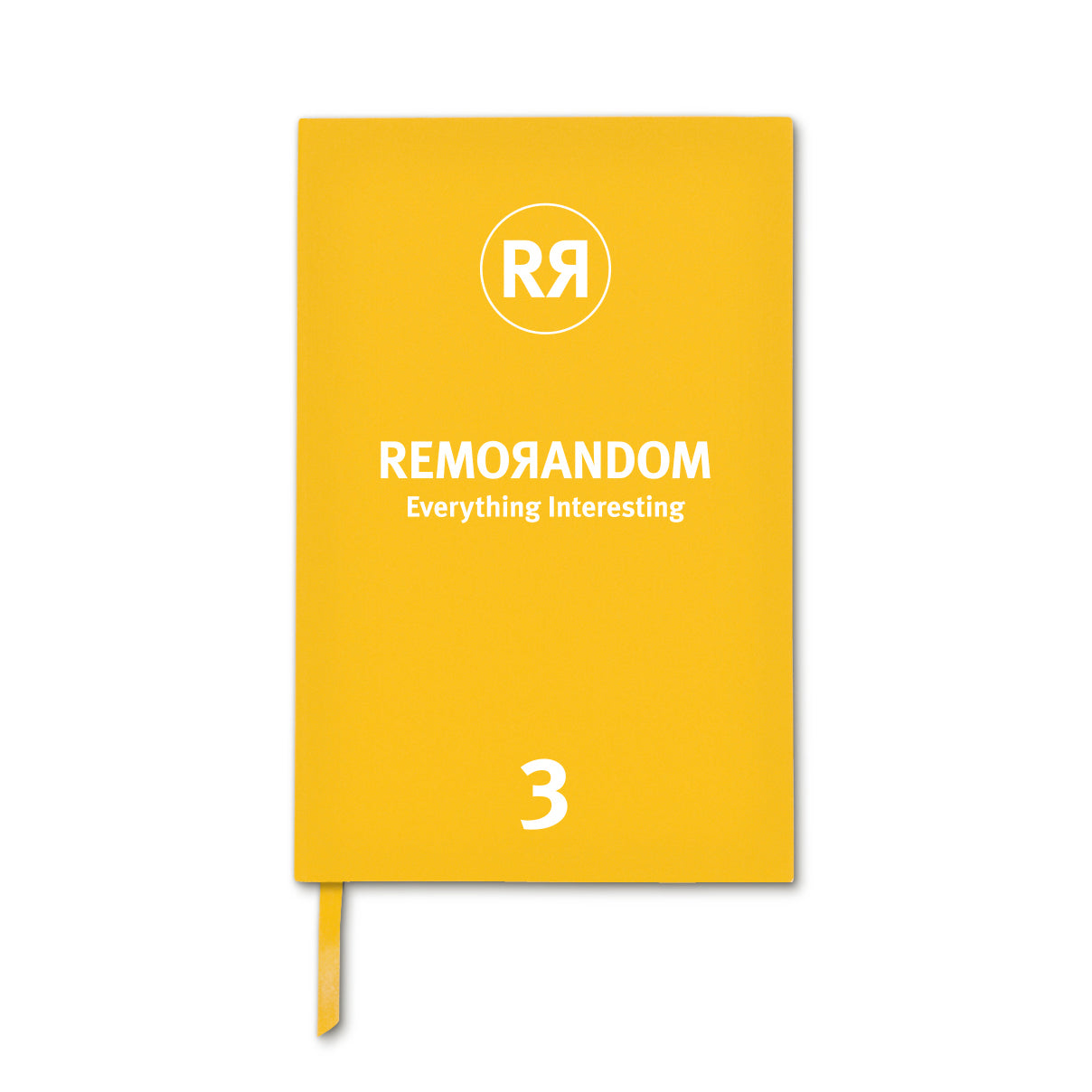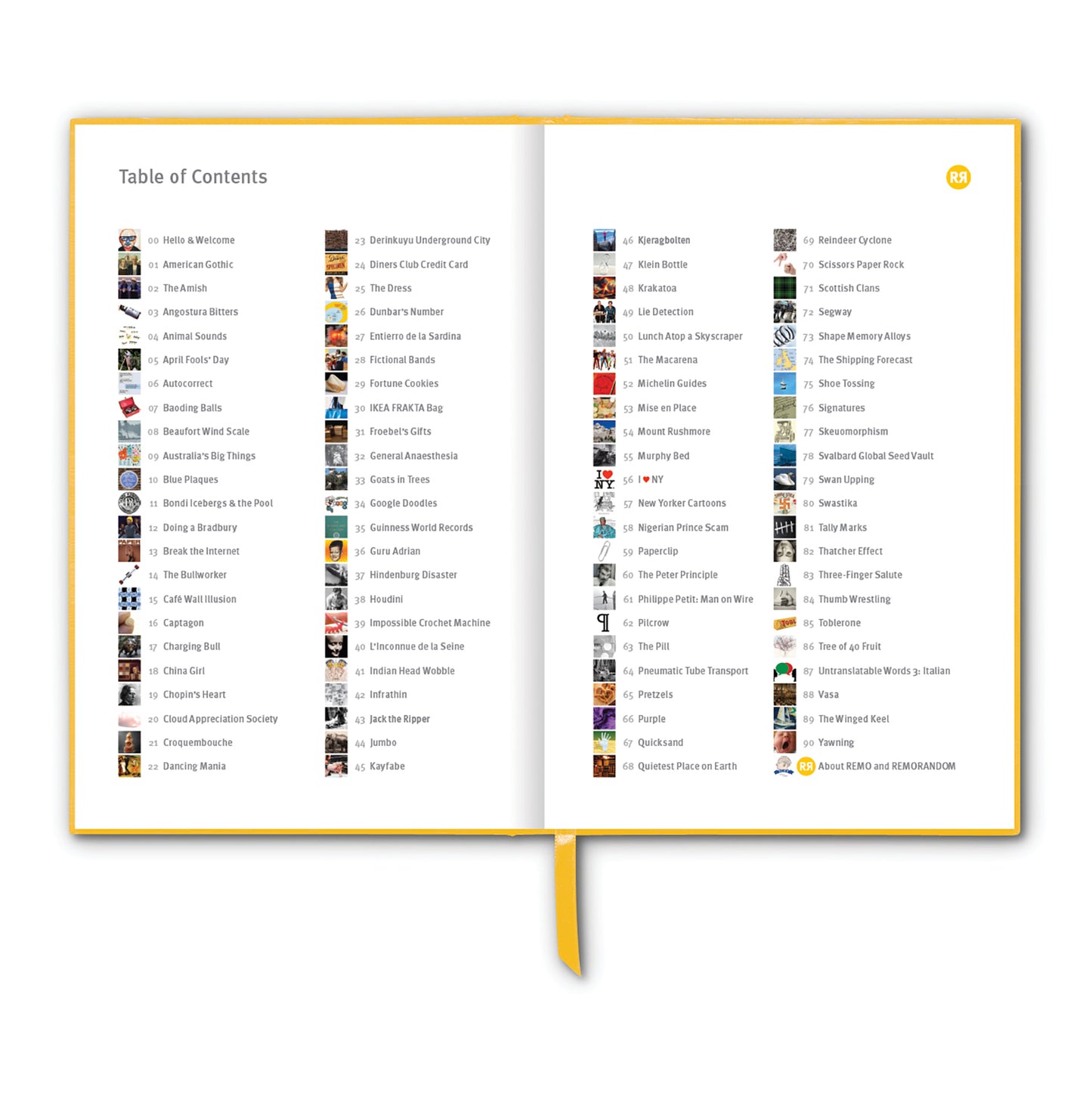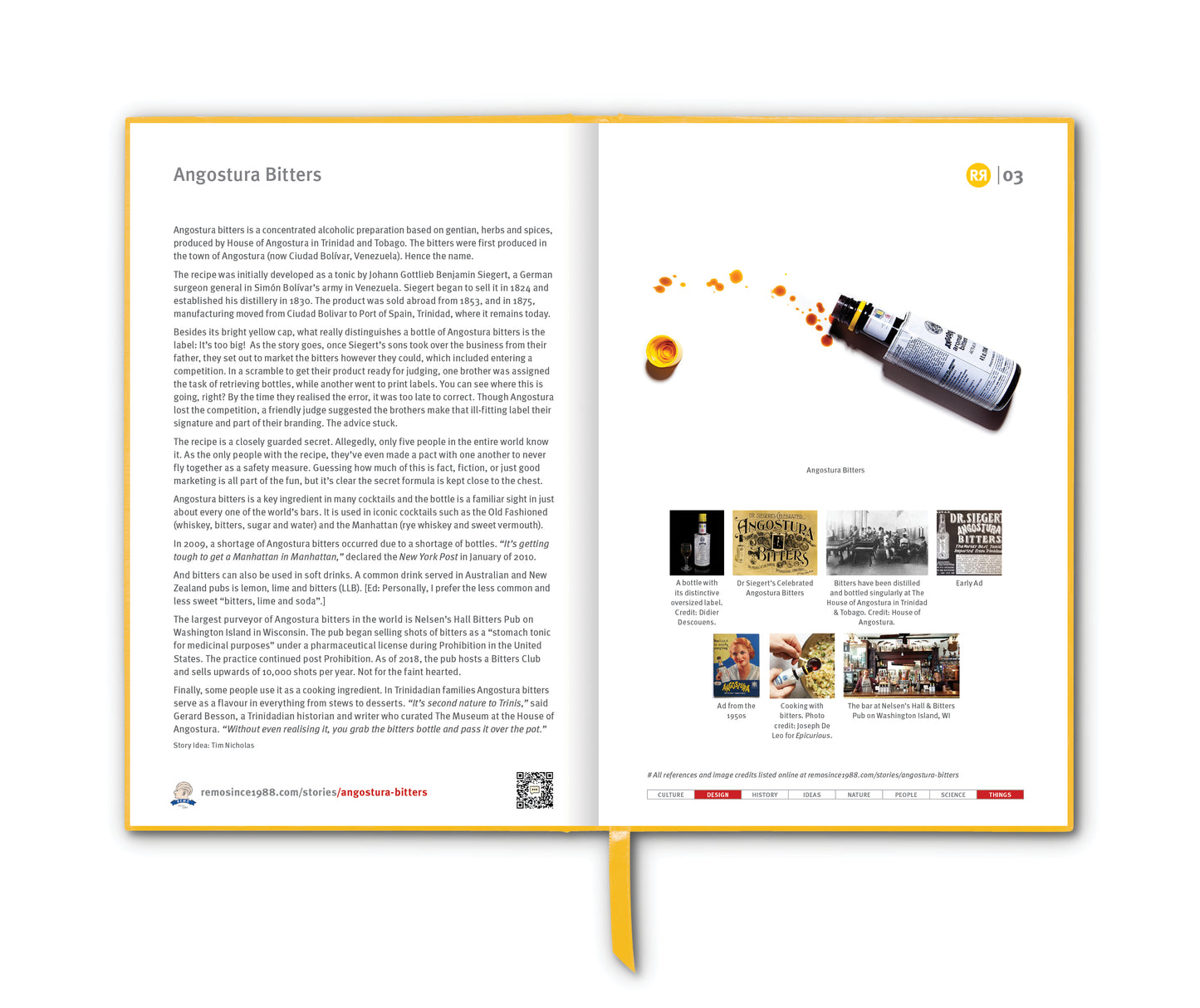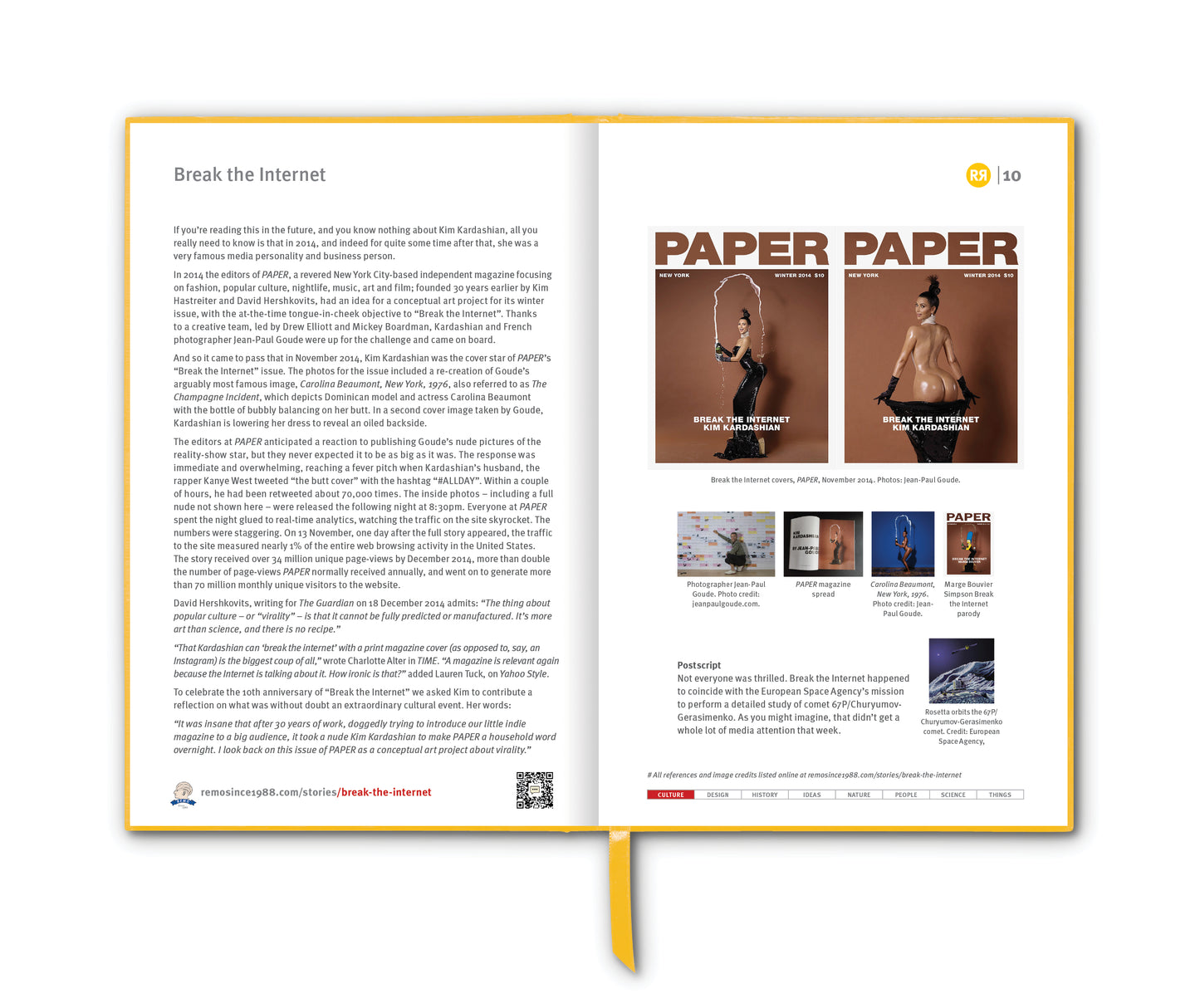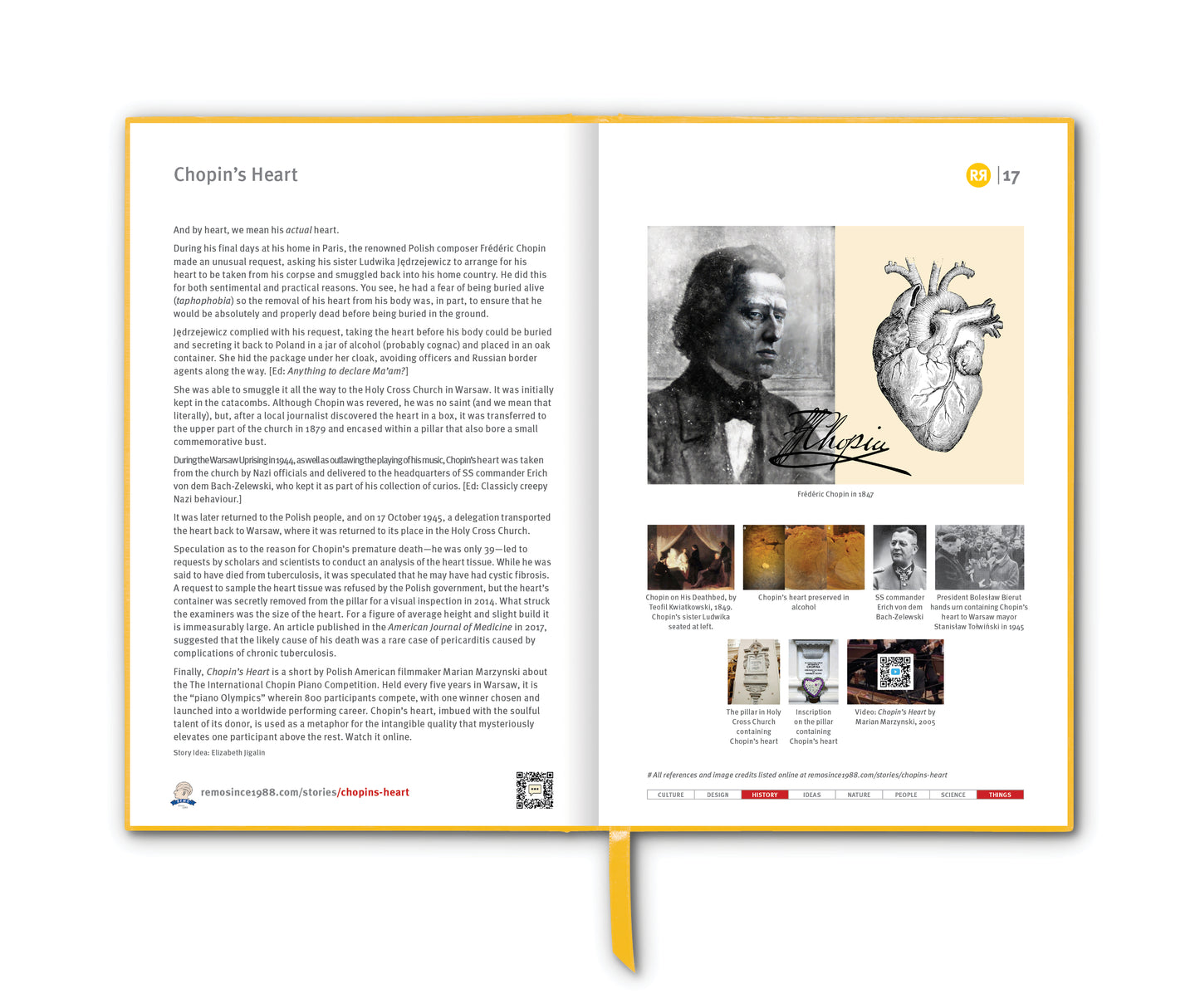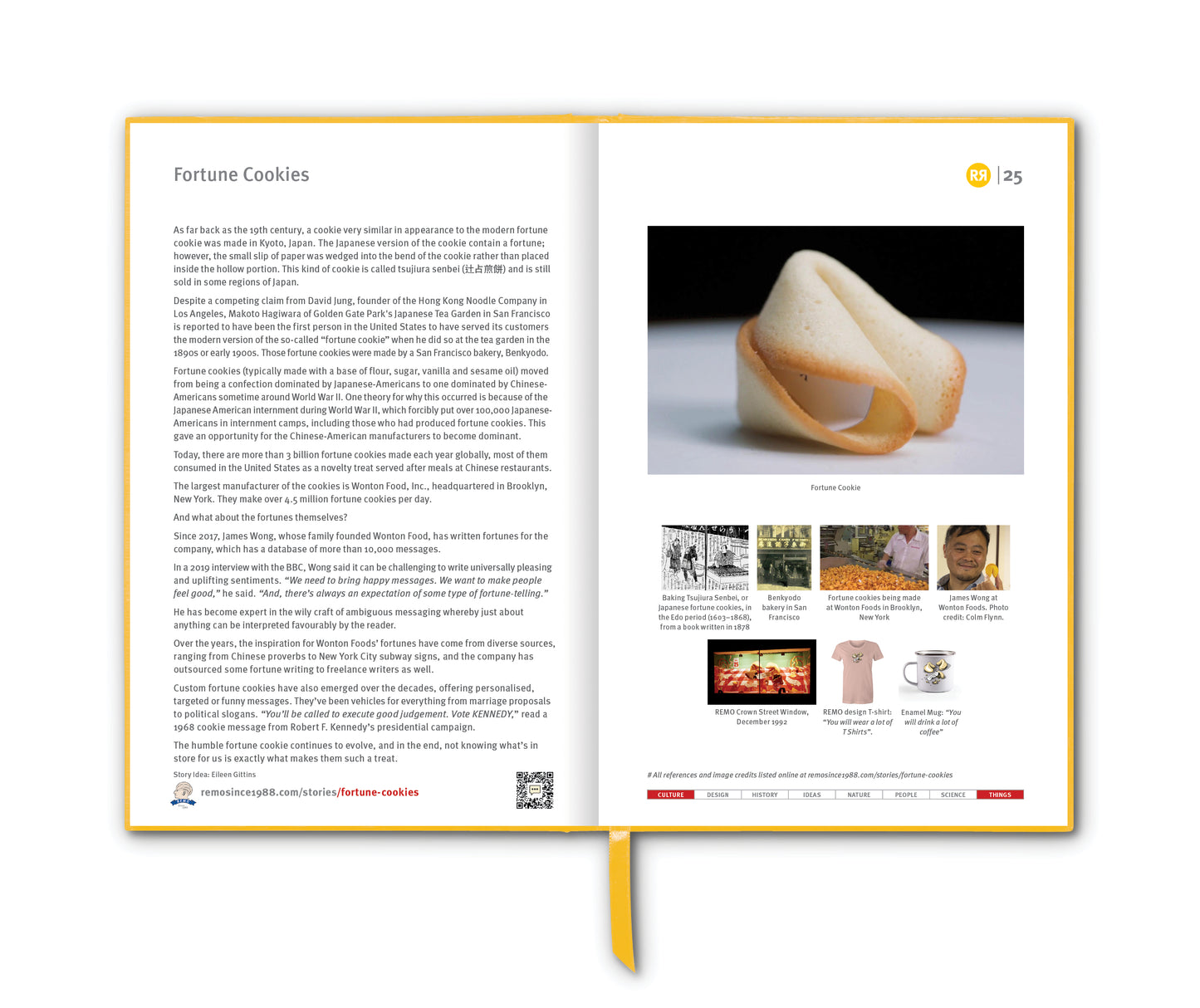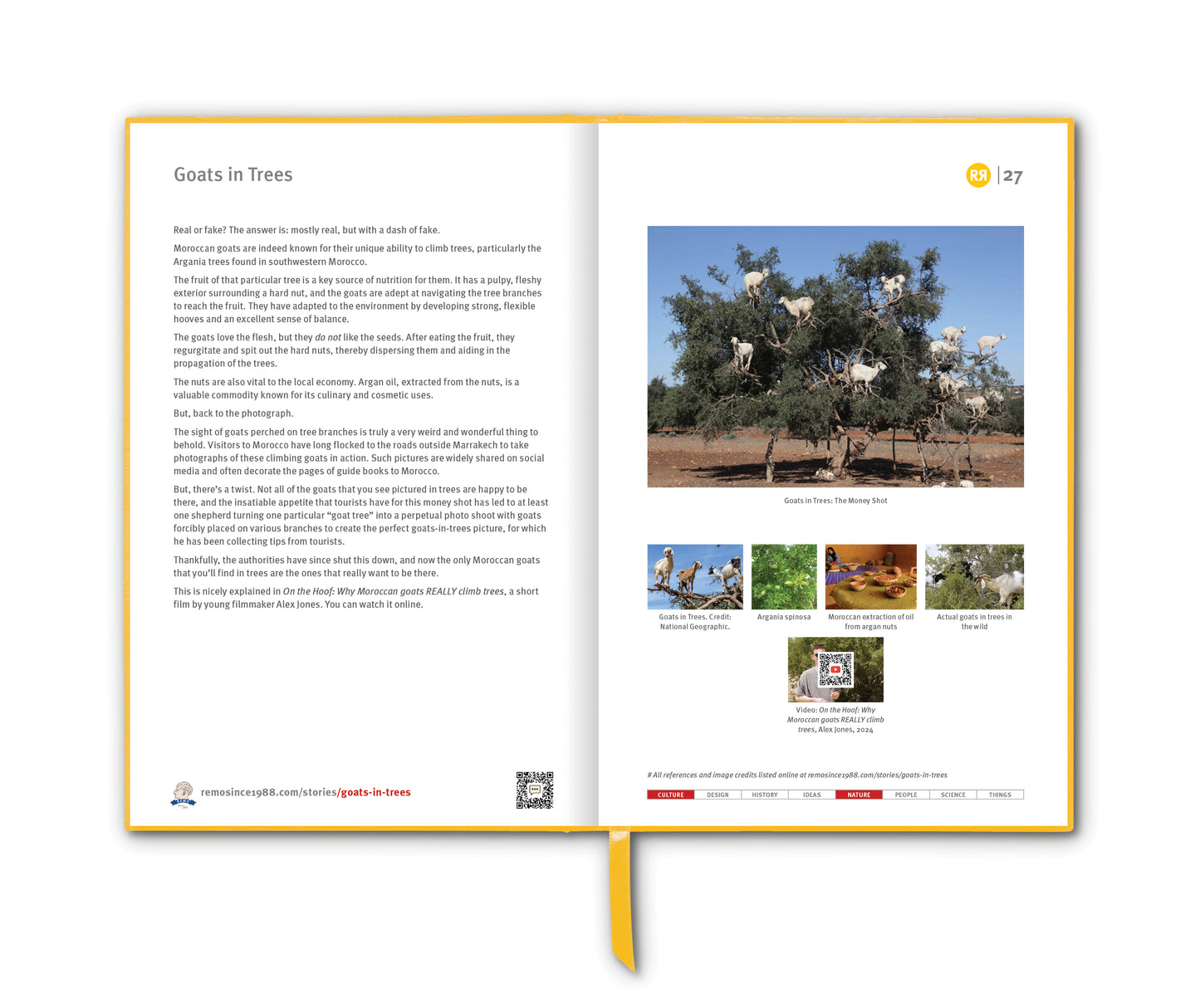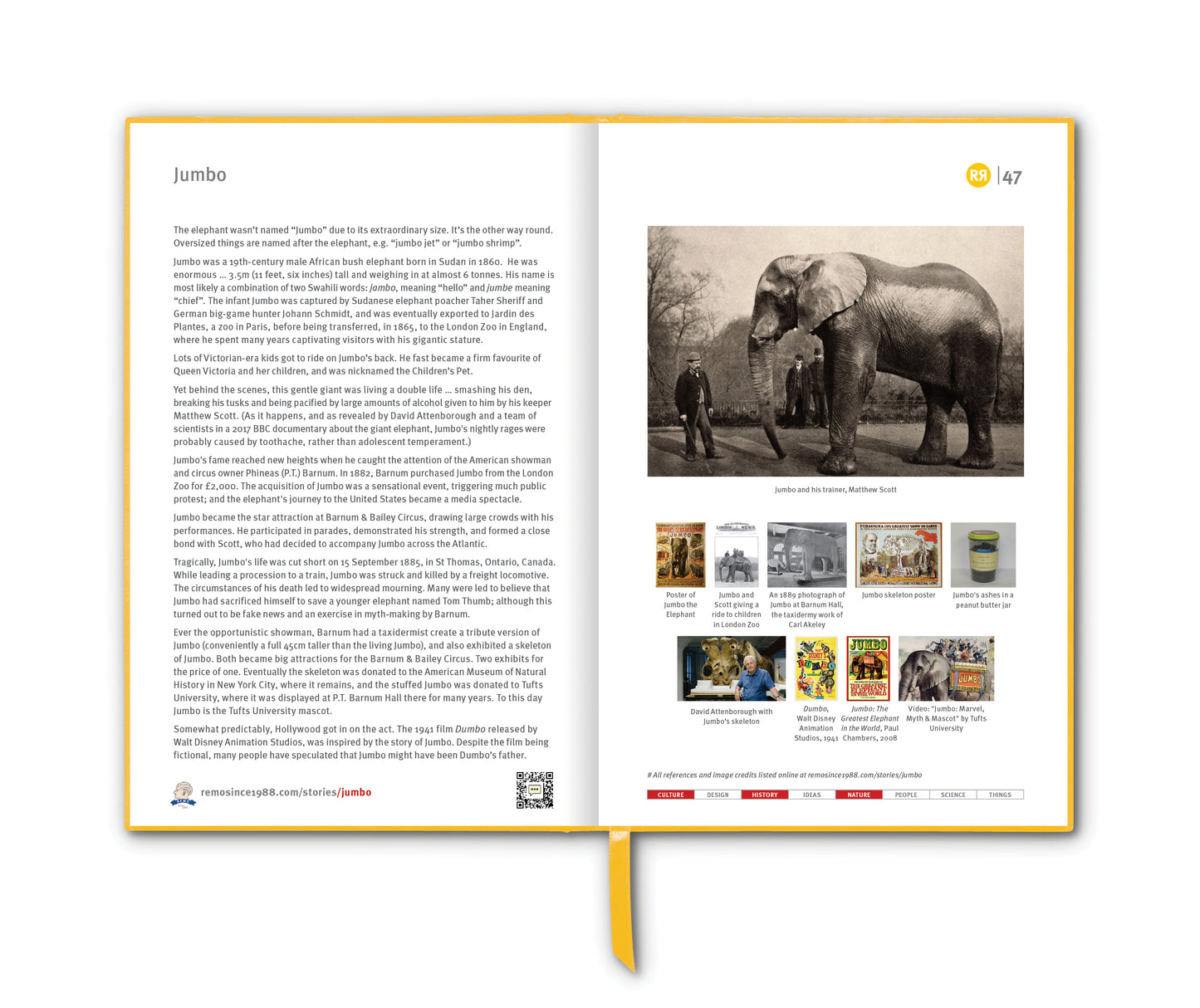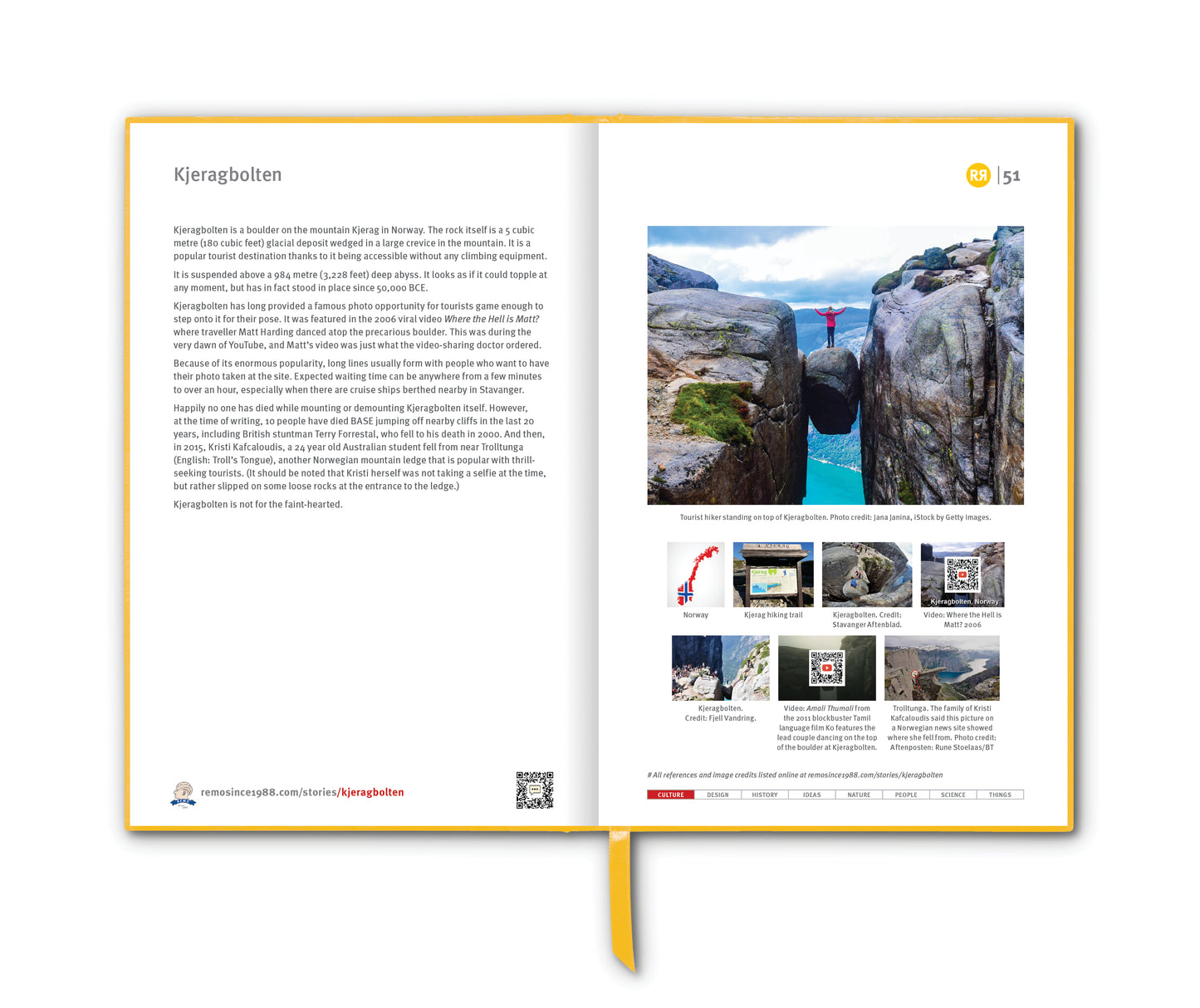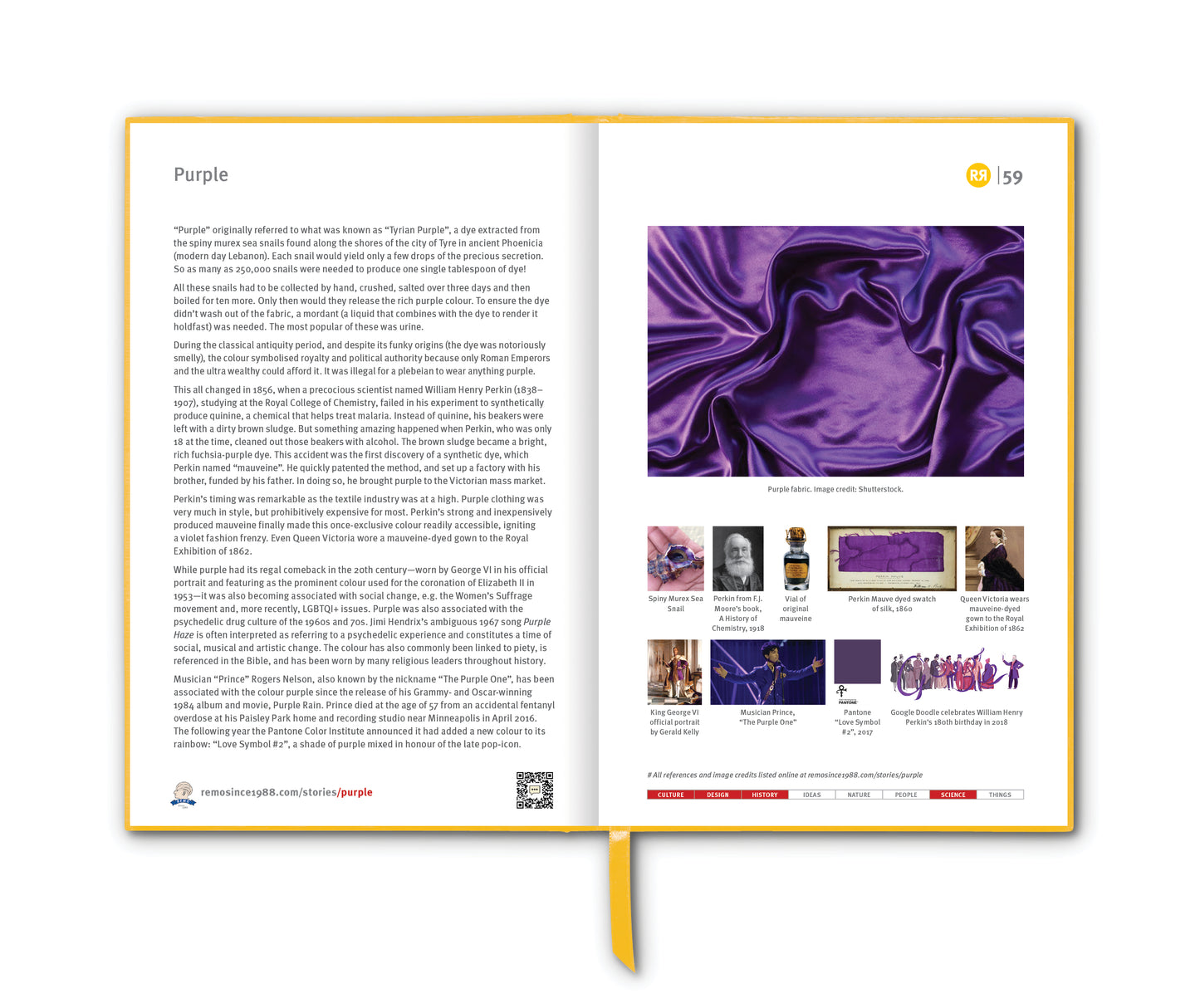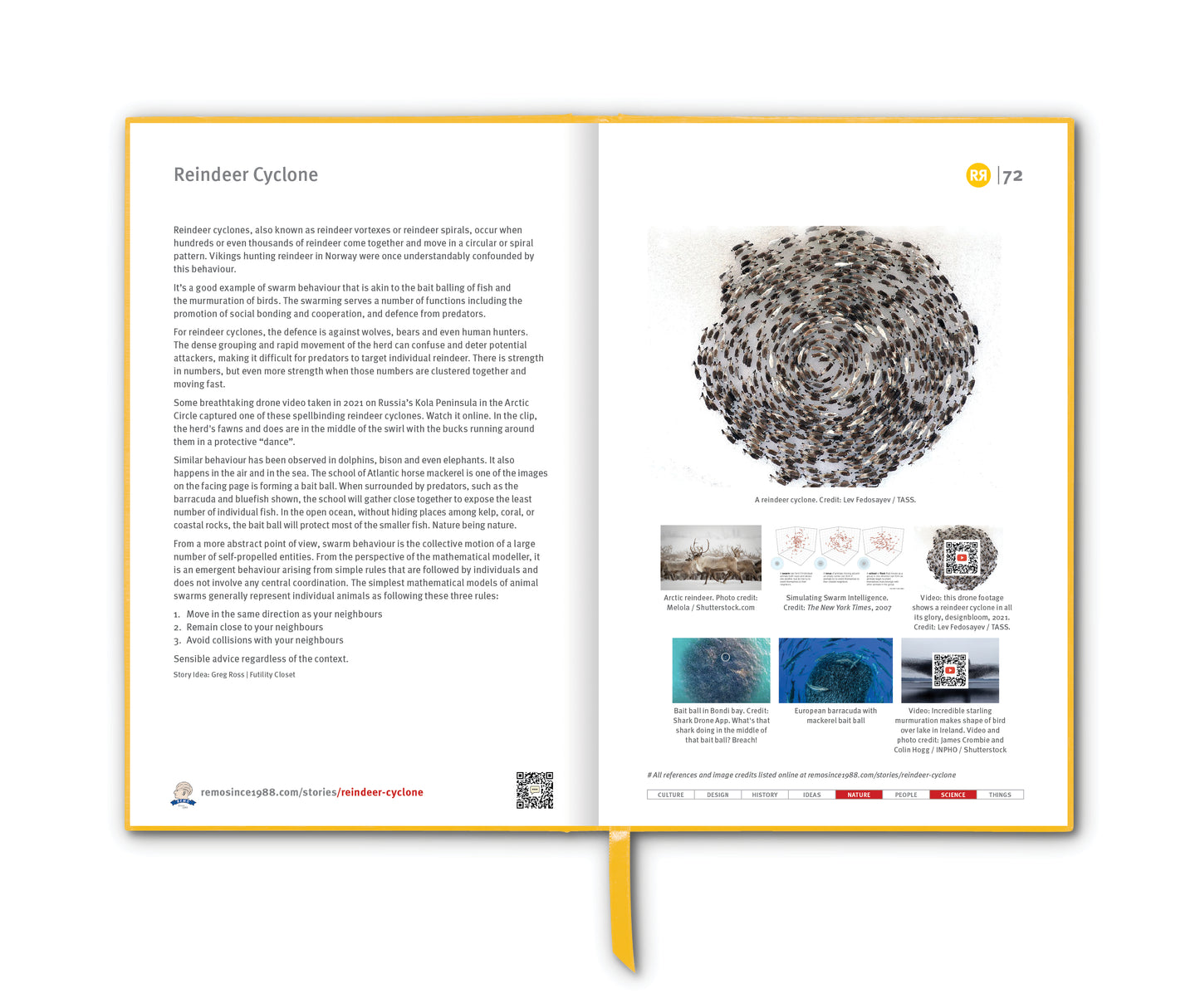In 2007, during a Scrabble tournament in the UK, a player named Philip Appleby played a seven-letter word that left everyone baffled. He played the word "CAZIQUES" which refers to South American tribal leaders, earning an impressive 392 points for that single move. It is the highest-scoring single play ever recorded in a Scrabble tournament.
Where did Scrabble come from?
In the midst of the Great Depression, an unemployed architect named Alfred Mosher Butts became determined to create a game that could provide entertainment during tough times. Butts began tinkering with lettered tiles and a board, combining elements of crossword puzzles and anagrams. He meticulously calculated the frequency and value of each letter, designing a system that would reward players for strategic word placement. After several iterations, Butts initially called his creation "Lexiko”.
Butts faced numerous rejections from game manufacturers, as they deemed the game too complex or unmarketable. Undeterred, he persisted, making adjustments and refining the rules. Eventually, he caught the attention of James Brunot, who saw potential in the game. In 1948, Brunot acquired the rights and renamed it "Criss-Cross Words”.
Criss-Cross Words underwent further changes, including modifications to the board design and scoring system. Brunot initially manufactured the game by hand, but the demand soon outpaced his capacity. In 1952, he licensed the game to Selchow and Righter, a company that had previously turned down Butts' proposal. Under their management, the game was rebranded as "Scrabble”, an actual word meaning “scratch or grope around with one's fingers to find, collect, or hold on to something”.
Scrabble's popularity began to soar in the early 1950s, as families and friends discovered the joy of arranging letters into words. Selchow and Righter embarked on marketing campaigns, organising tournaments, and promoting the game's educational benefits. By the mid-1950s, Scrabble had become a cultural phenomenon, capturing the imagination of players across the United States.
As Scrabble's success spread, international editions were developed, adapted to different languages and alphabets. The game's appeal transcended borders and cultures, showcasing the universality of language and the delight of wordplay. Scrabble tournaments emerged, attracting competitive players who honed their skills and strategised to maximize their scores.
In 1972, Selchow and Righter faced financial difficulties and sold the rights to the game to the toy company Coleco. Later, in 1986, Coleco's financial troubles led to Hasbro's acquisition of the Scrabble brand. Hasbro has since become the leading producer of Scrabble worldwide, although Mattel owns the rights for many countries as well.
The advent of the internet and digital technology brought new opportunities for Scrabble. Online versions of the game allowed players to compete with opponents from around the globe, transcending geographical boundaries. Mobile applications made it possible to carry Scrabble in one's pocket, providing instant access to wordplay entertainment.
Throughout its history, Scrabble has received recognition for its impact on language and literacy. Studies have shown that playing Scrabble enhances vocabulary, cognitive skills, and linguistic creativity. Scrabble has also inspired competitive players to master the game's strategies, leading to intense battles and record-breaking scores.
Story Idea: Remo Giuffré
____________________________
Scrabble exists in printed form as chapter 65 of RR#1 … available to order HERE
____________________________
References
Images
1. Alfred Mosher Butts with James Brunot. Image Credit: SHORPY
2. Scrabble tiles
3. Modern day Scrabble box
4. Single tile dimensions
5. Alfred Mosher Butts. Getty Images.
6. Scrabble turns 60. Getty Images.
7. REMO People, 1991 with Scrabble tiles
8. Scrabble REMO merchandise HERE
